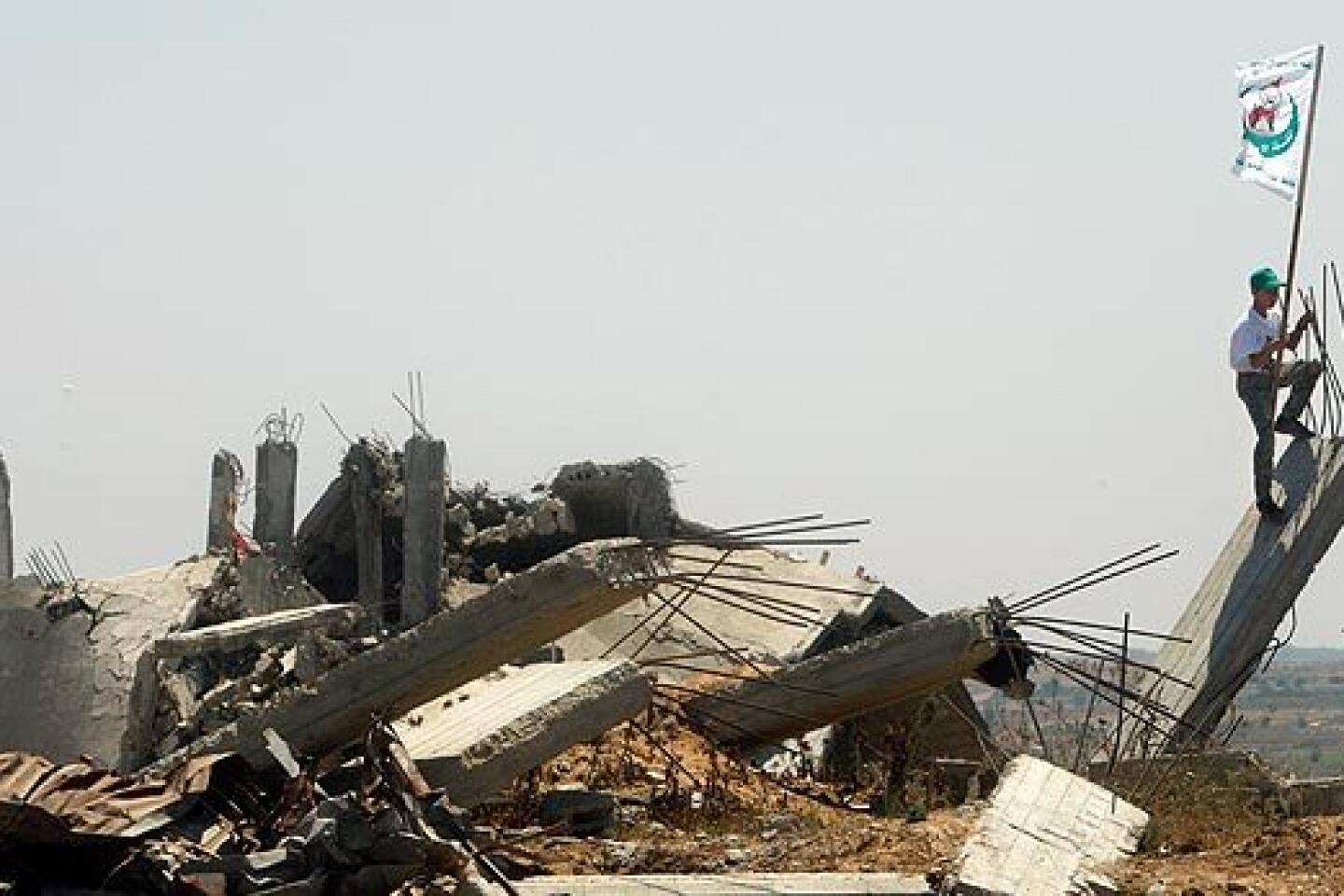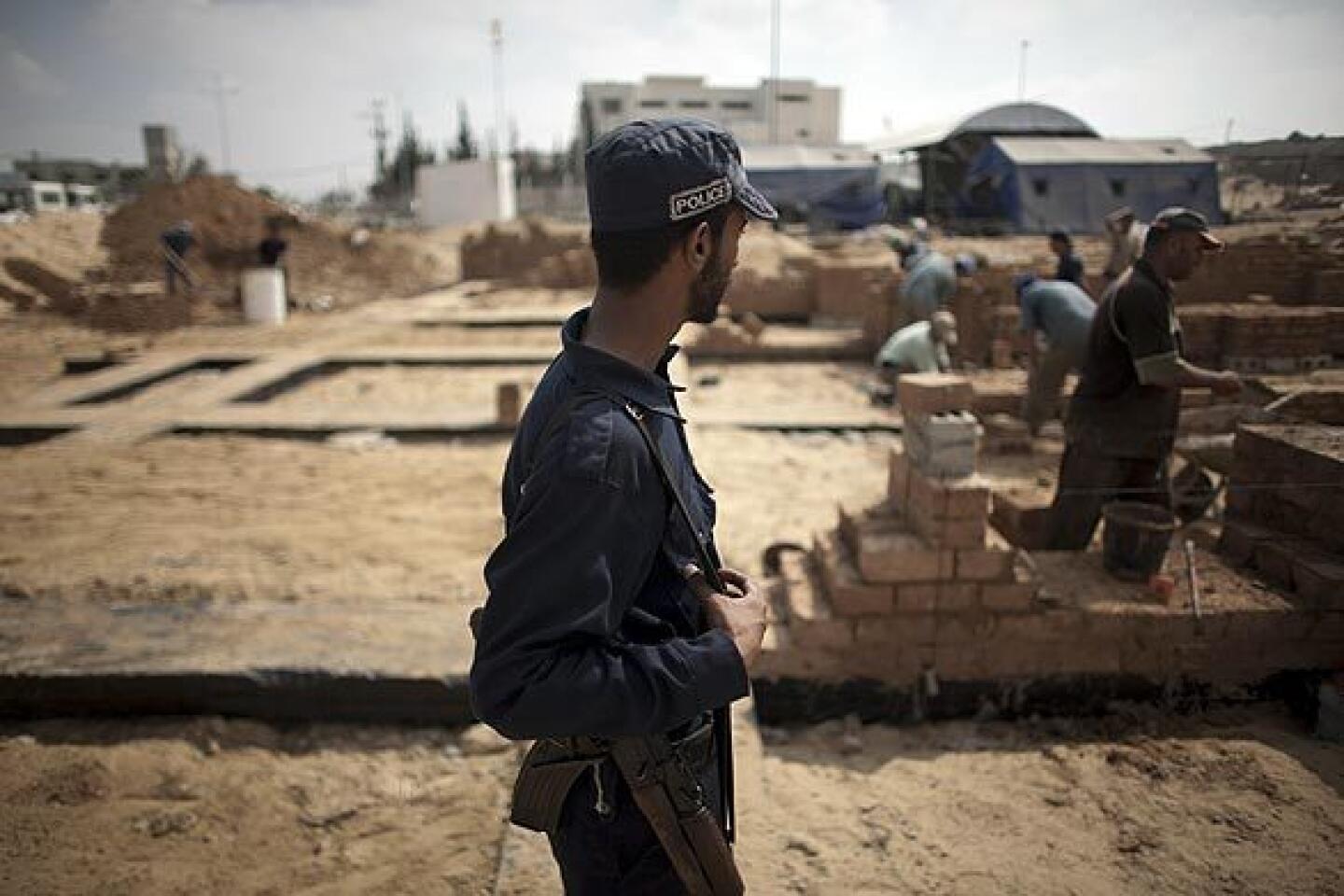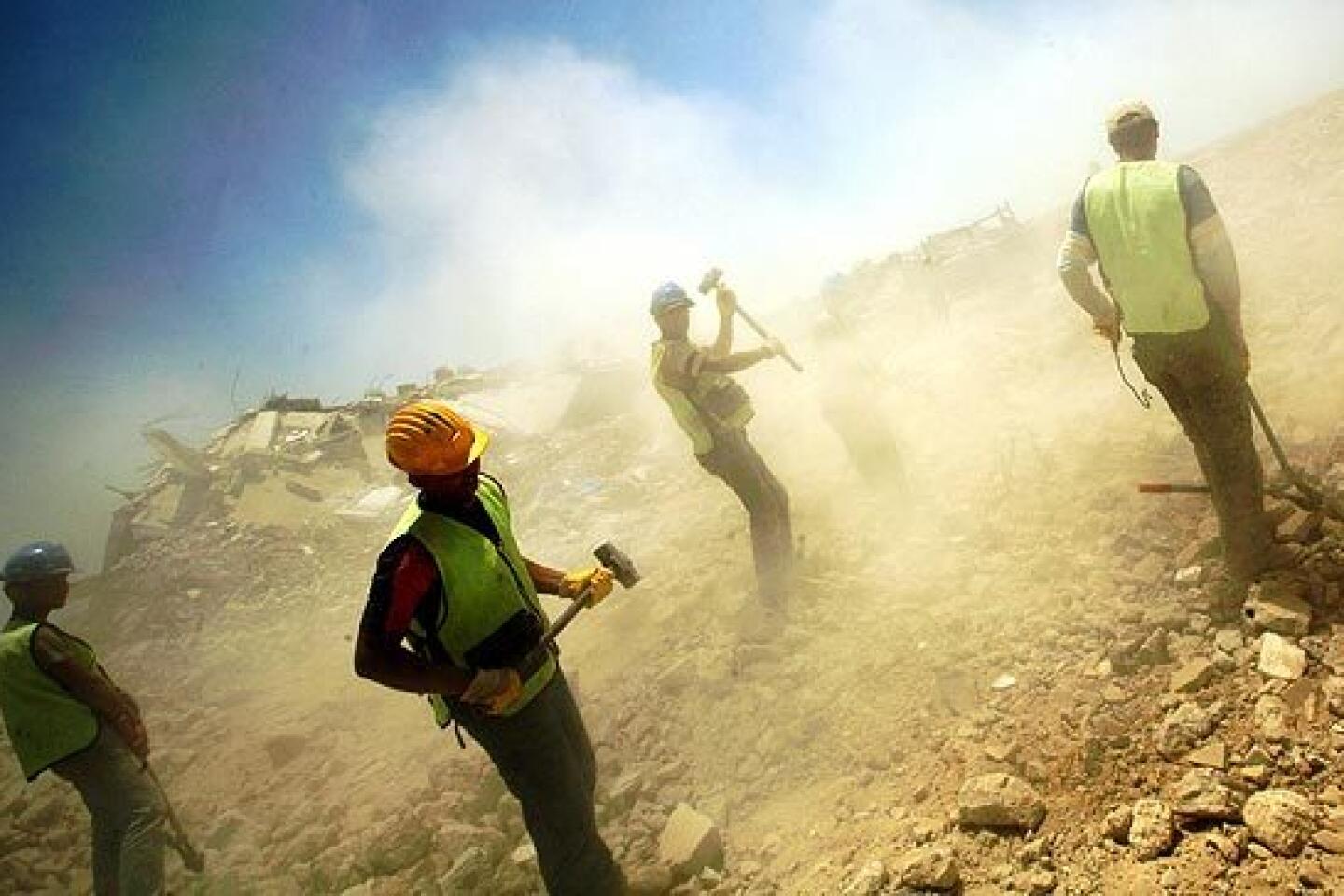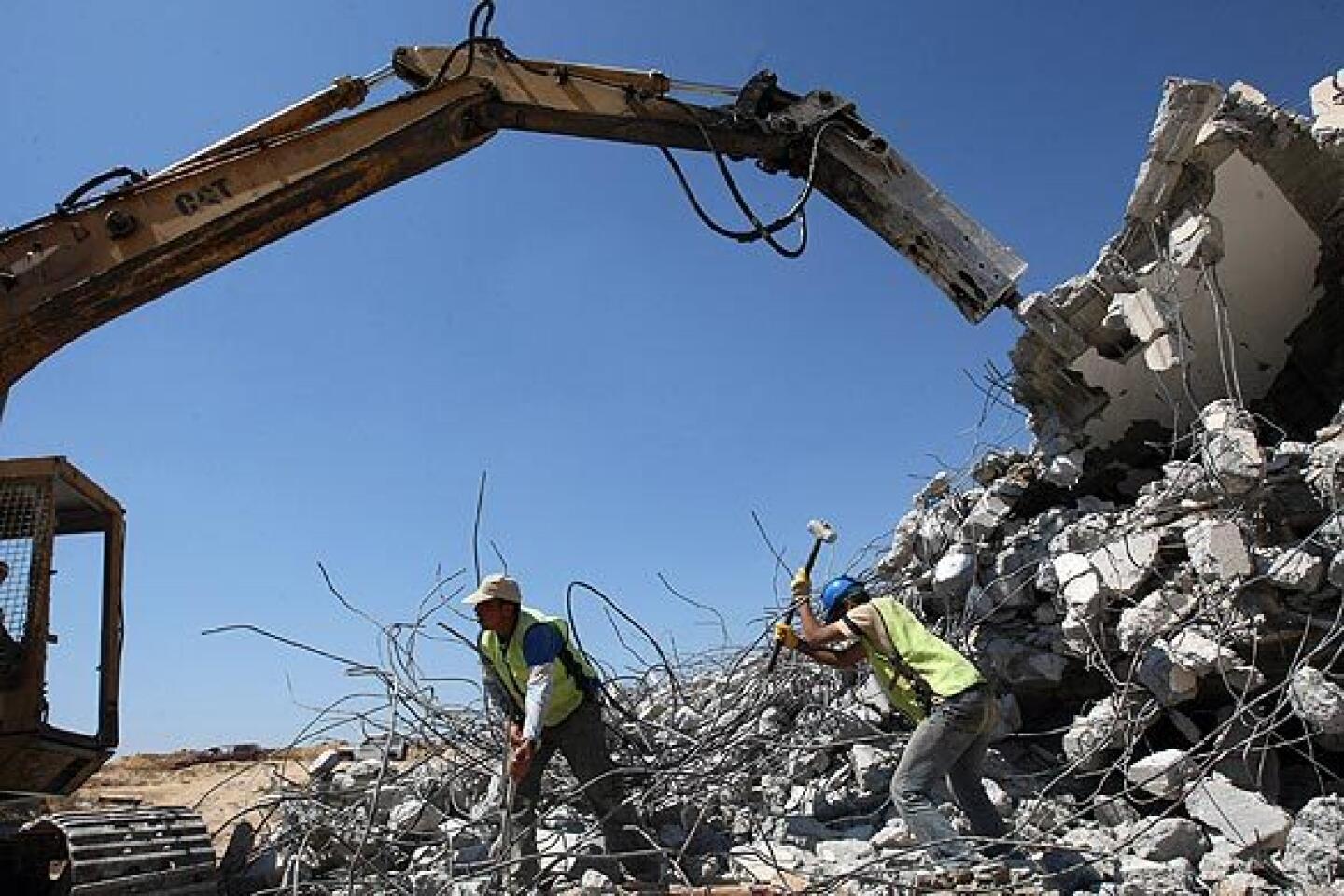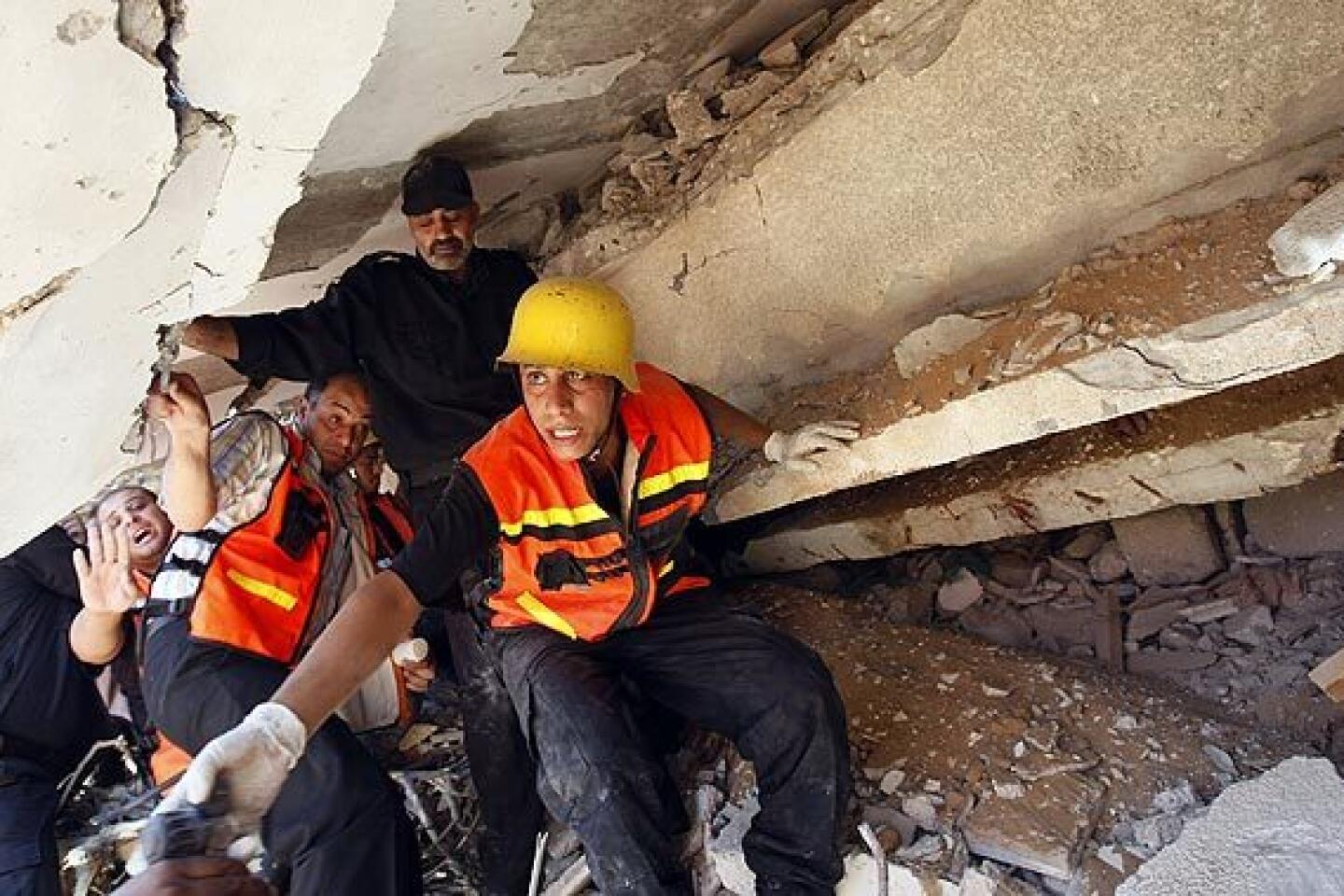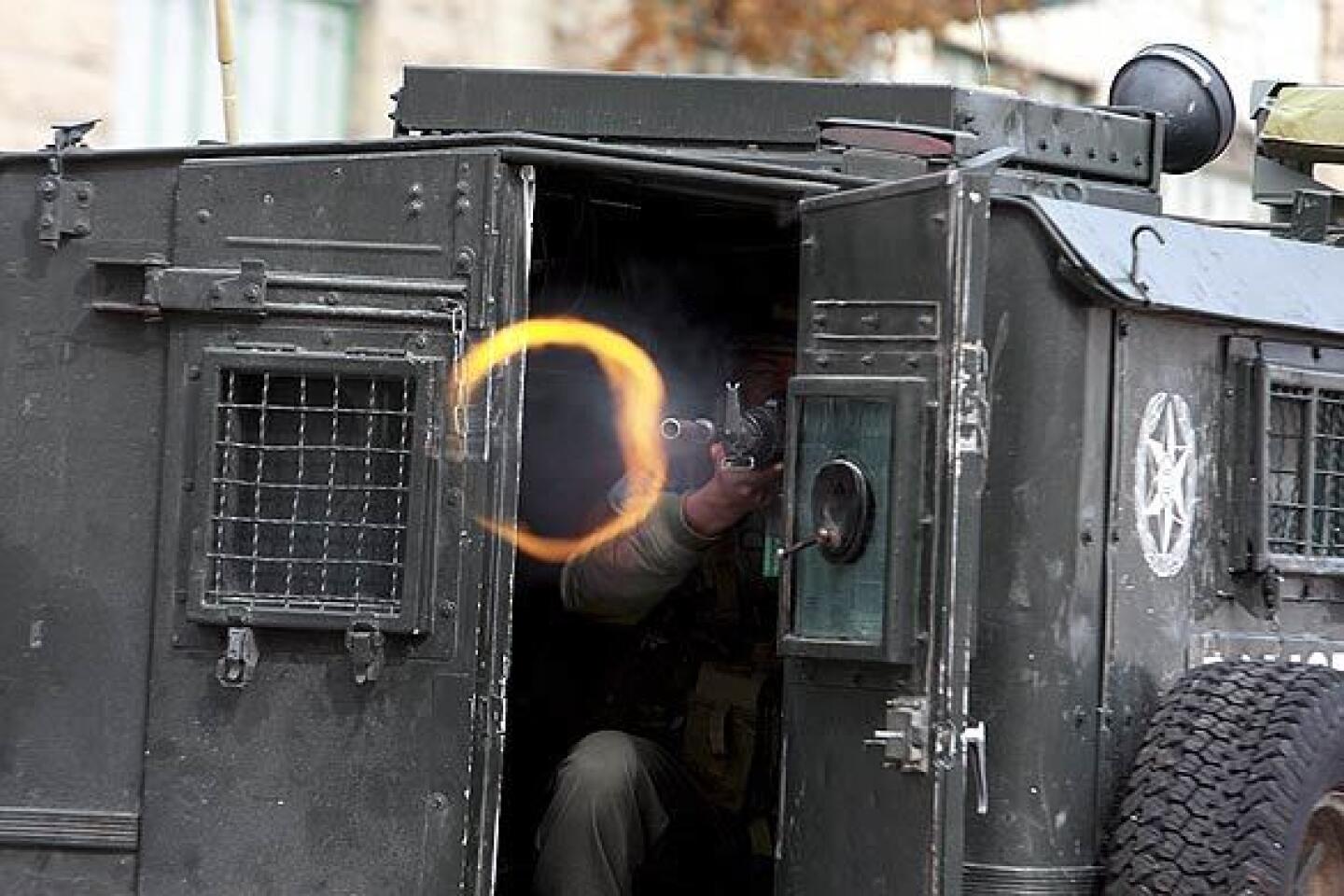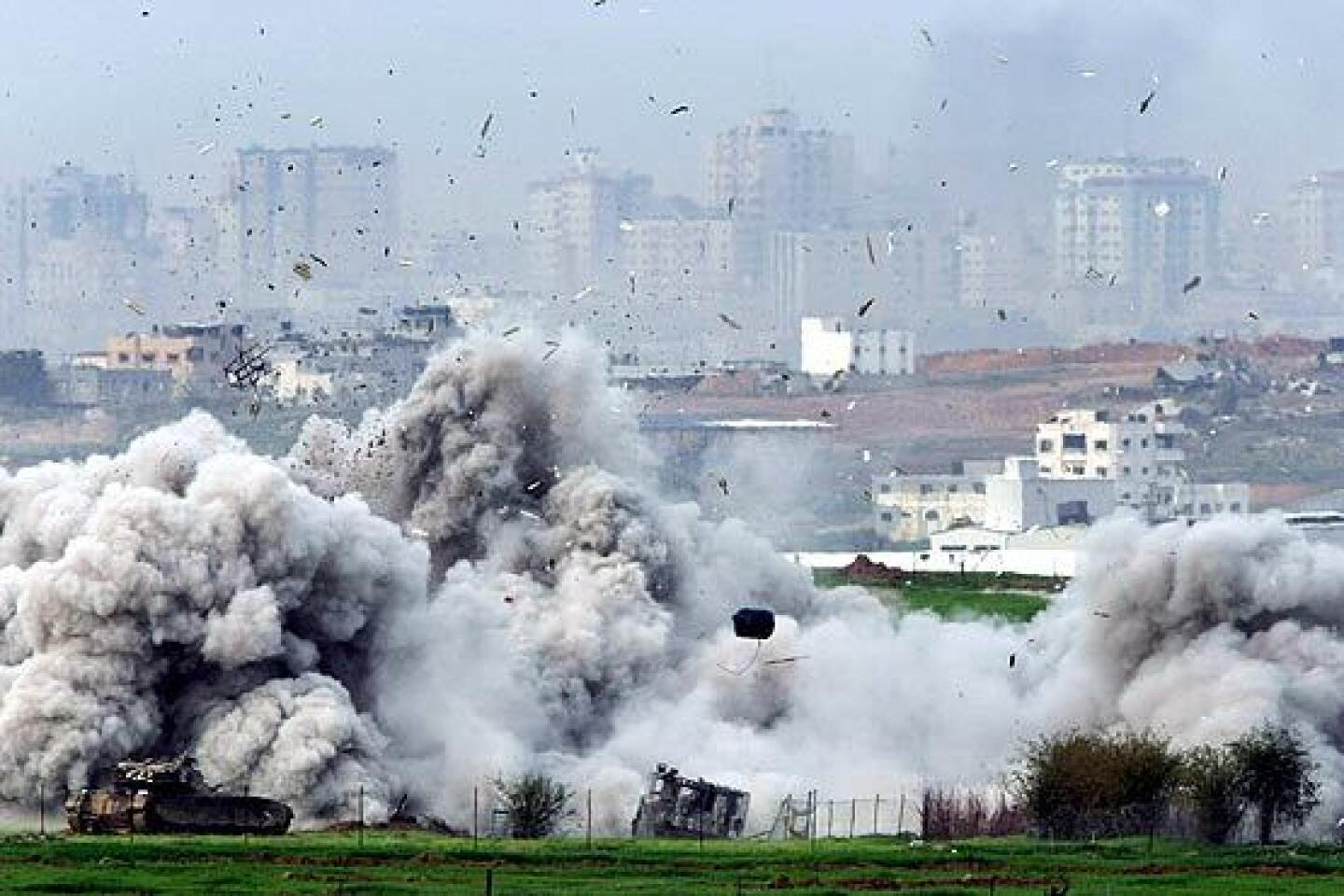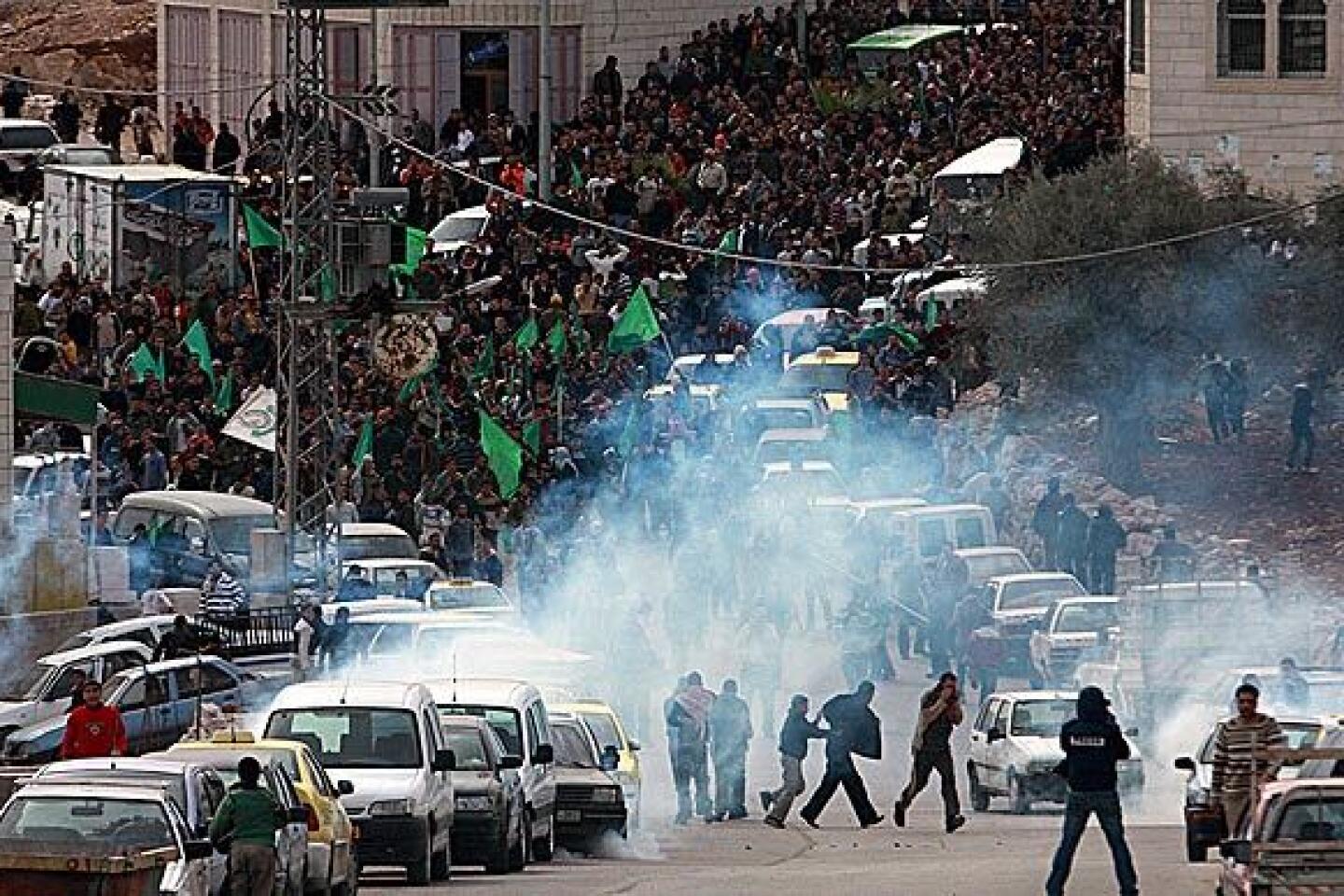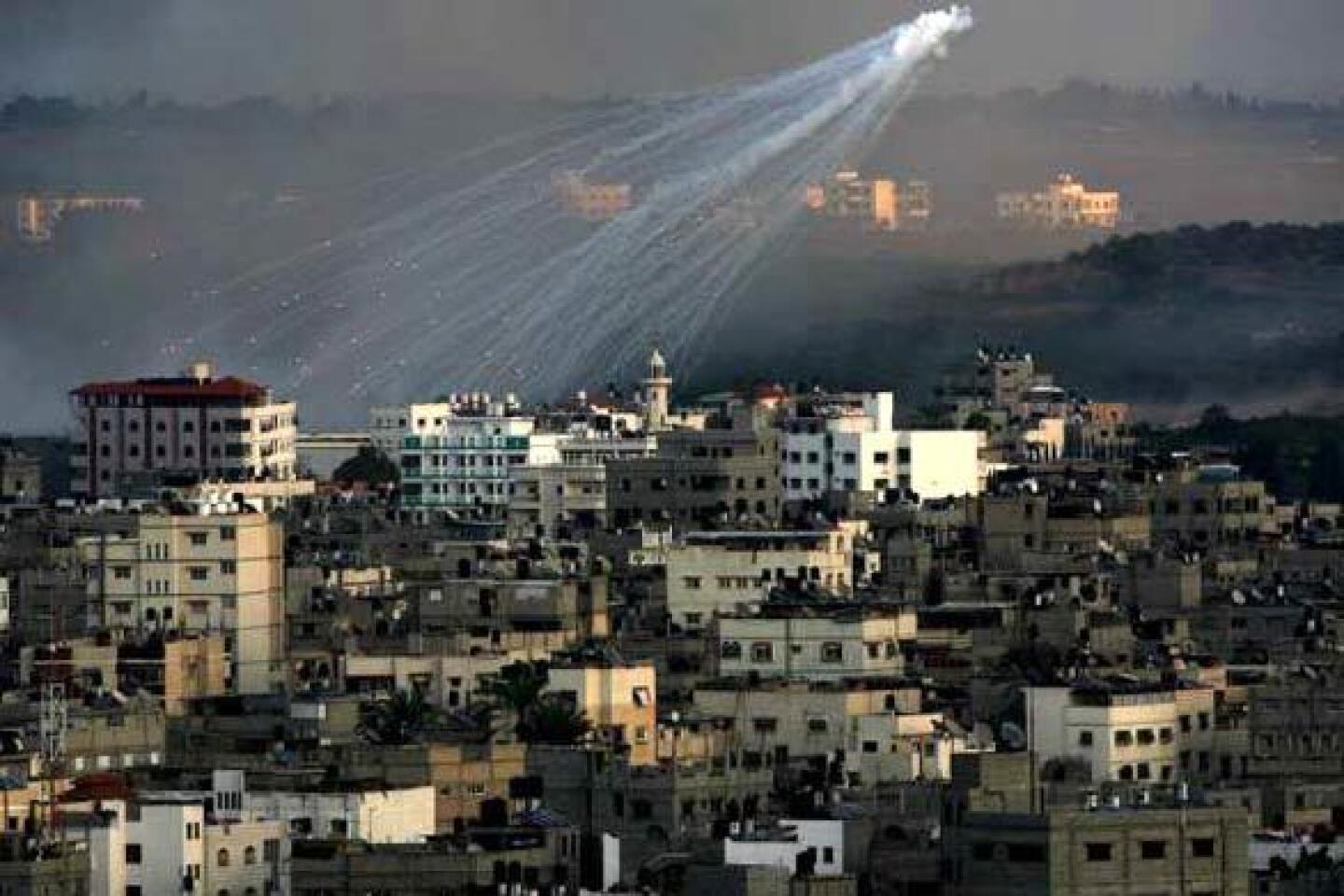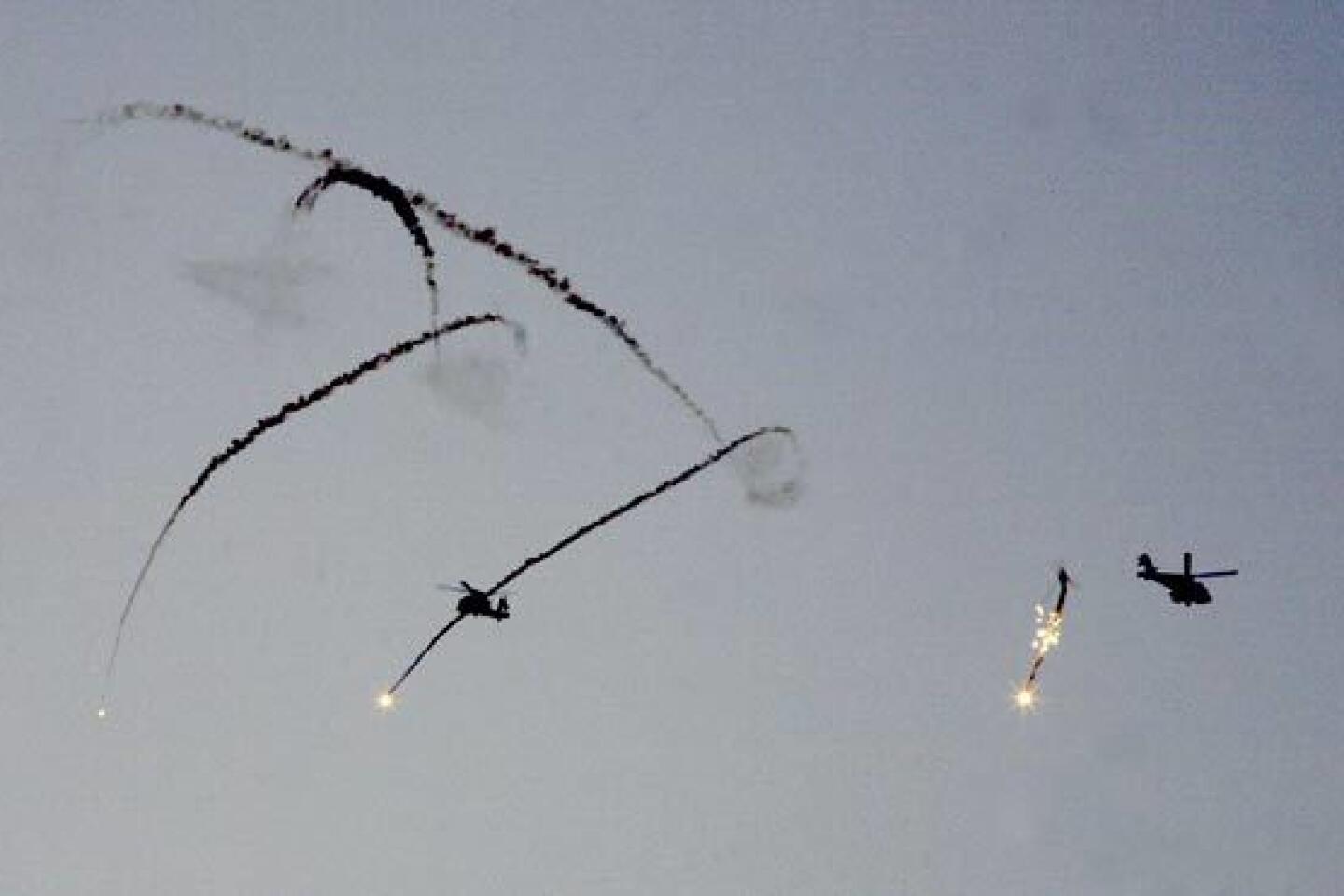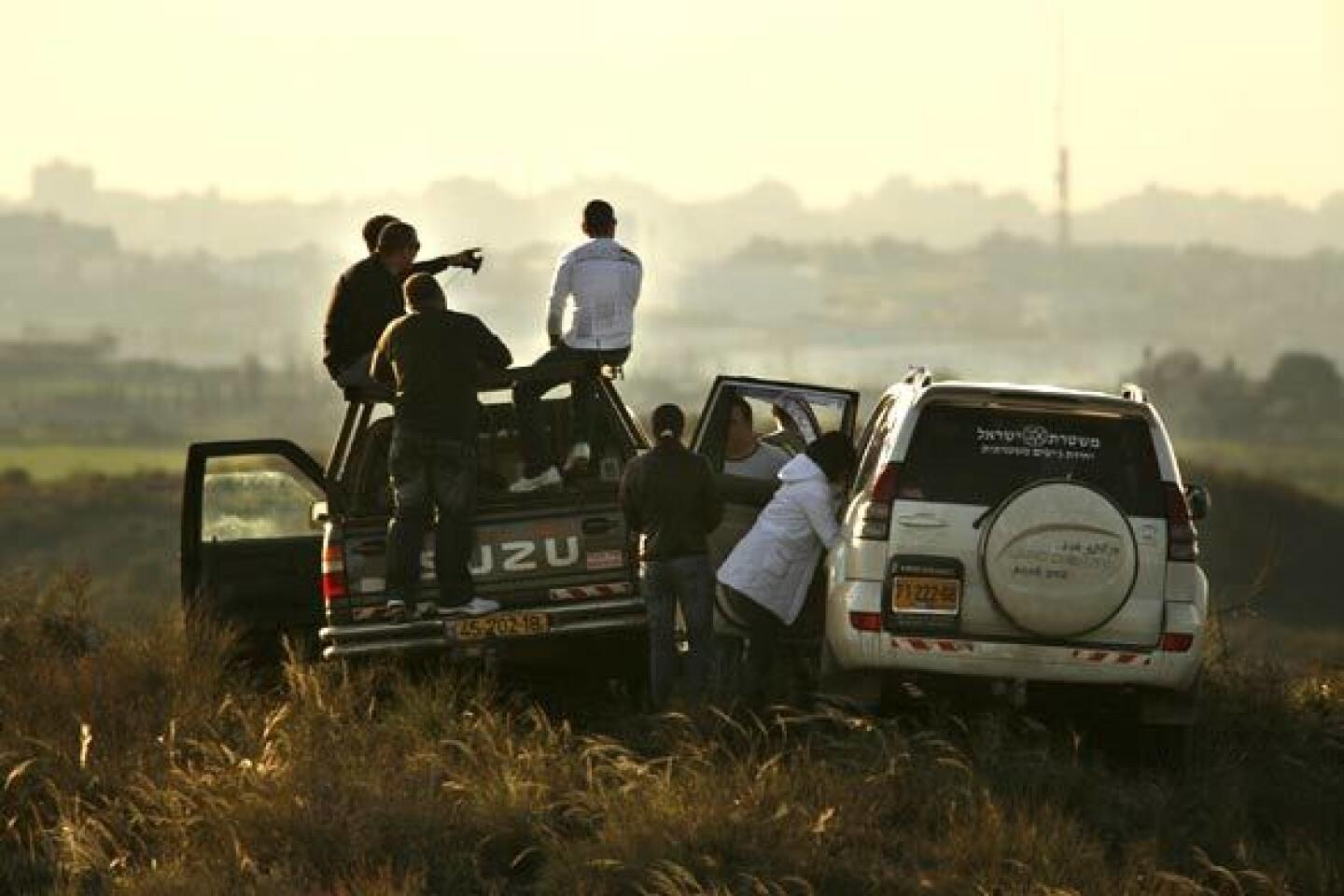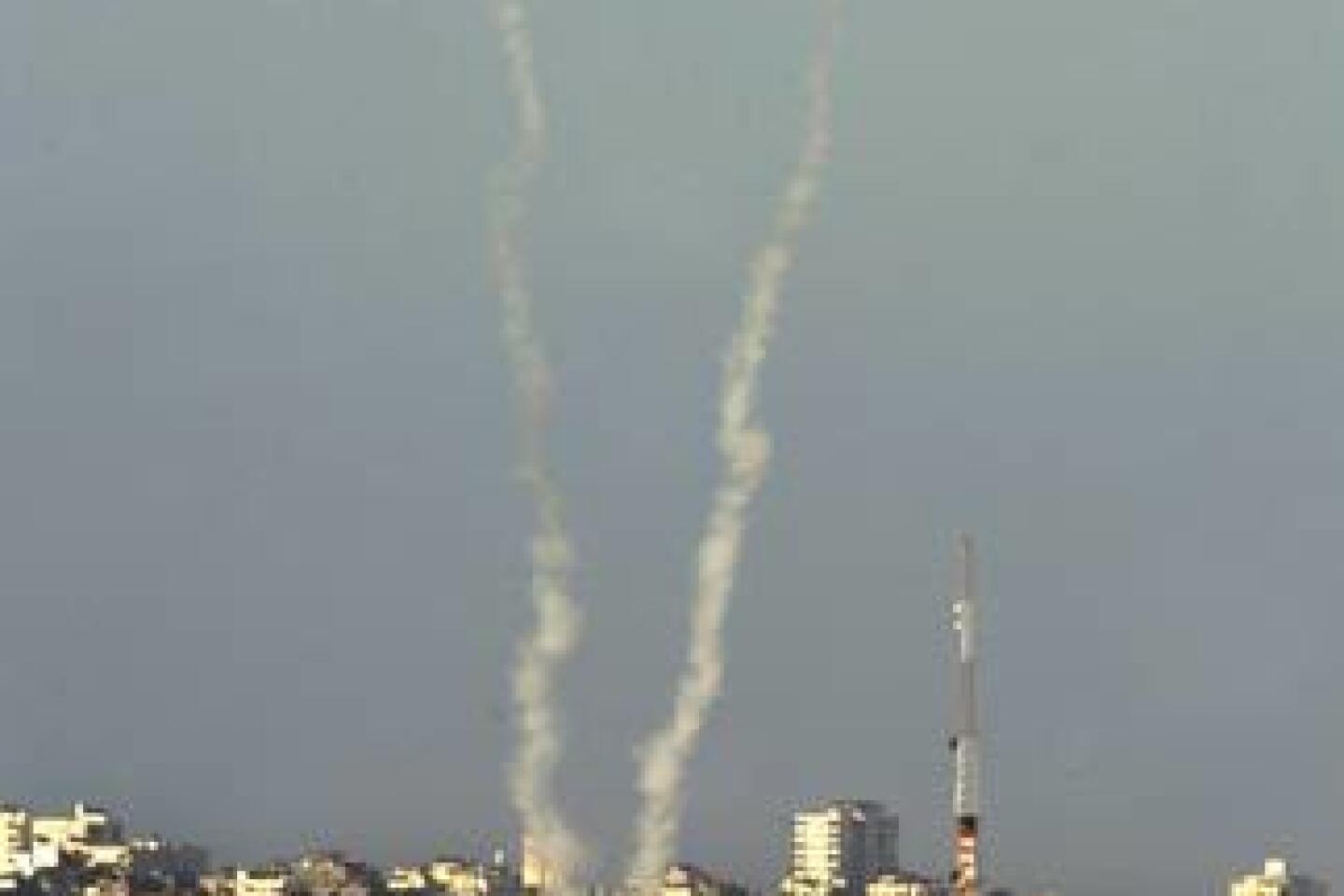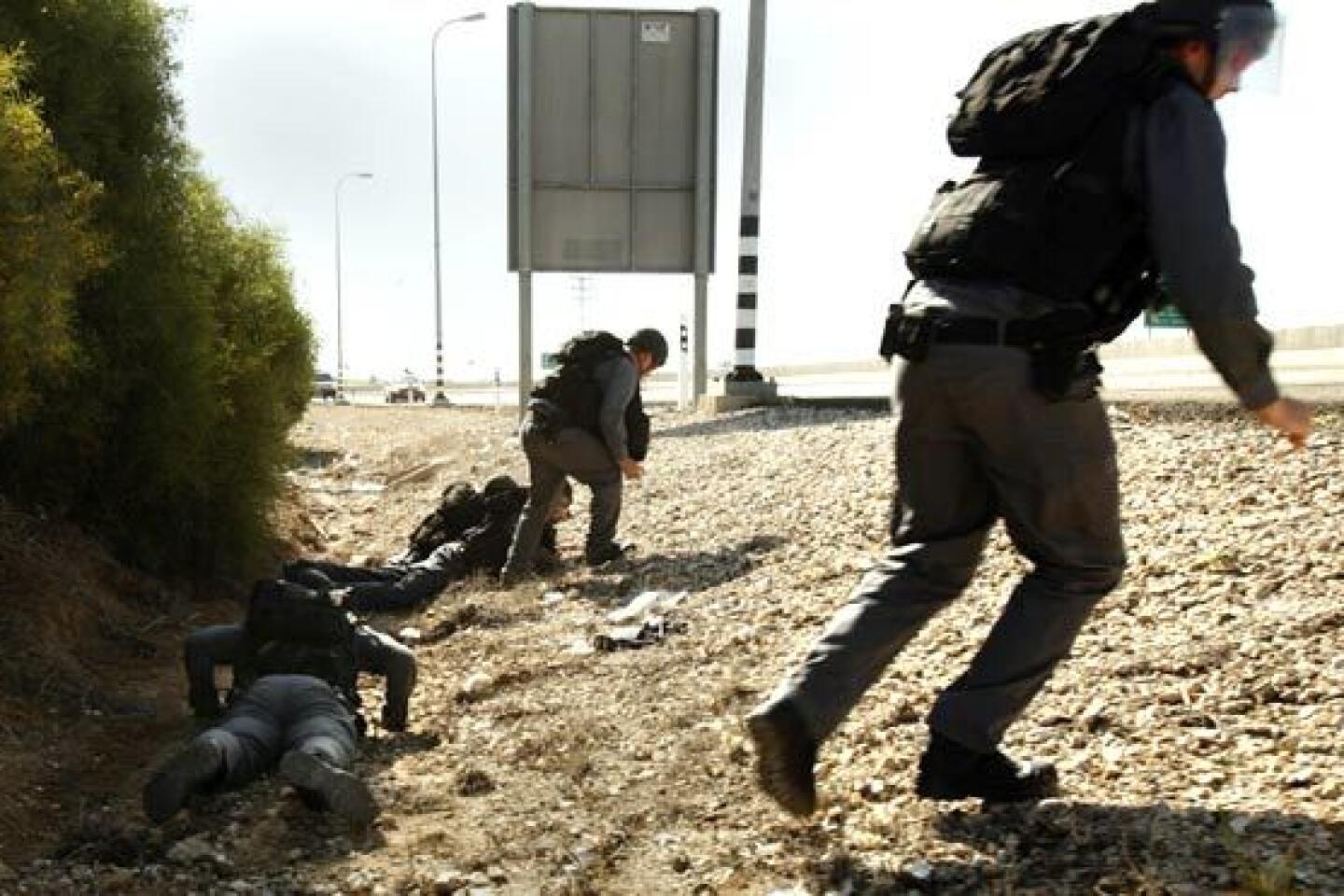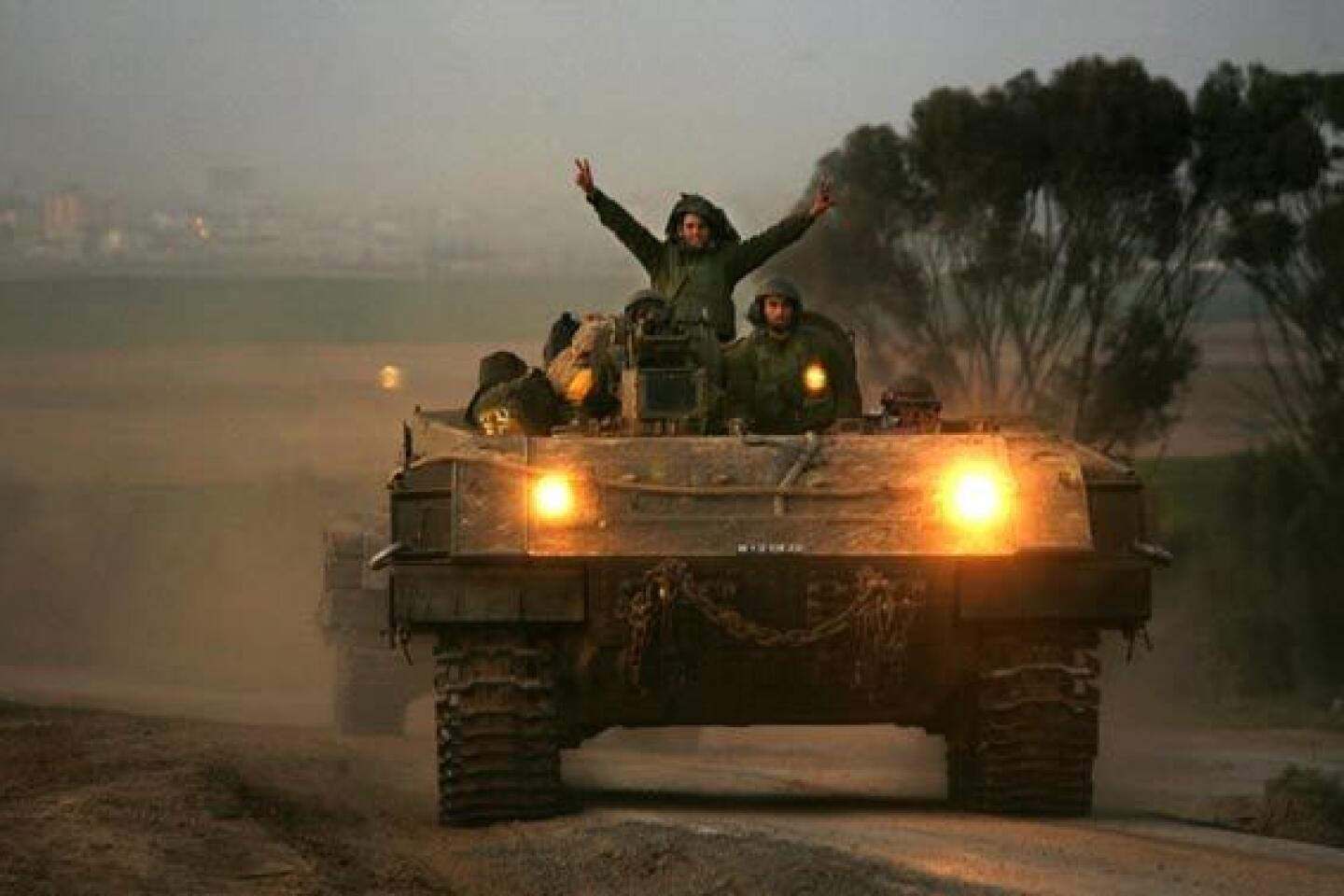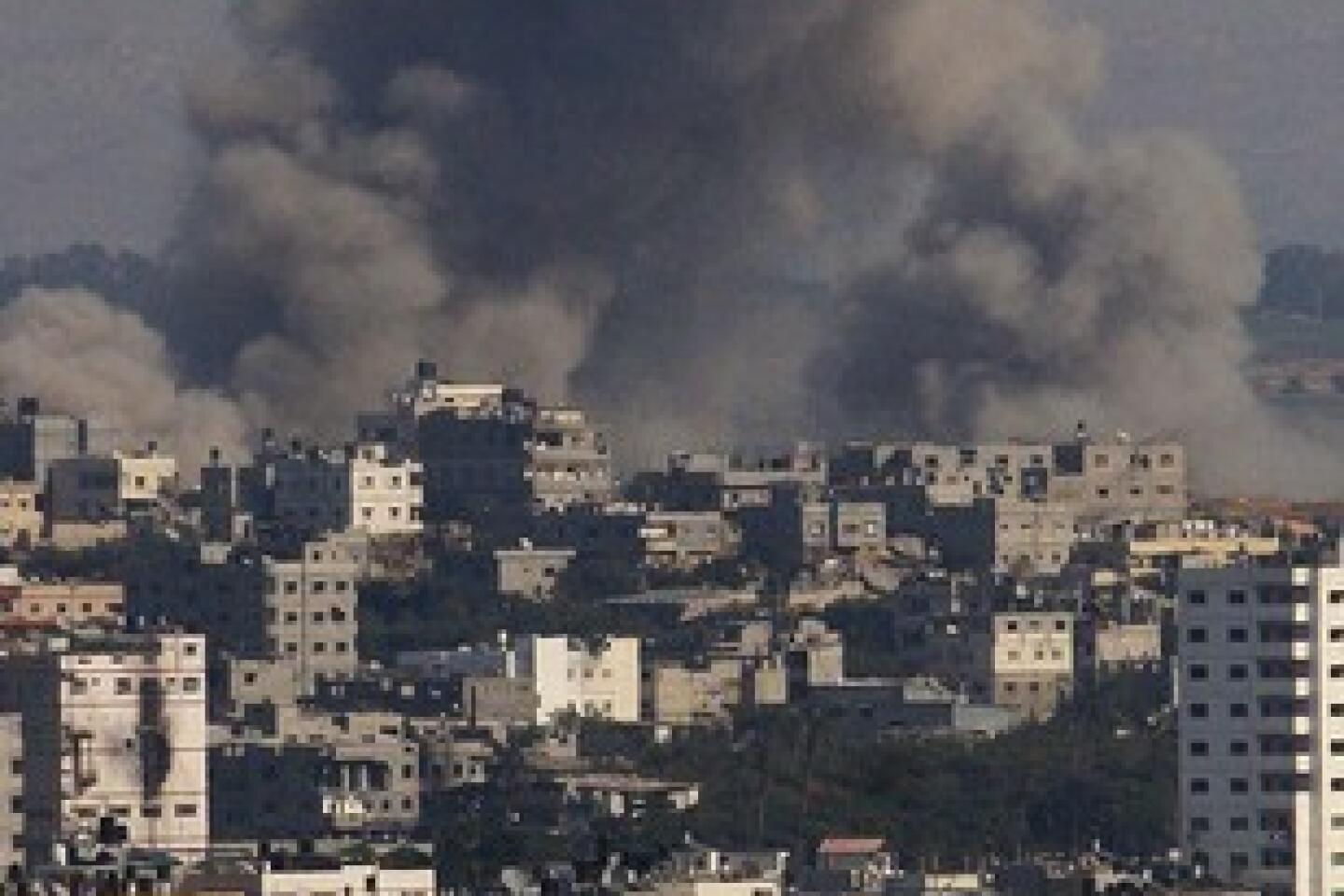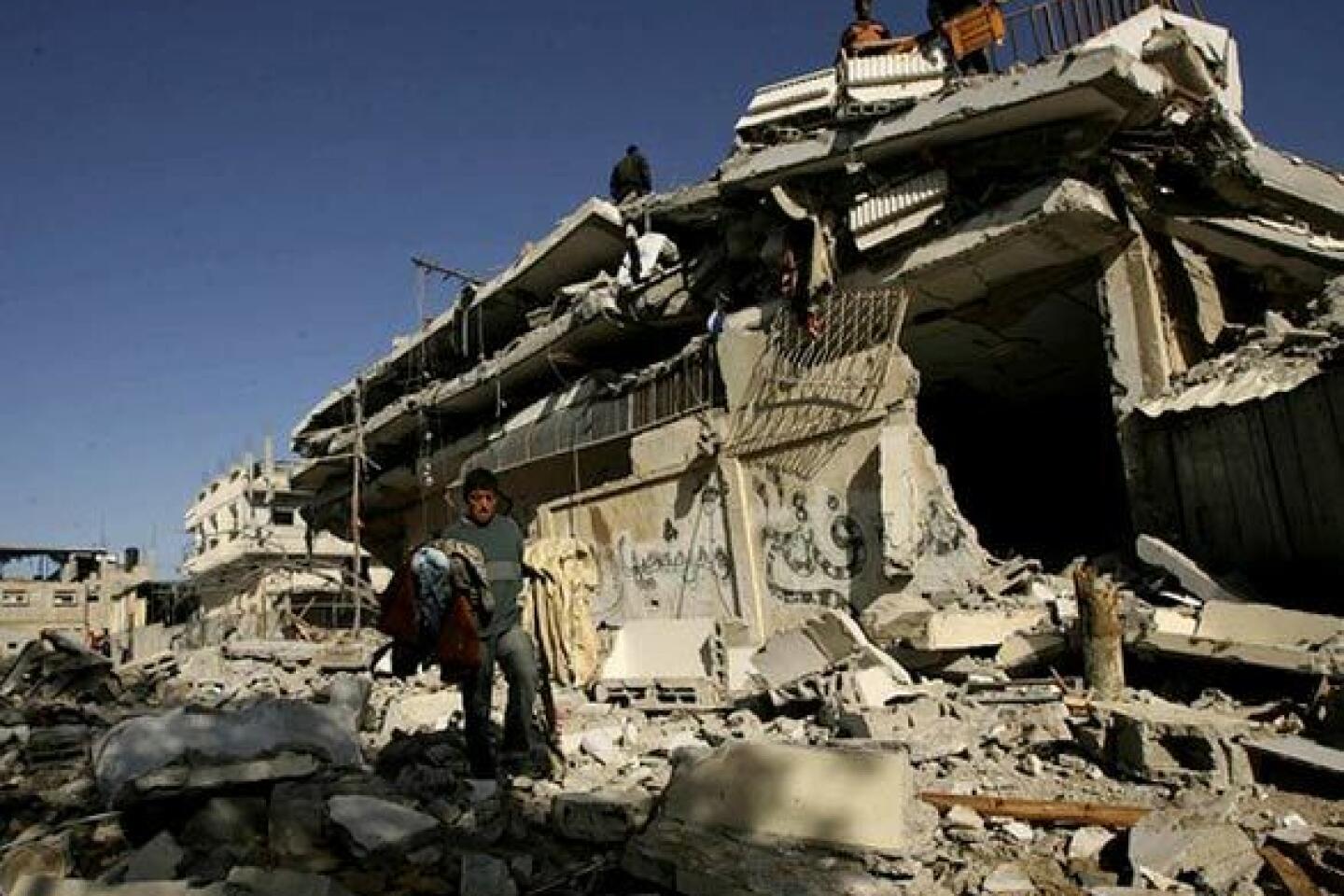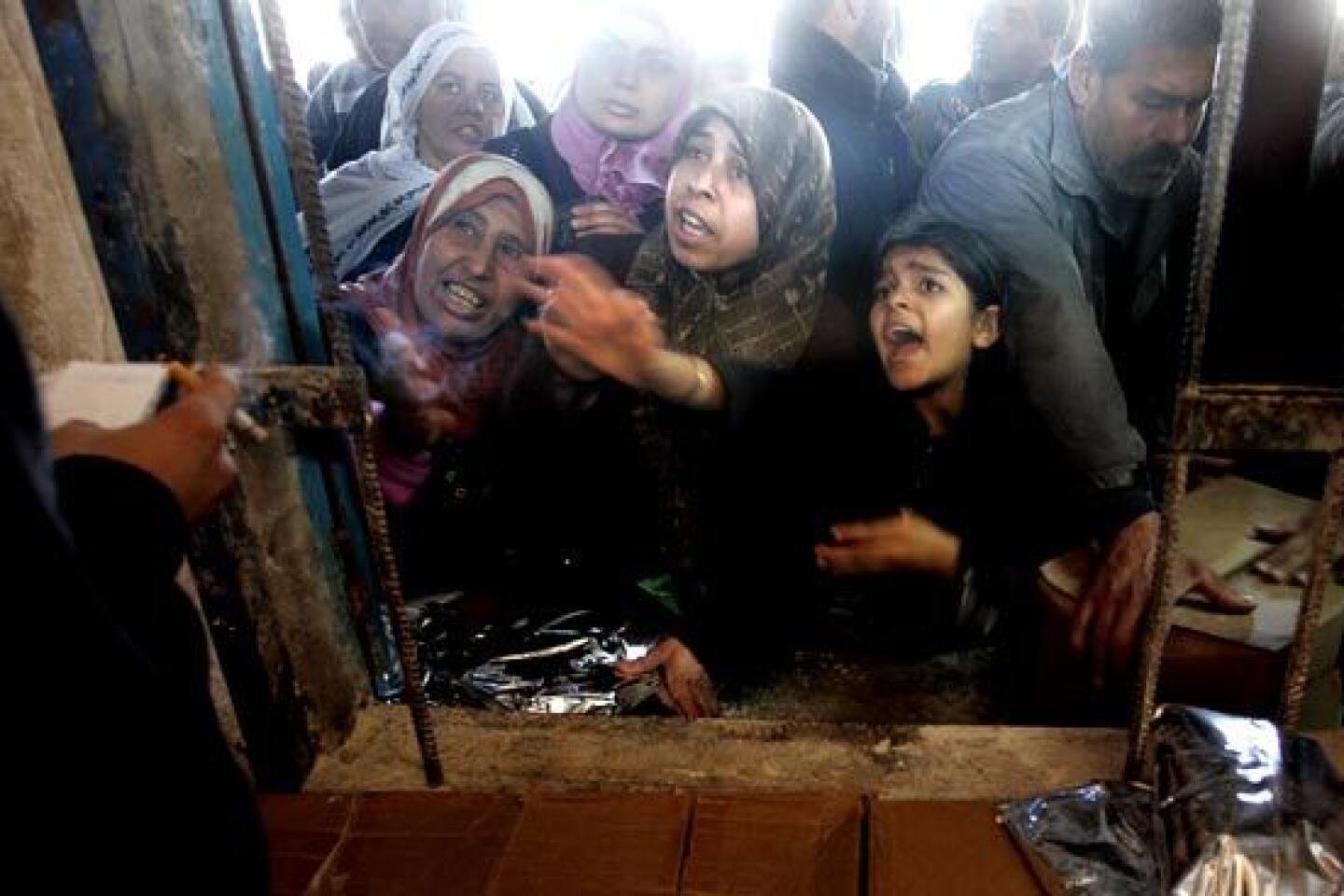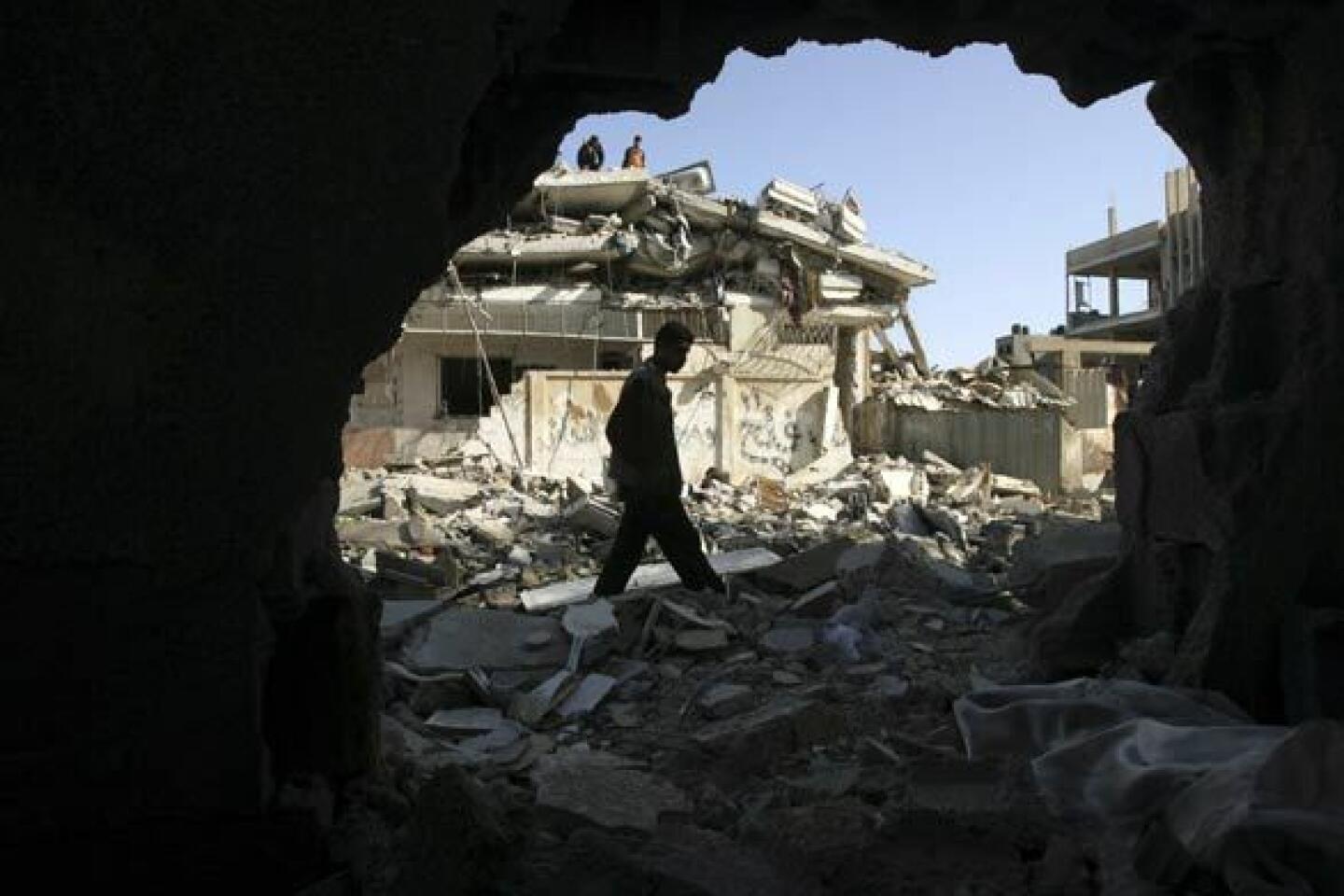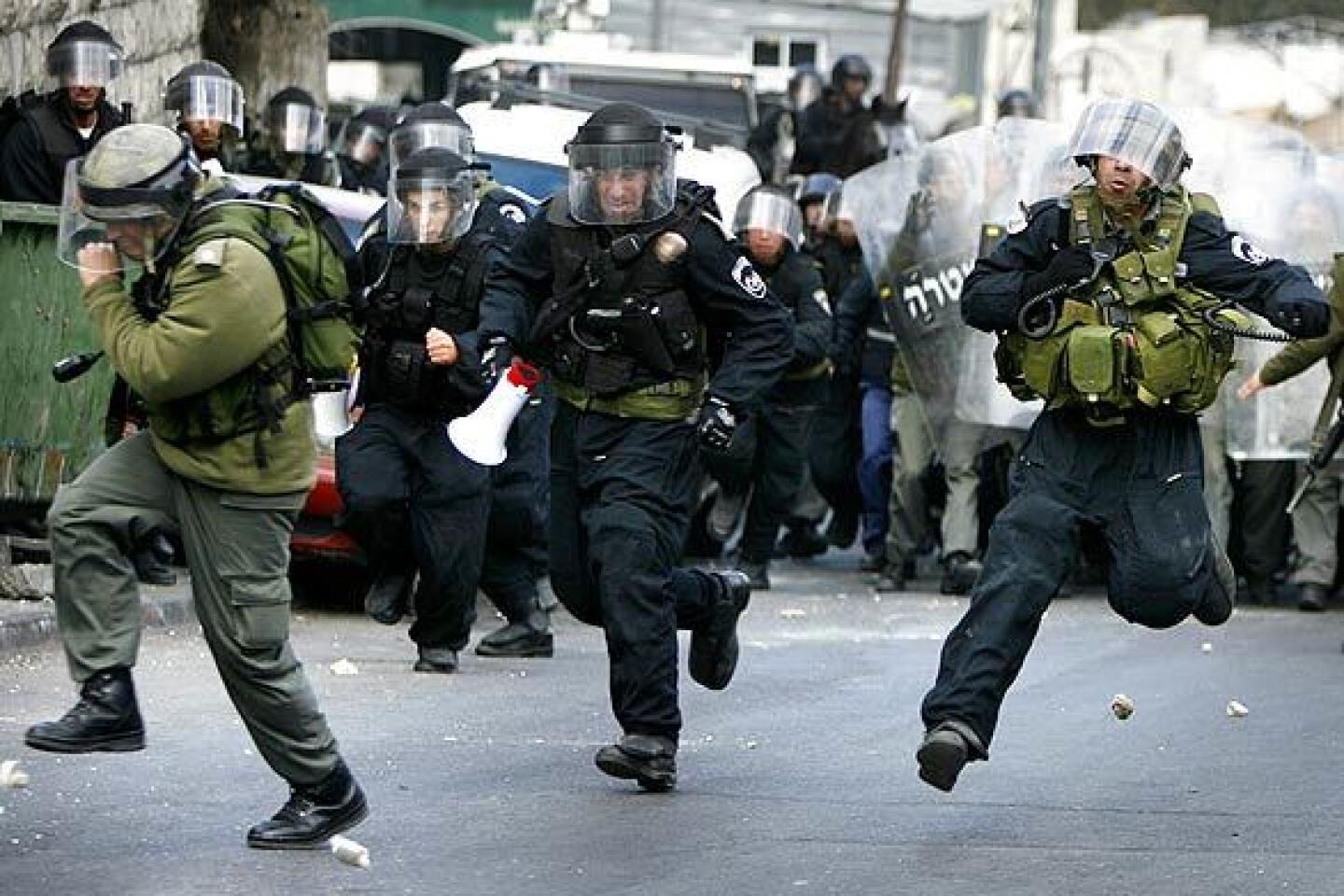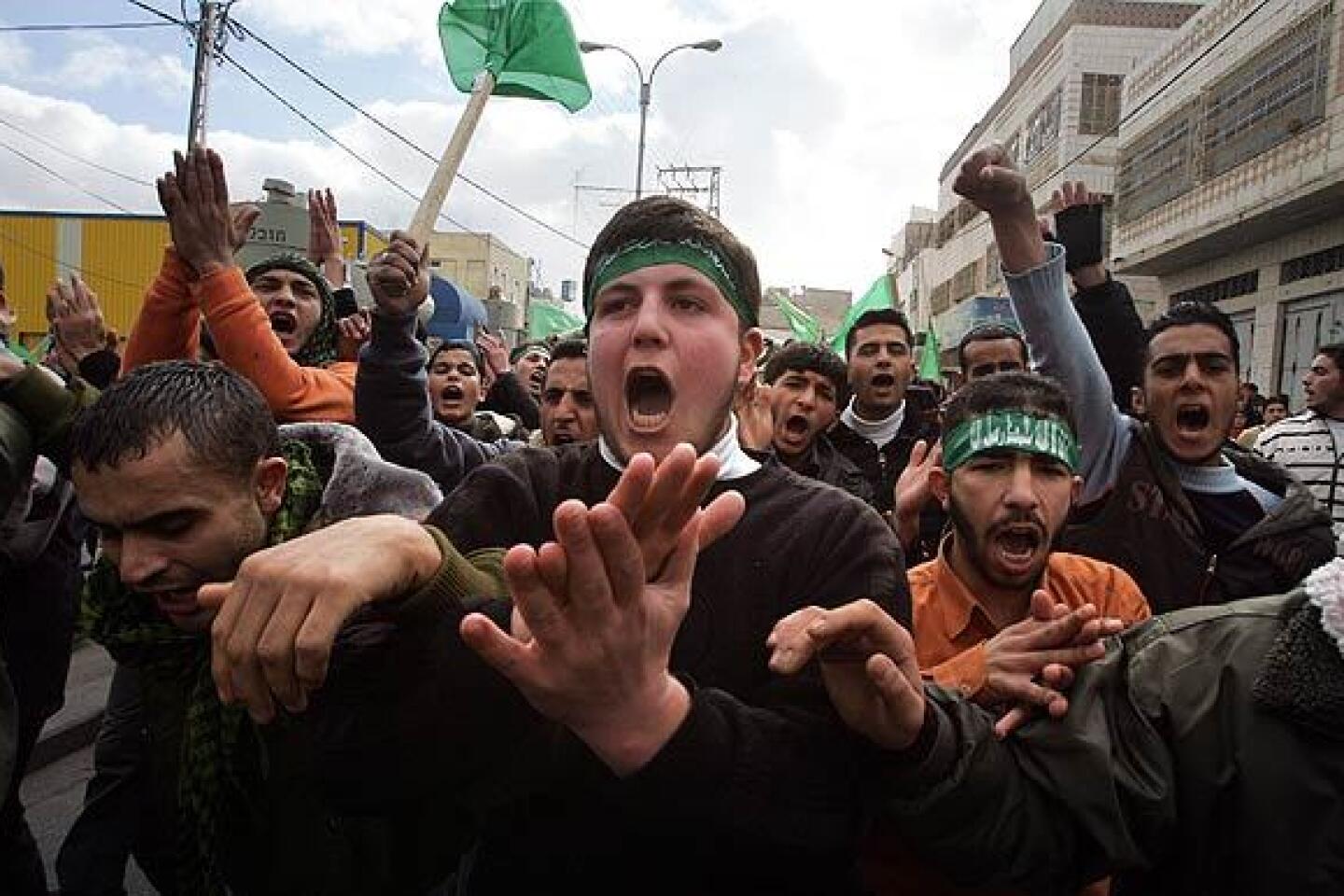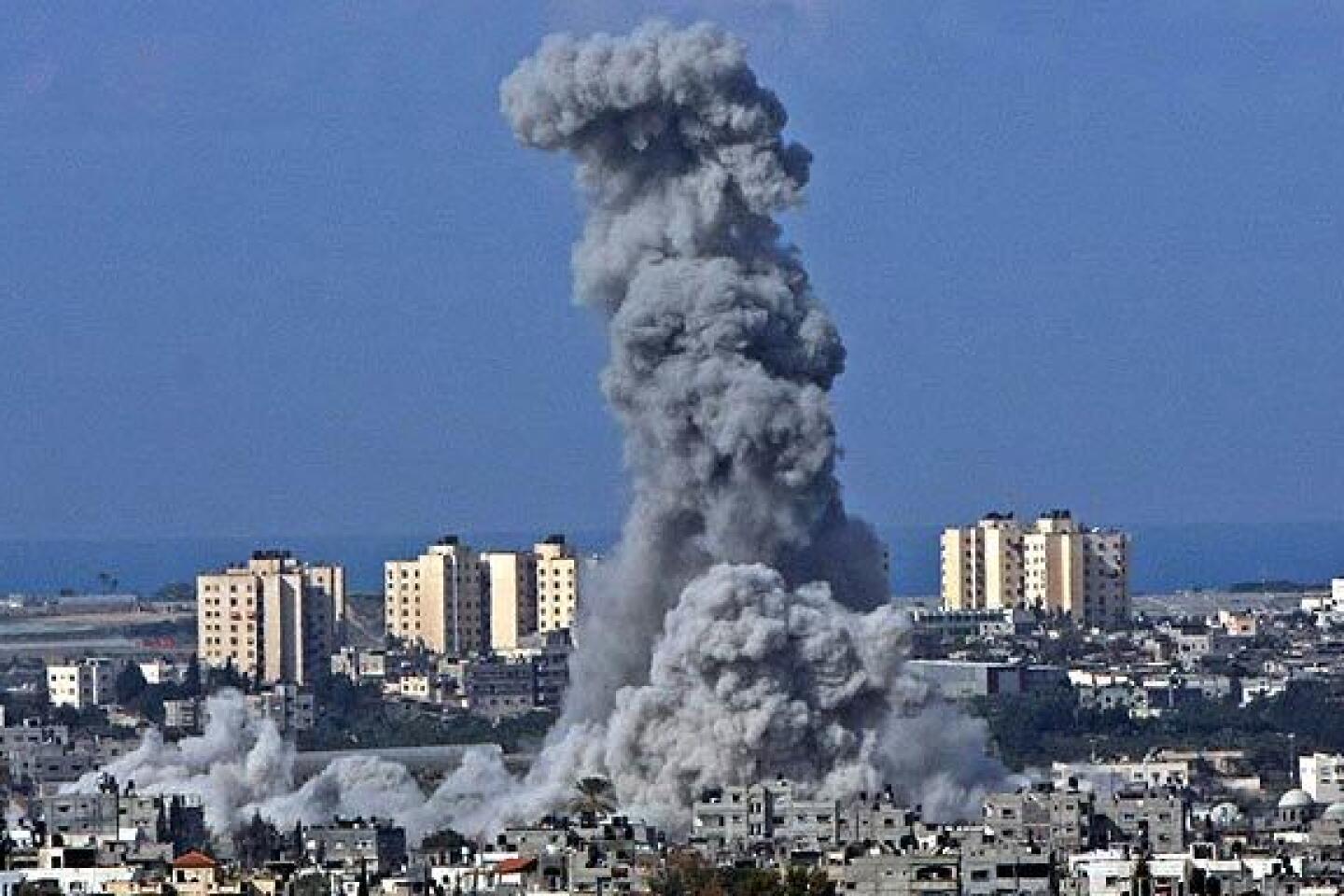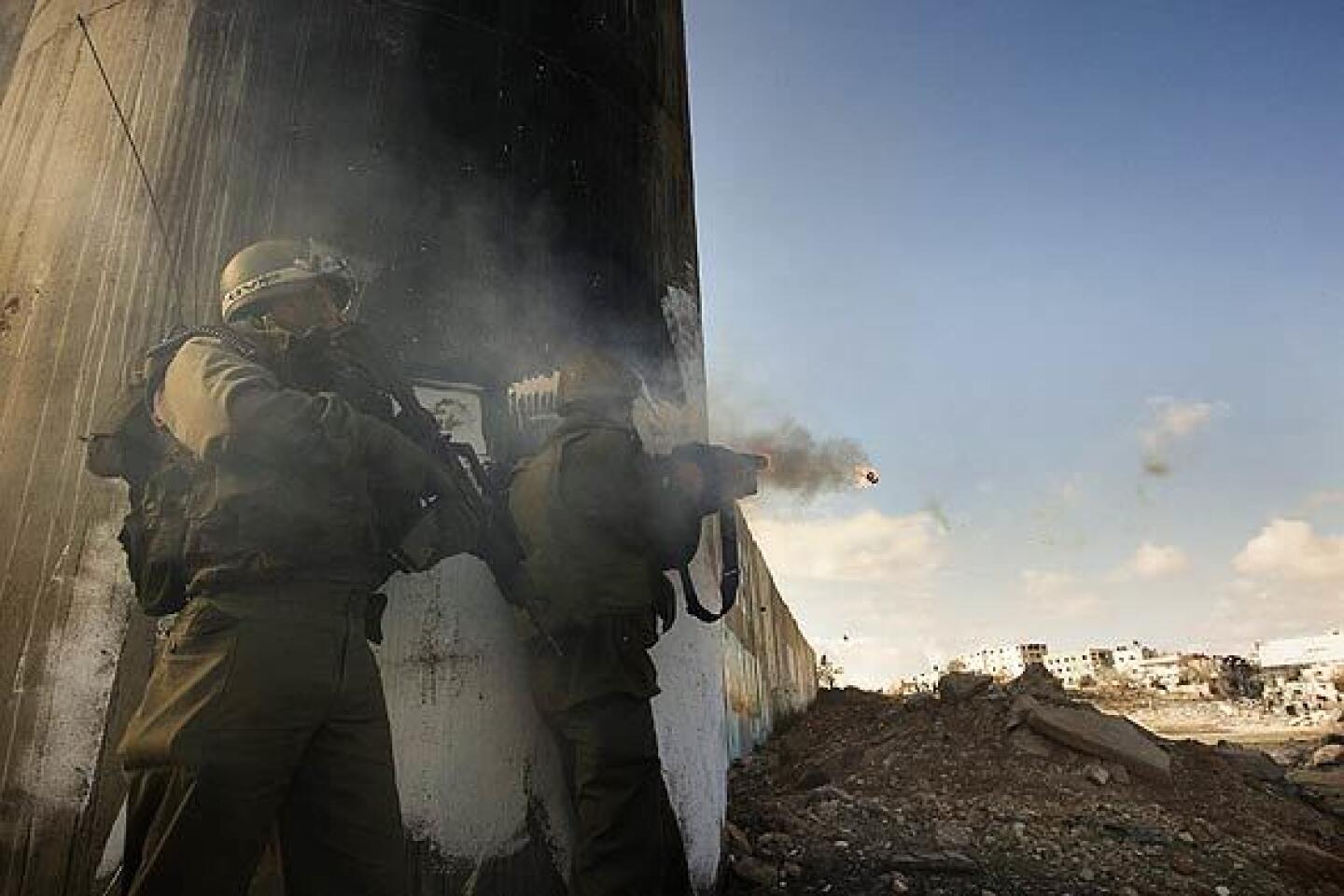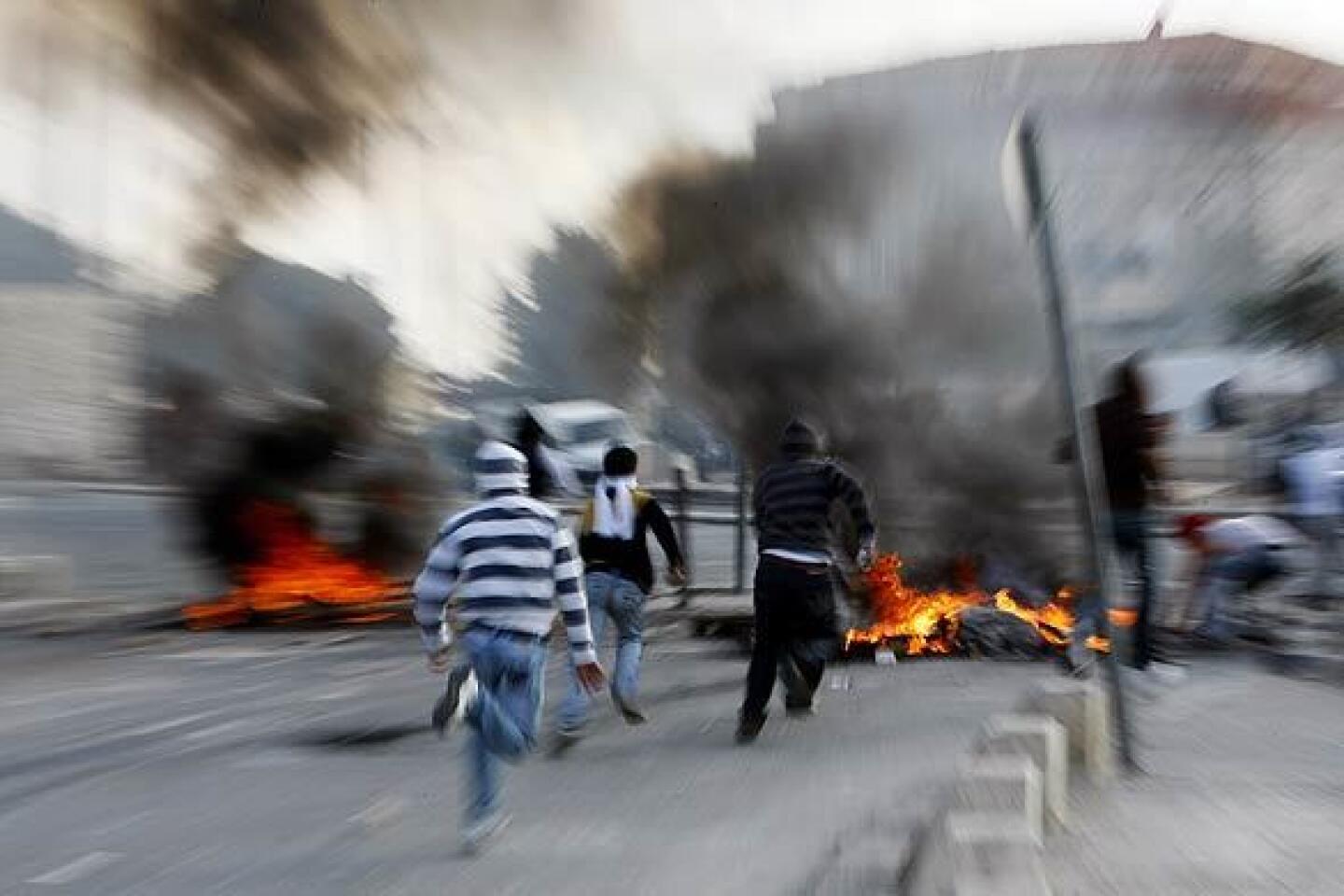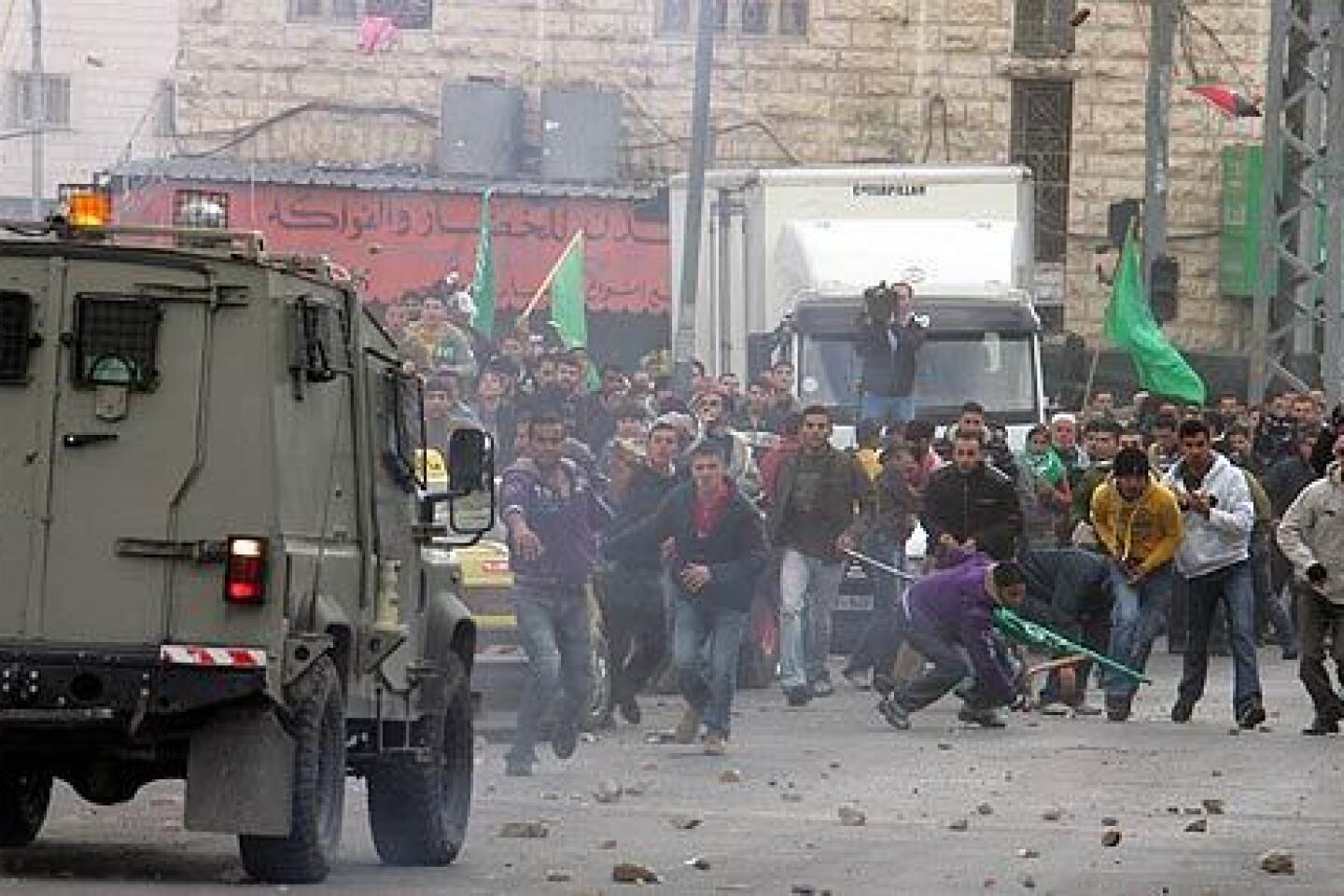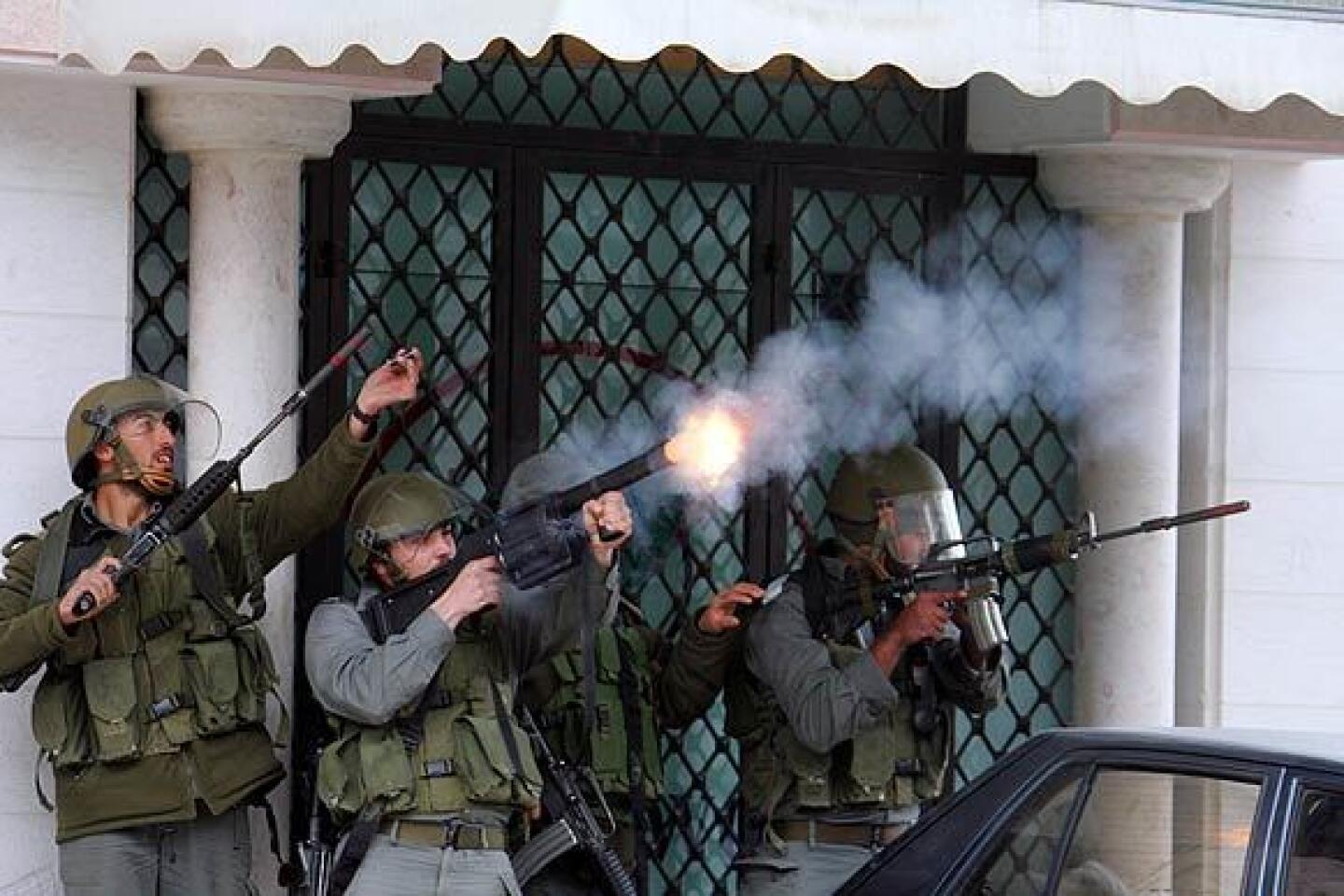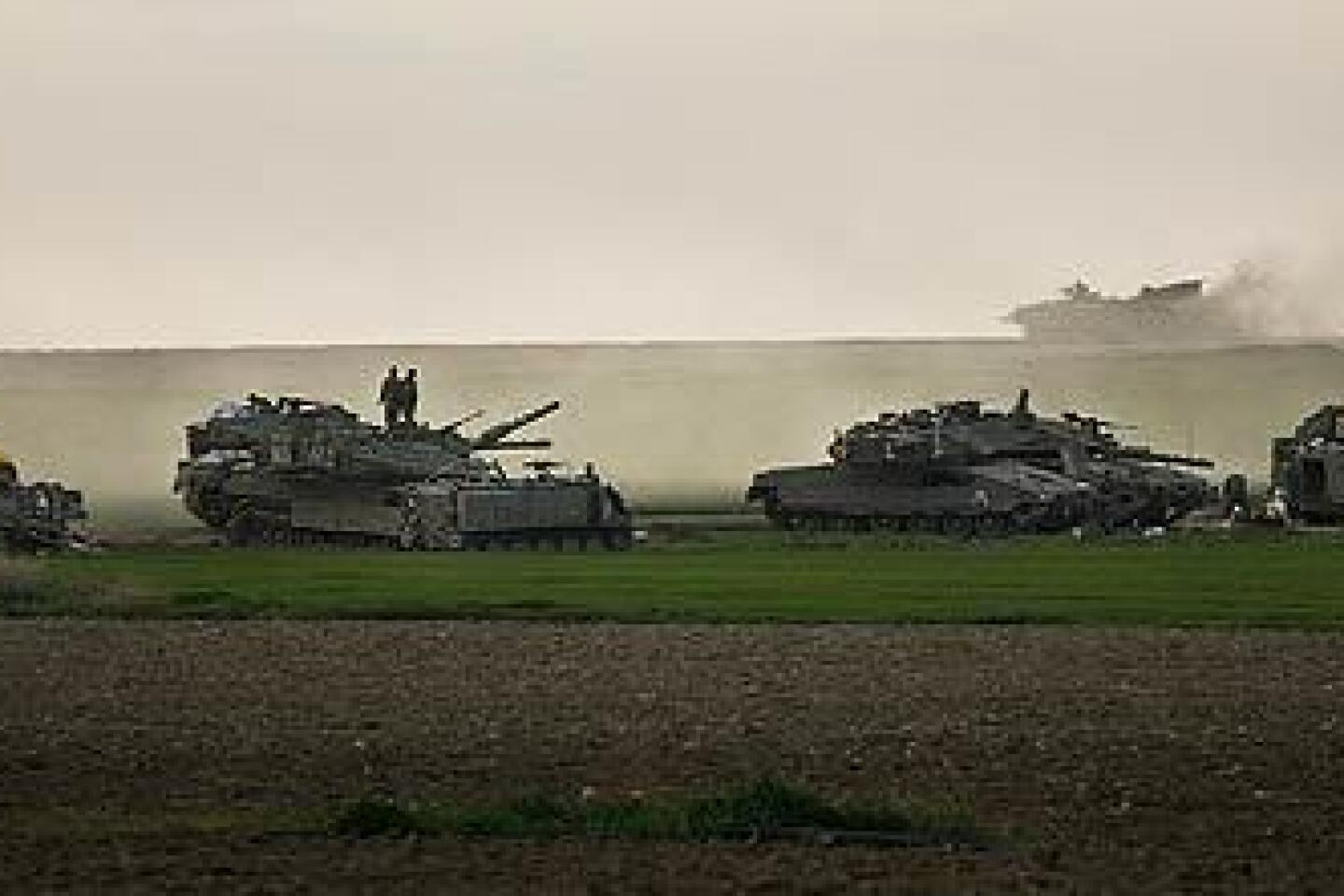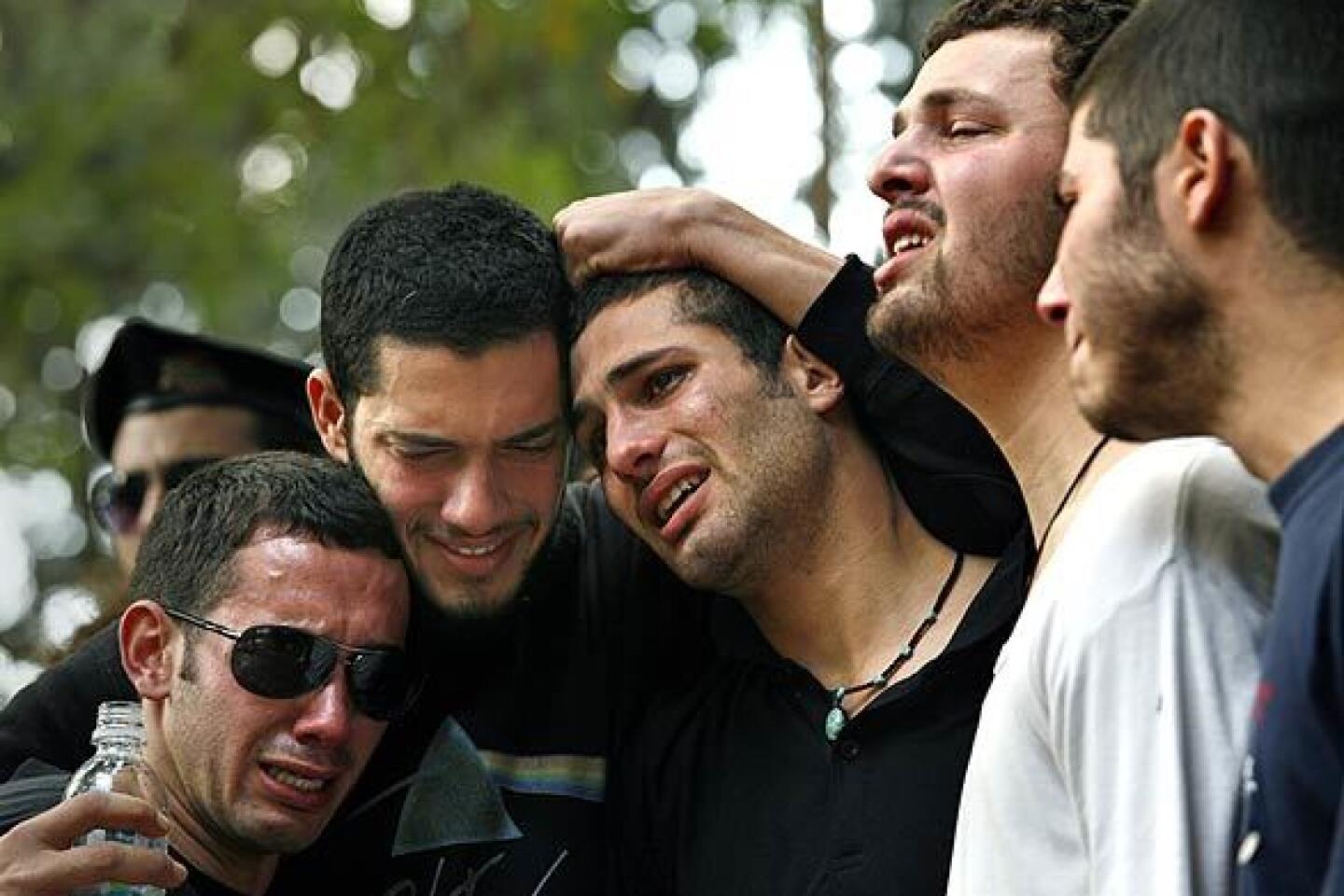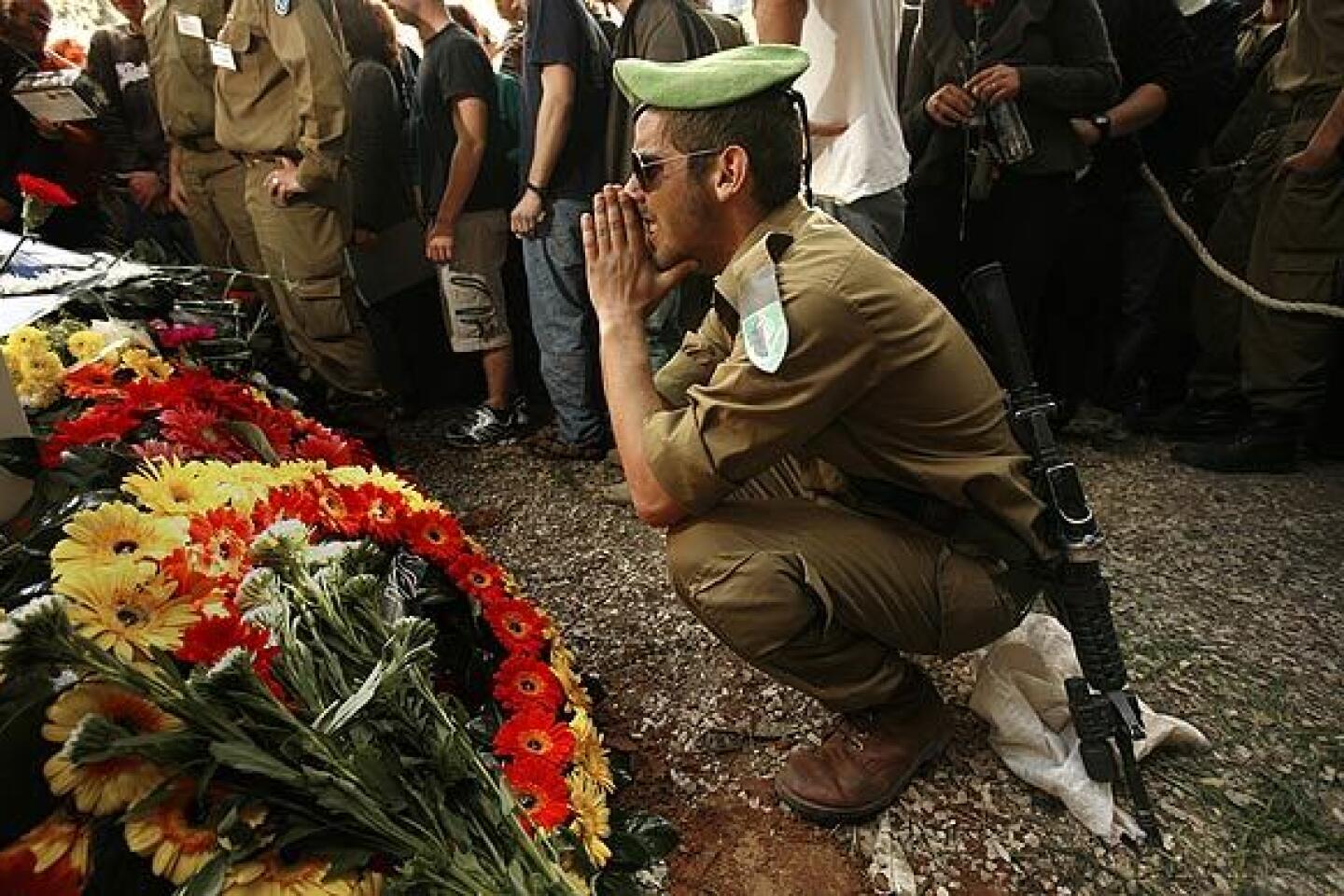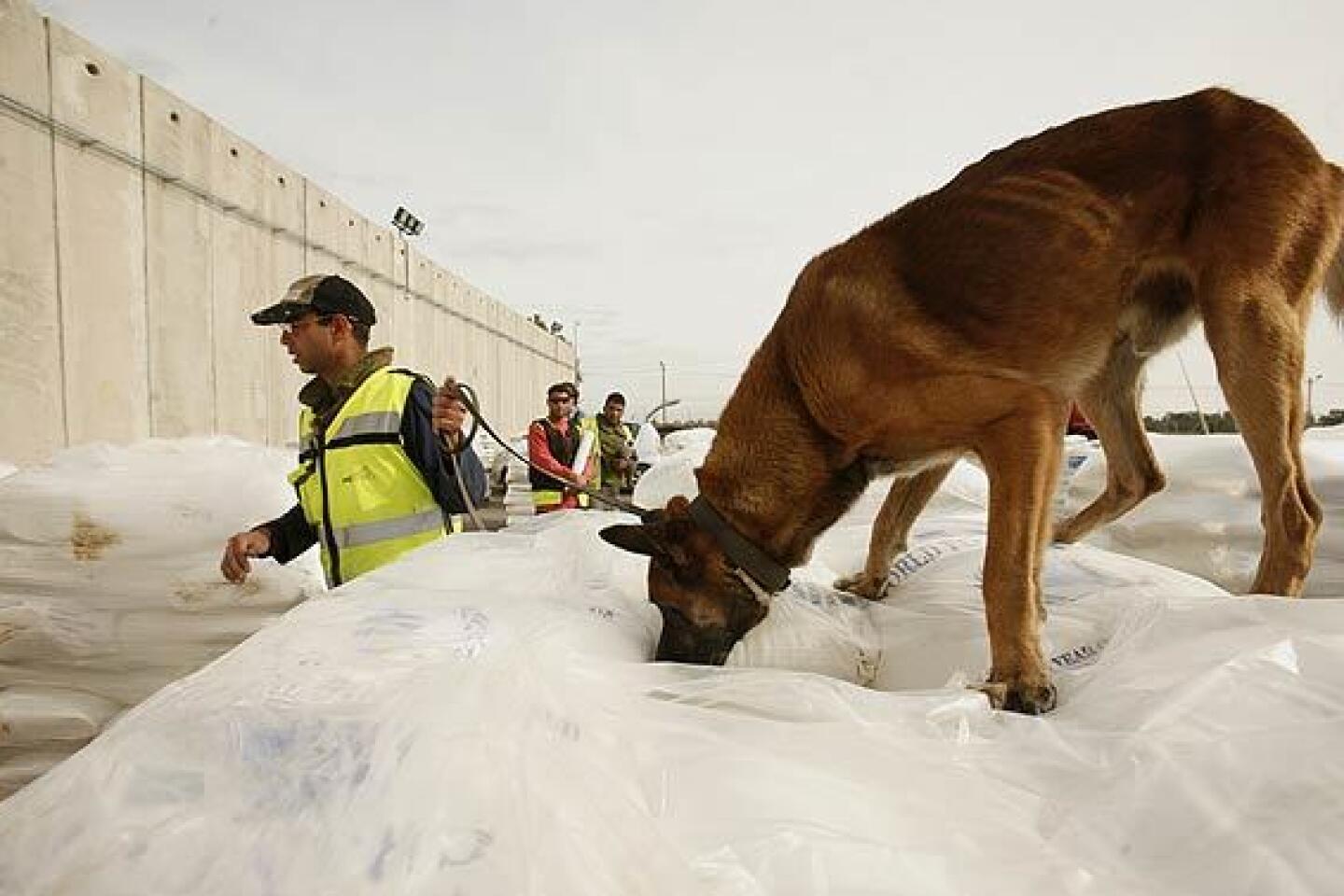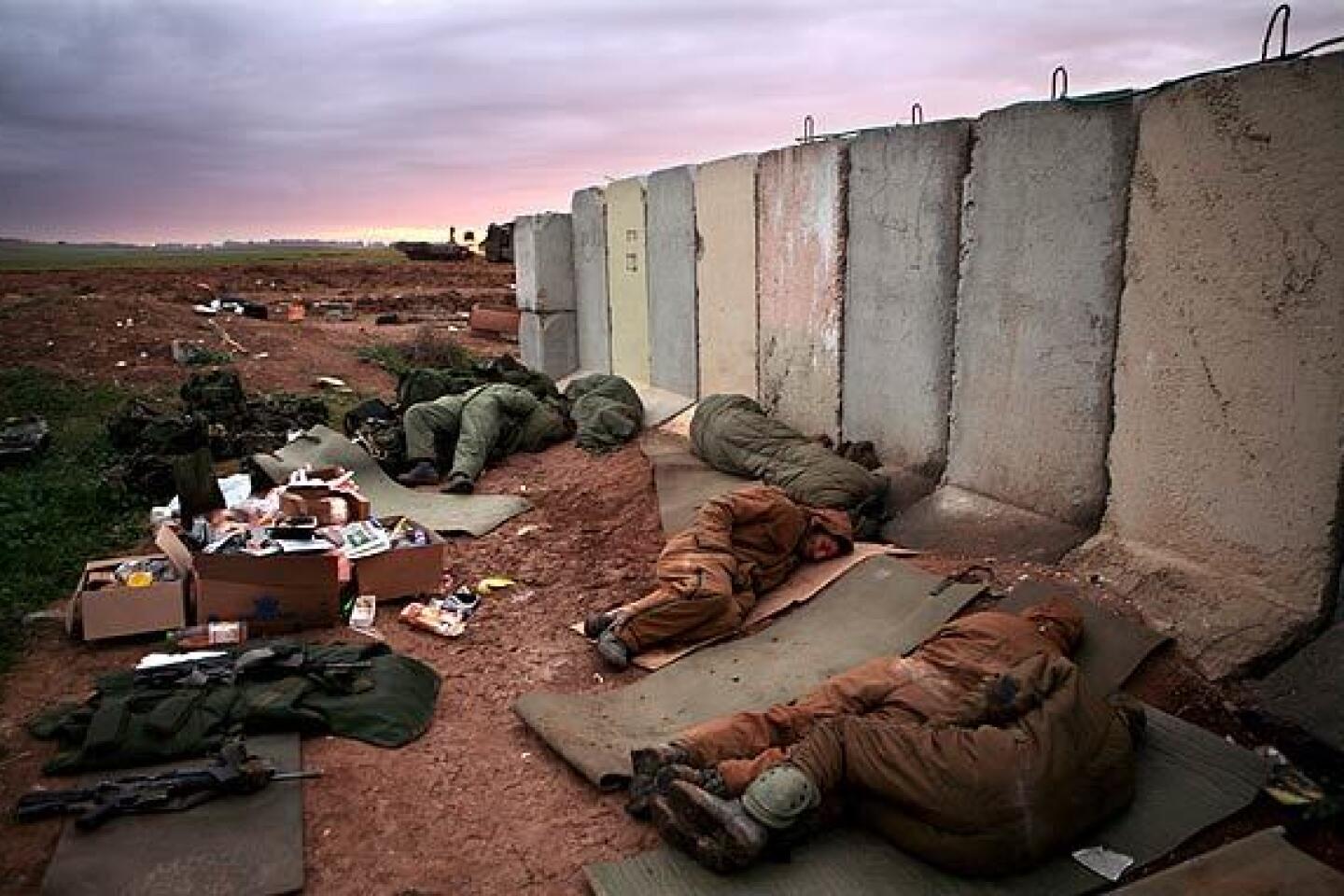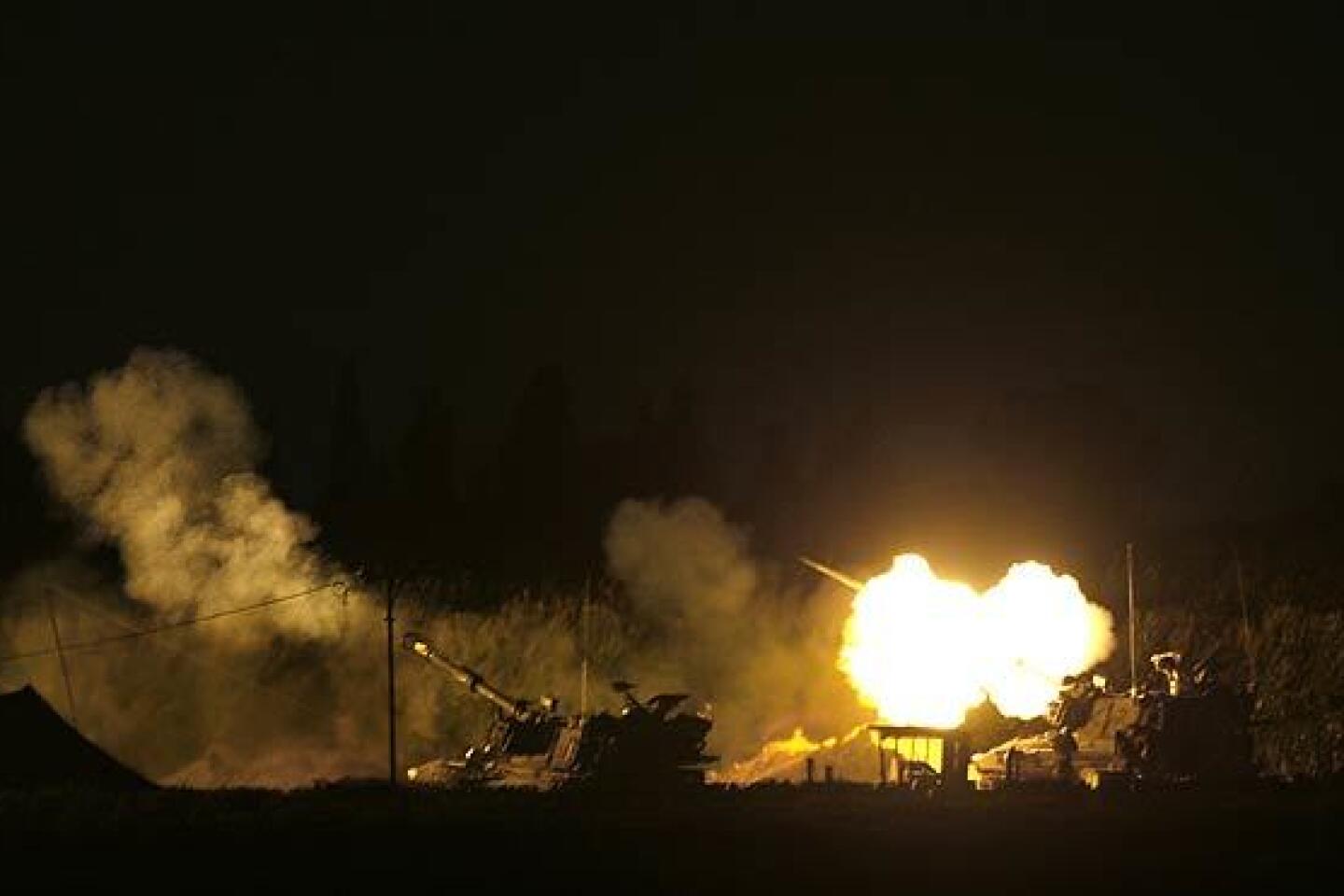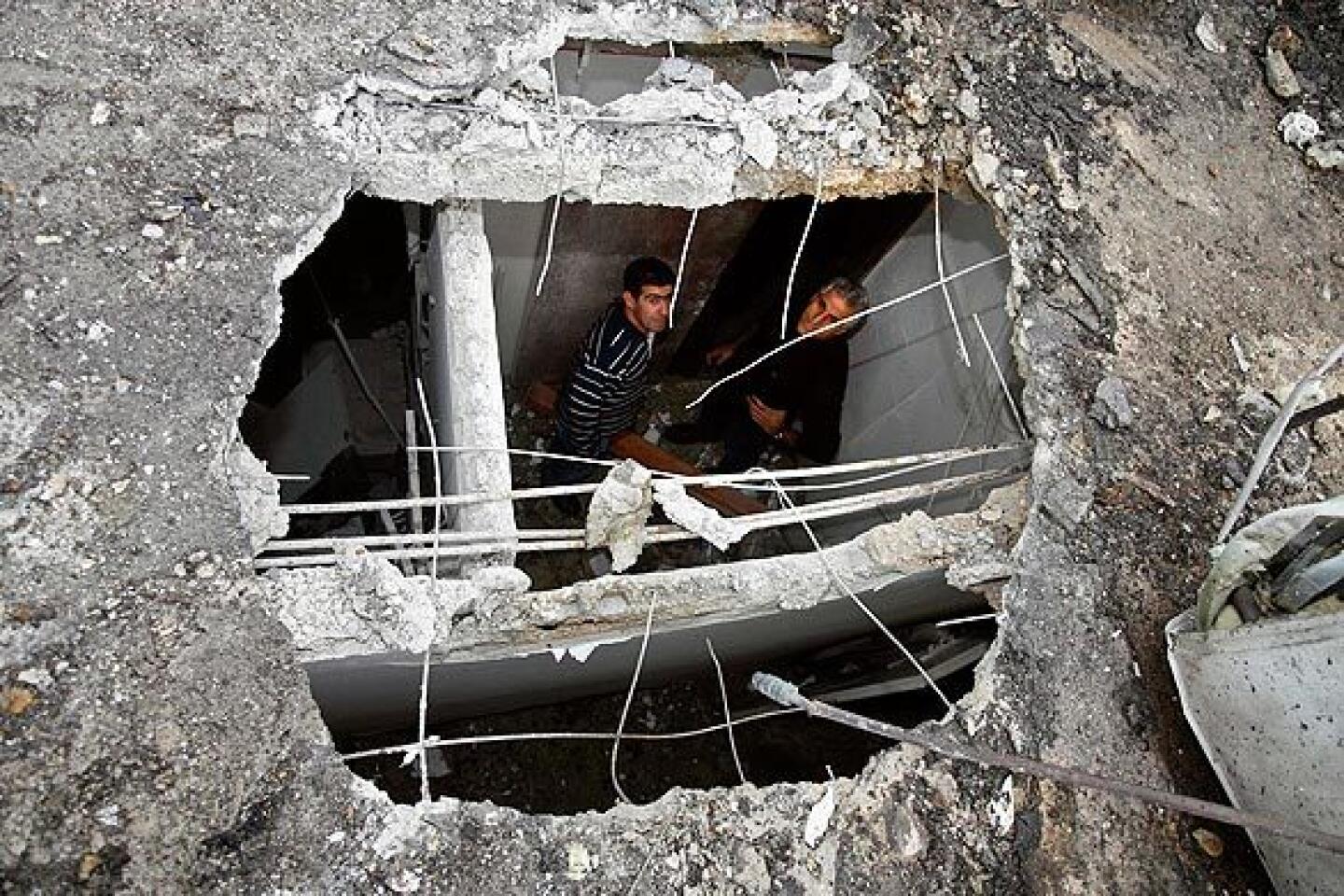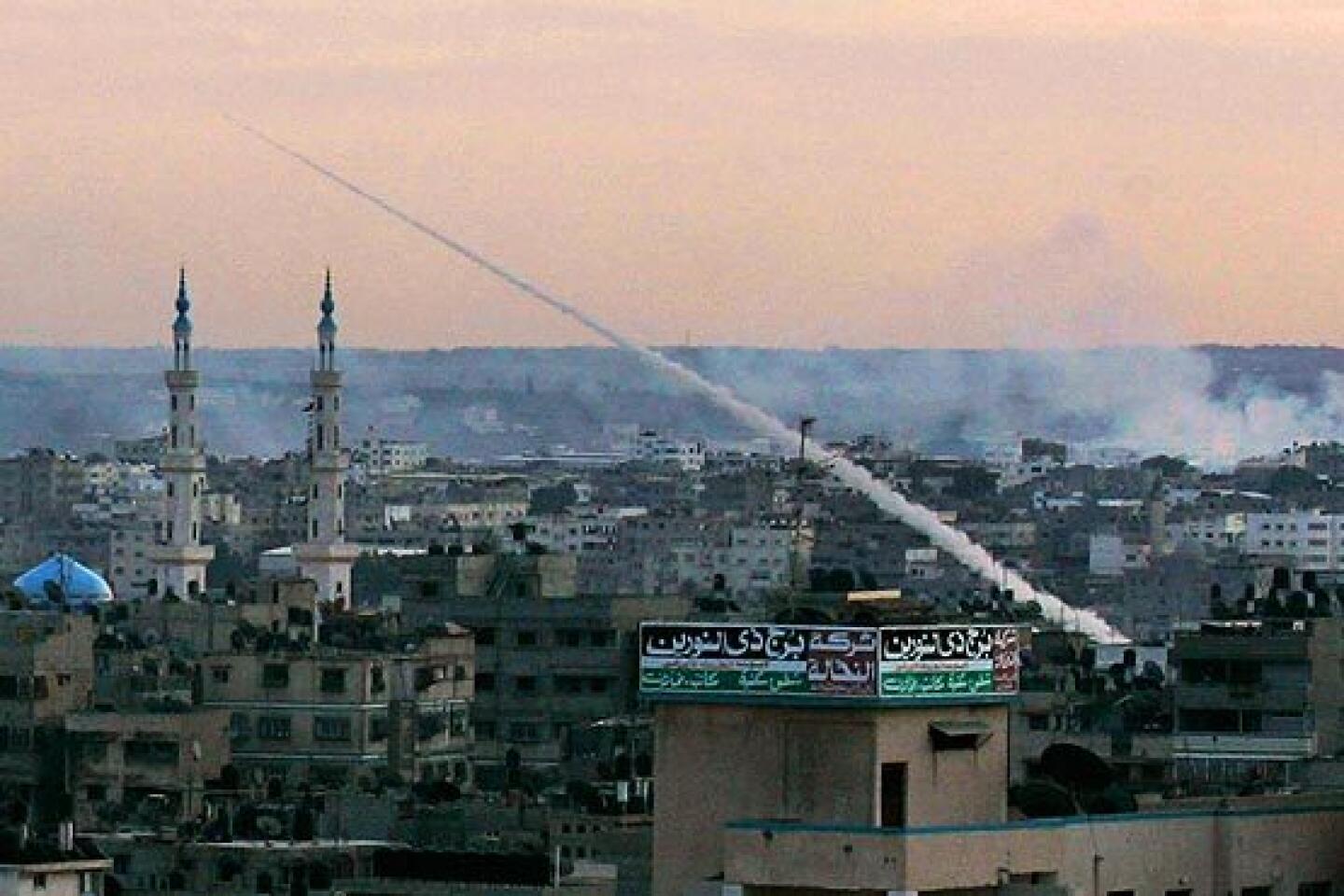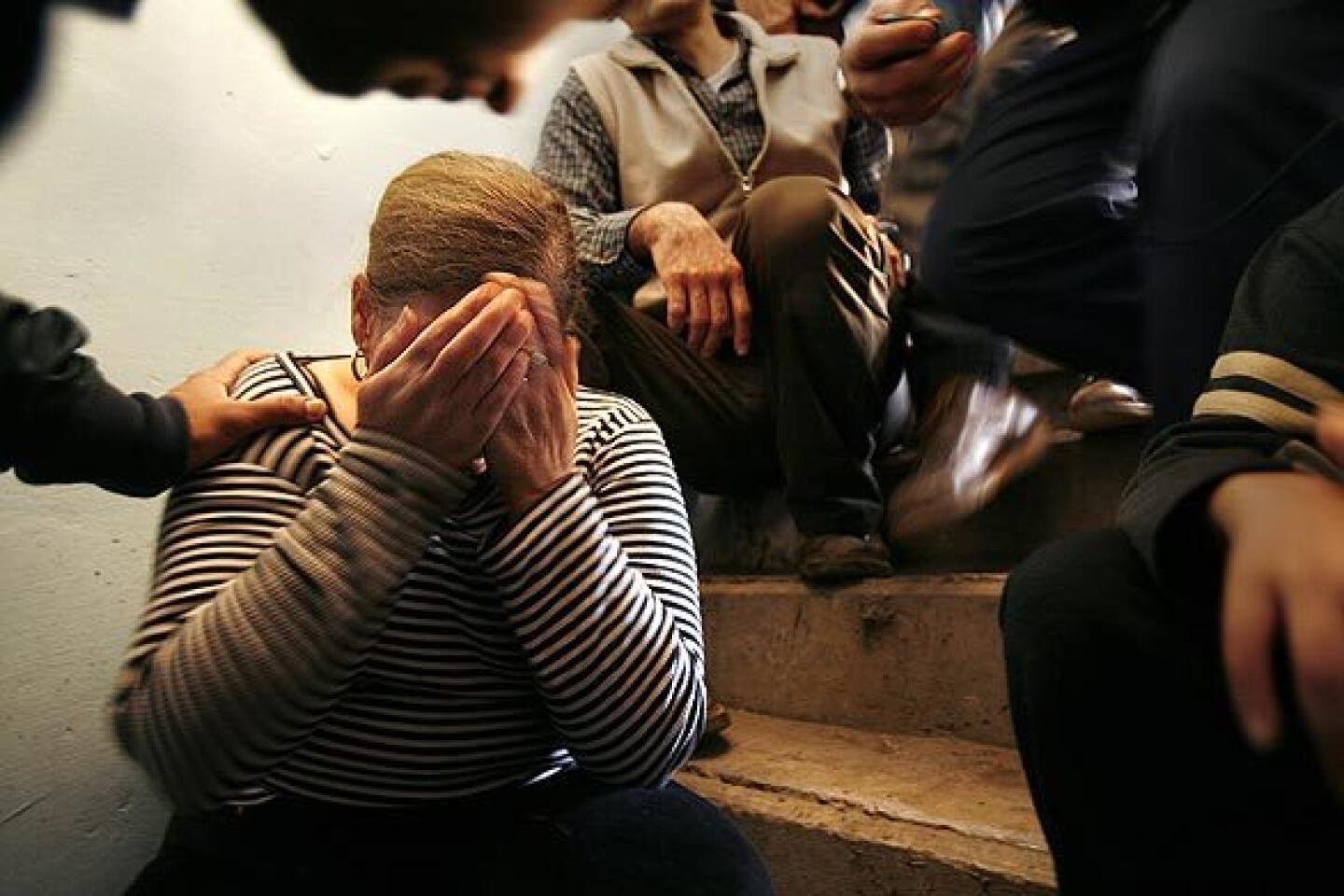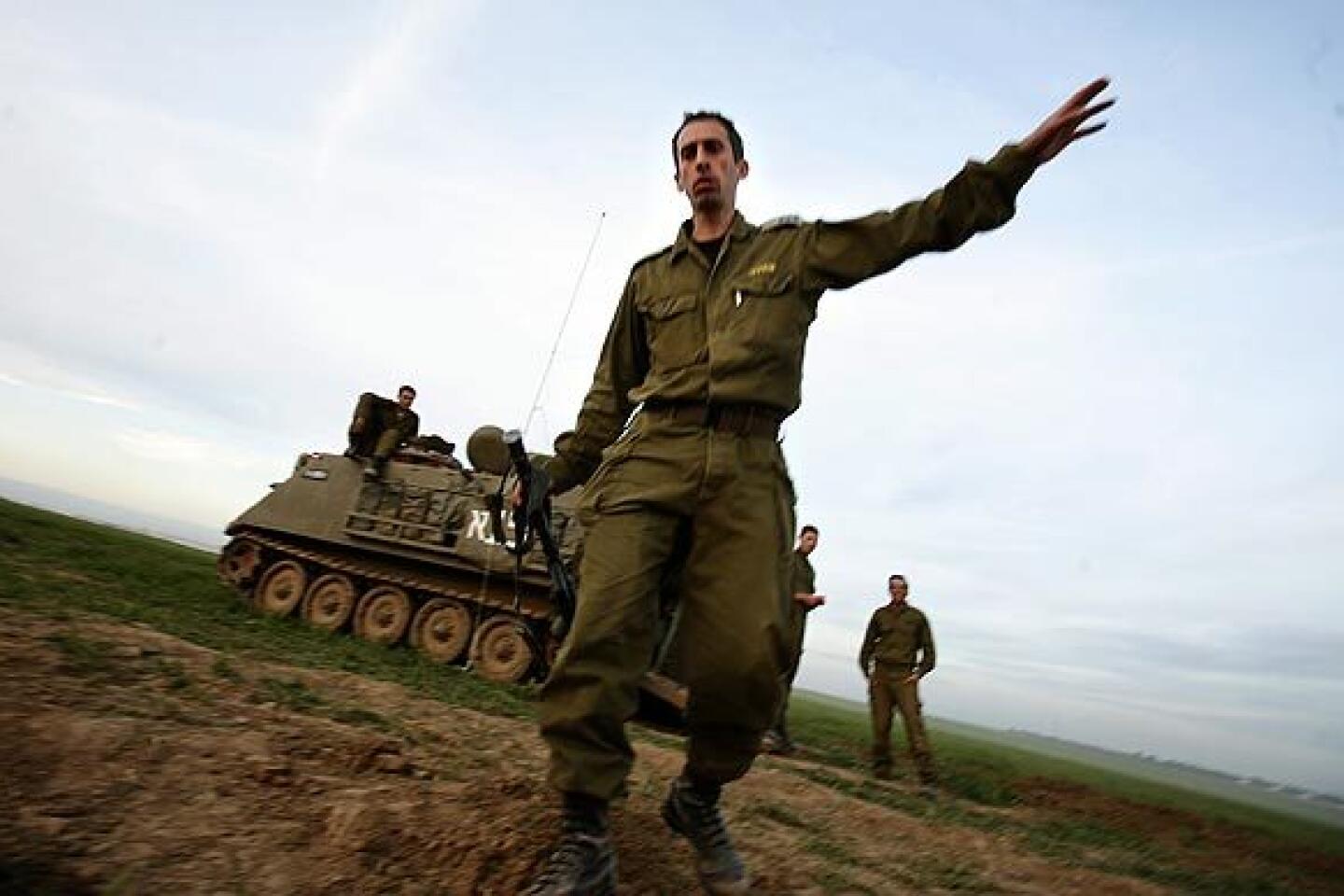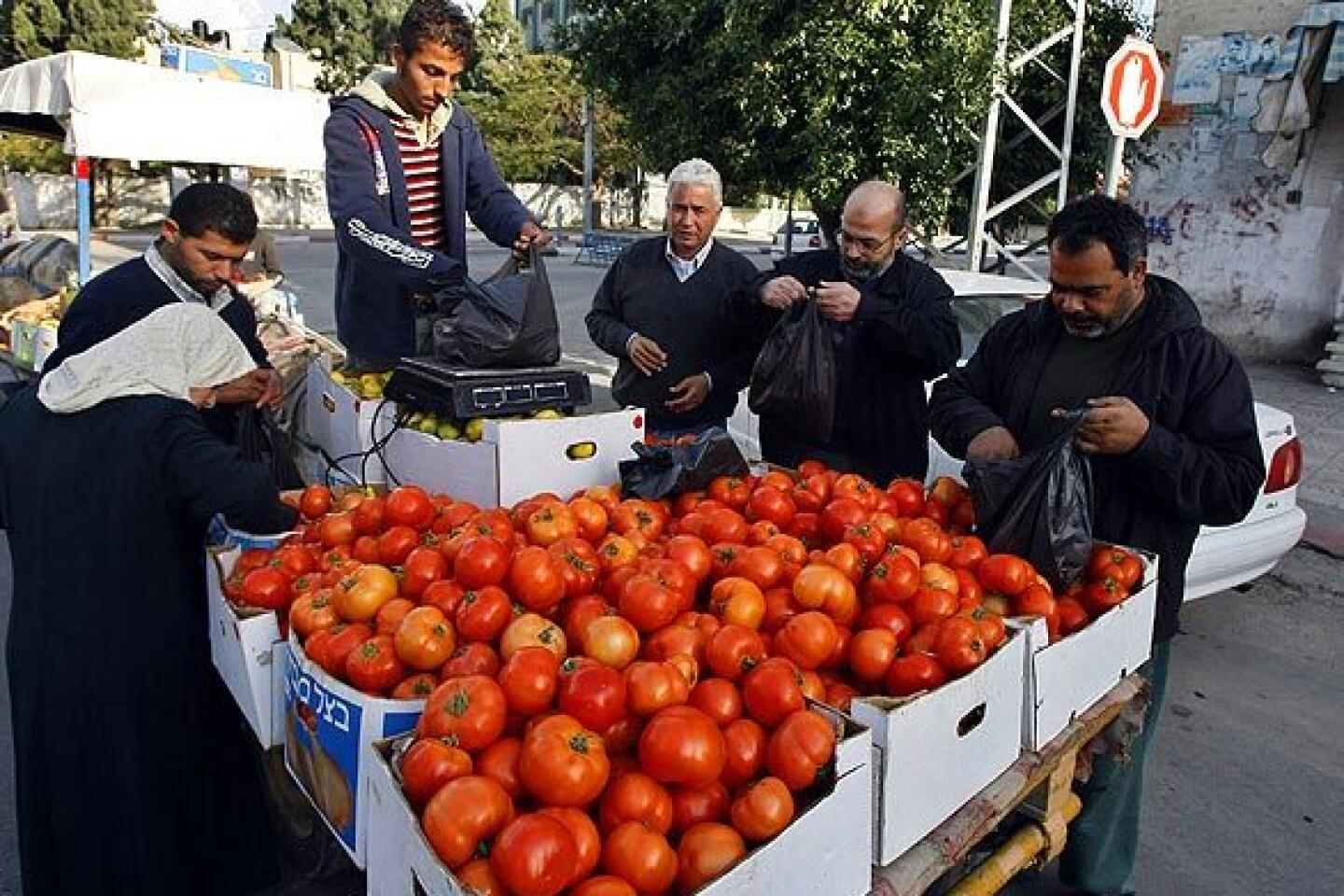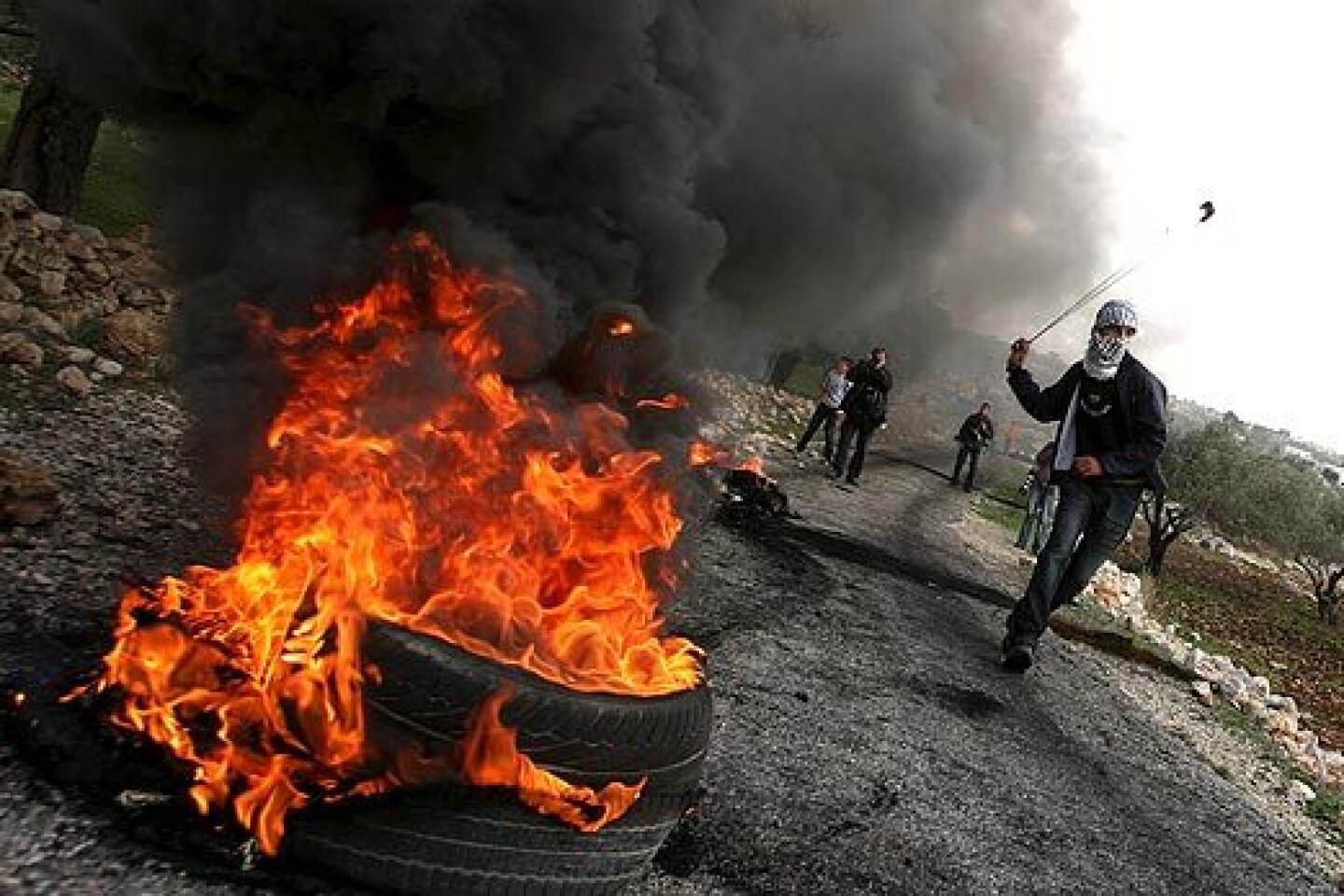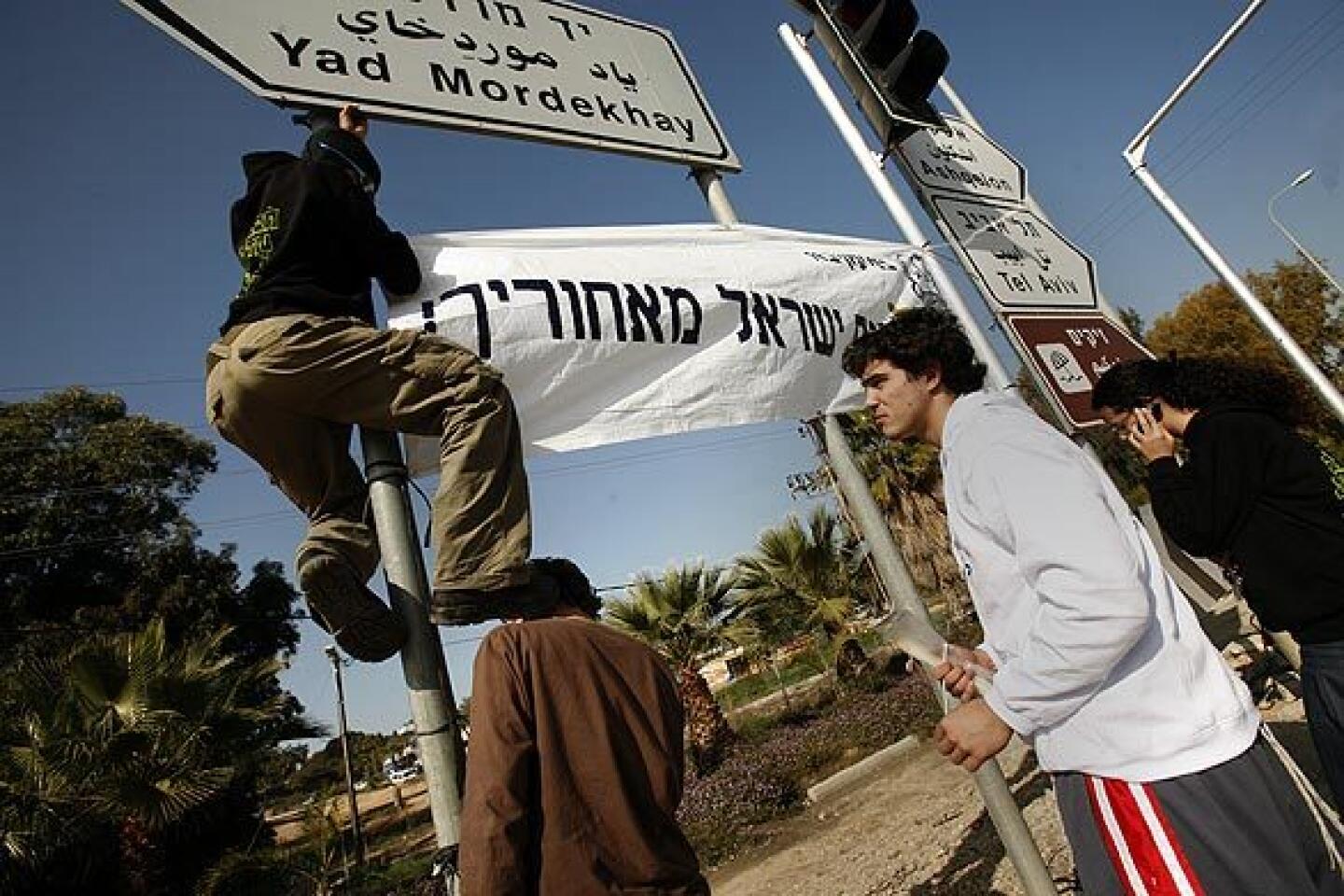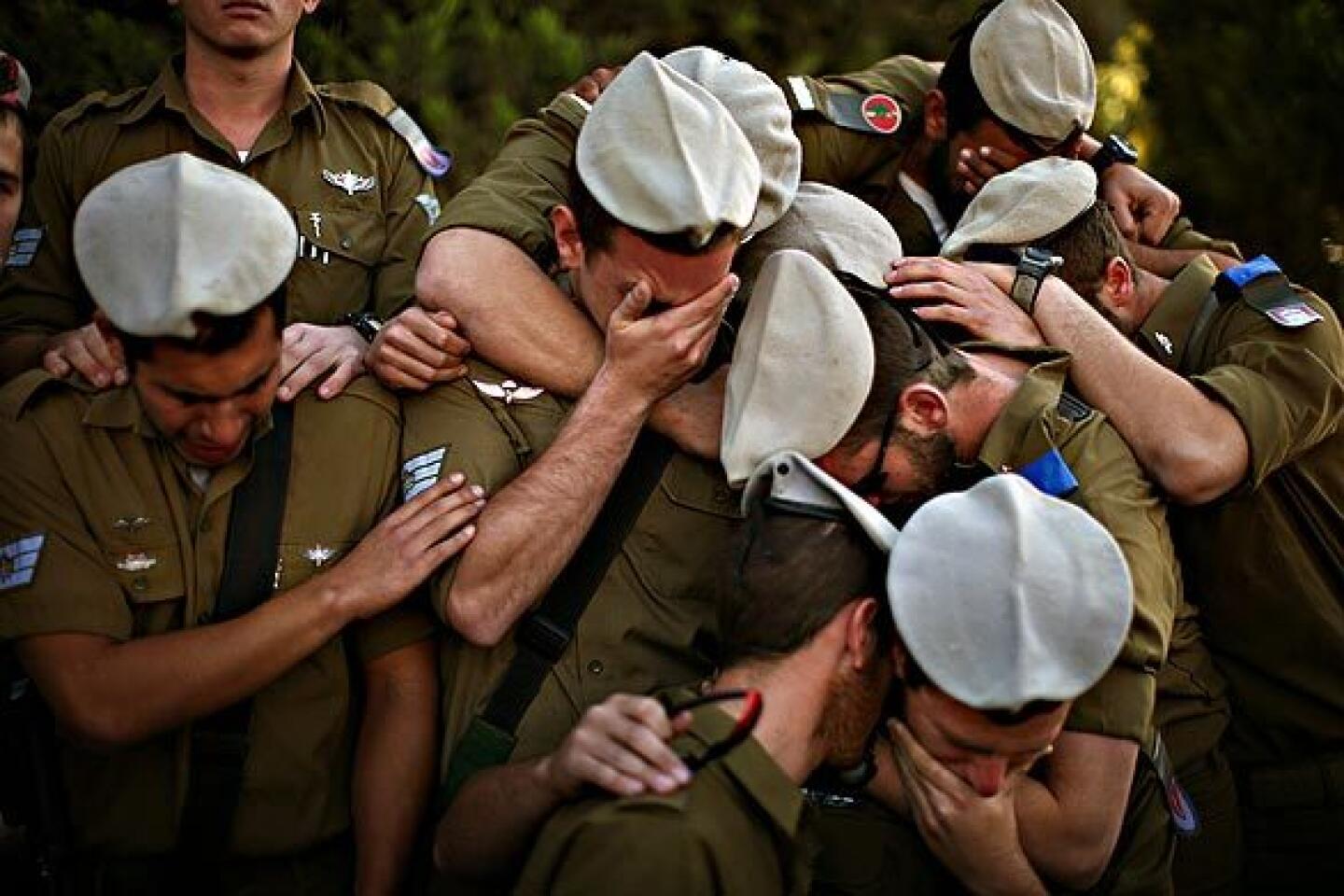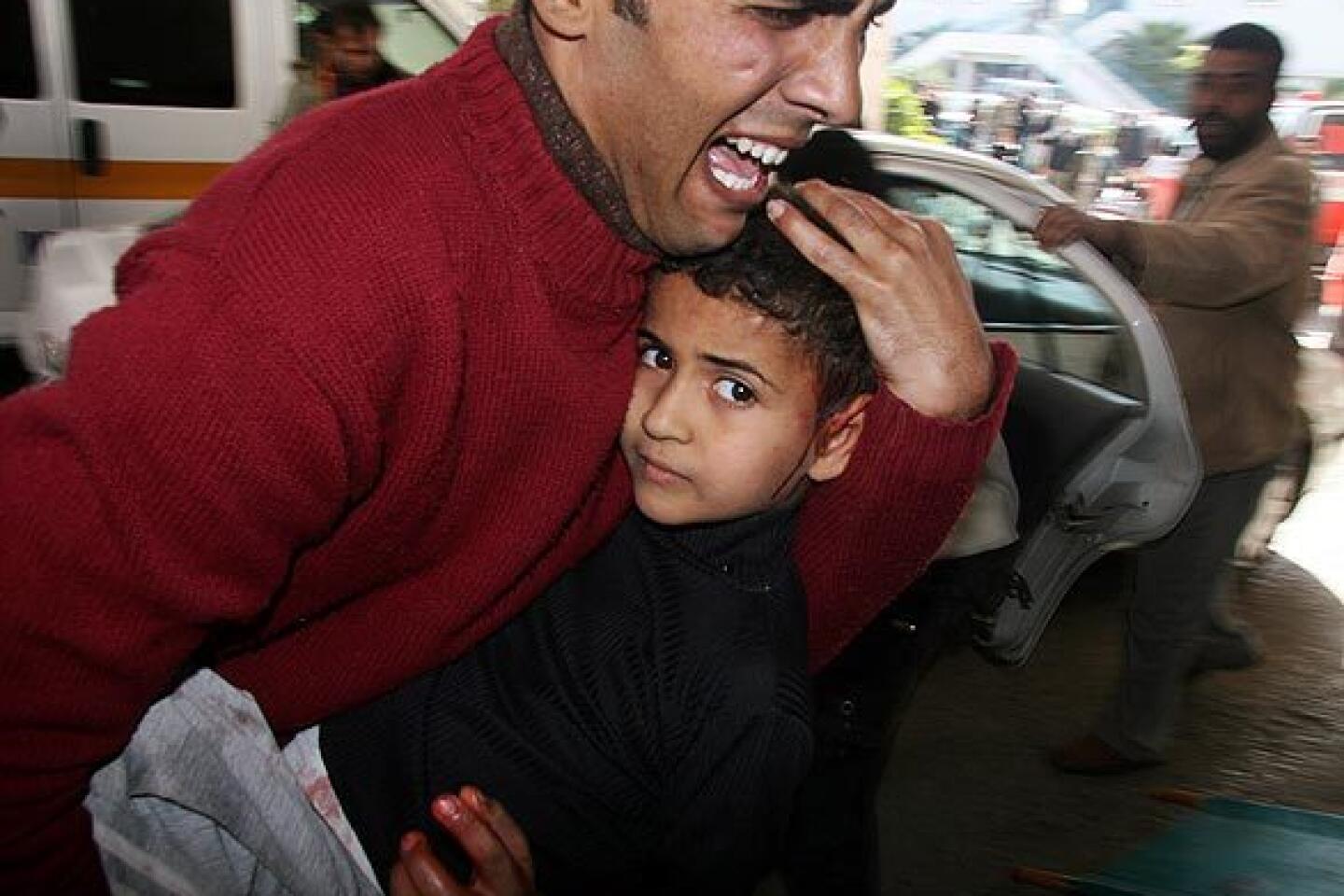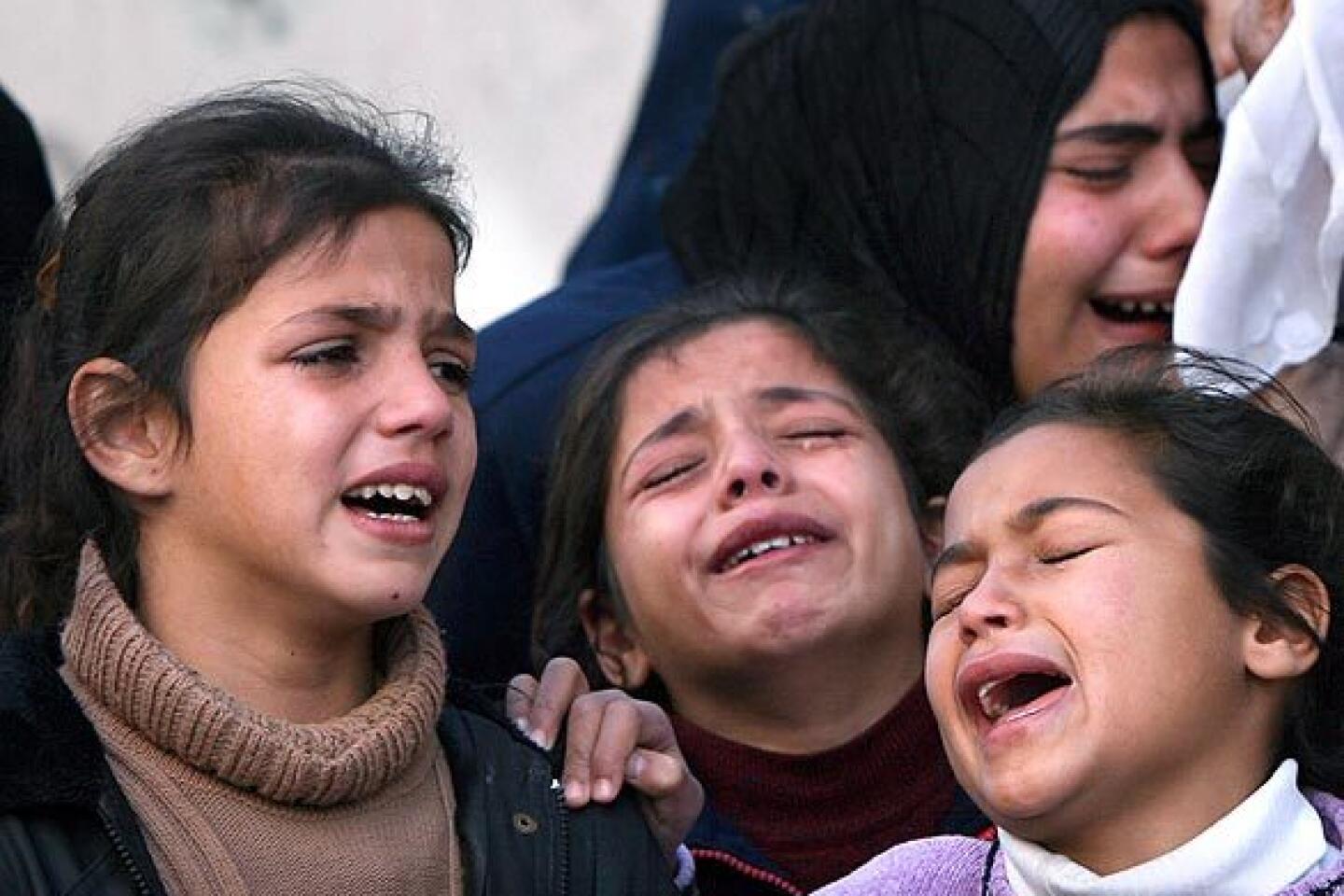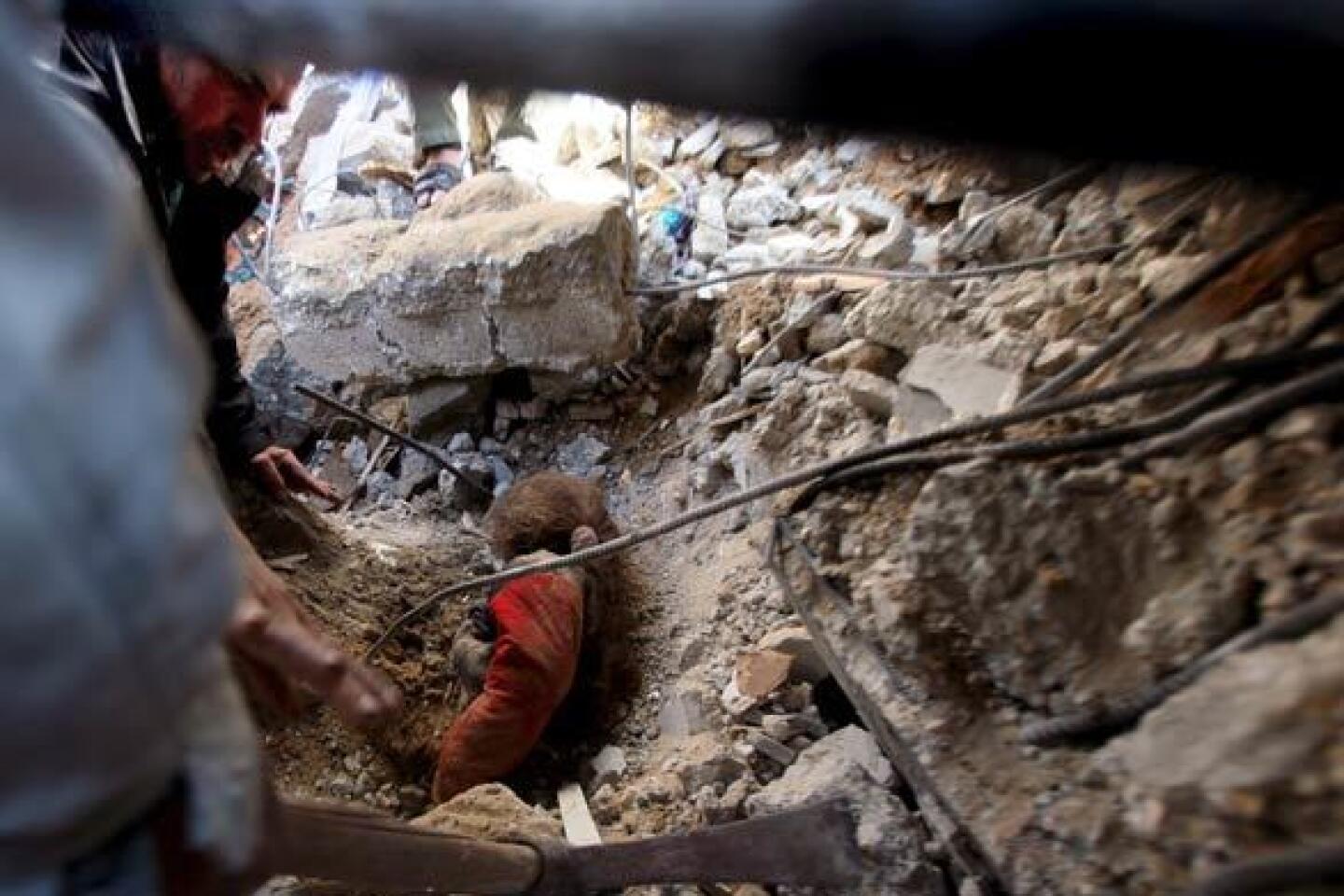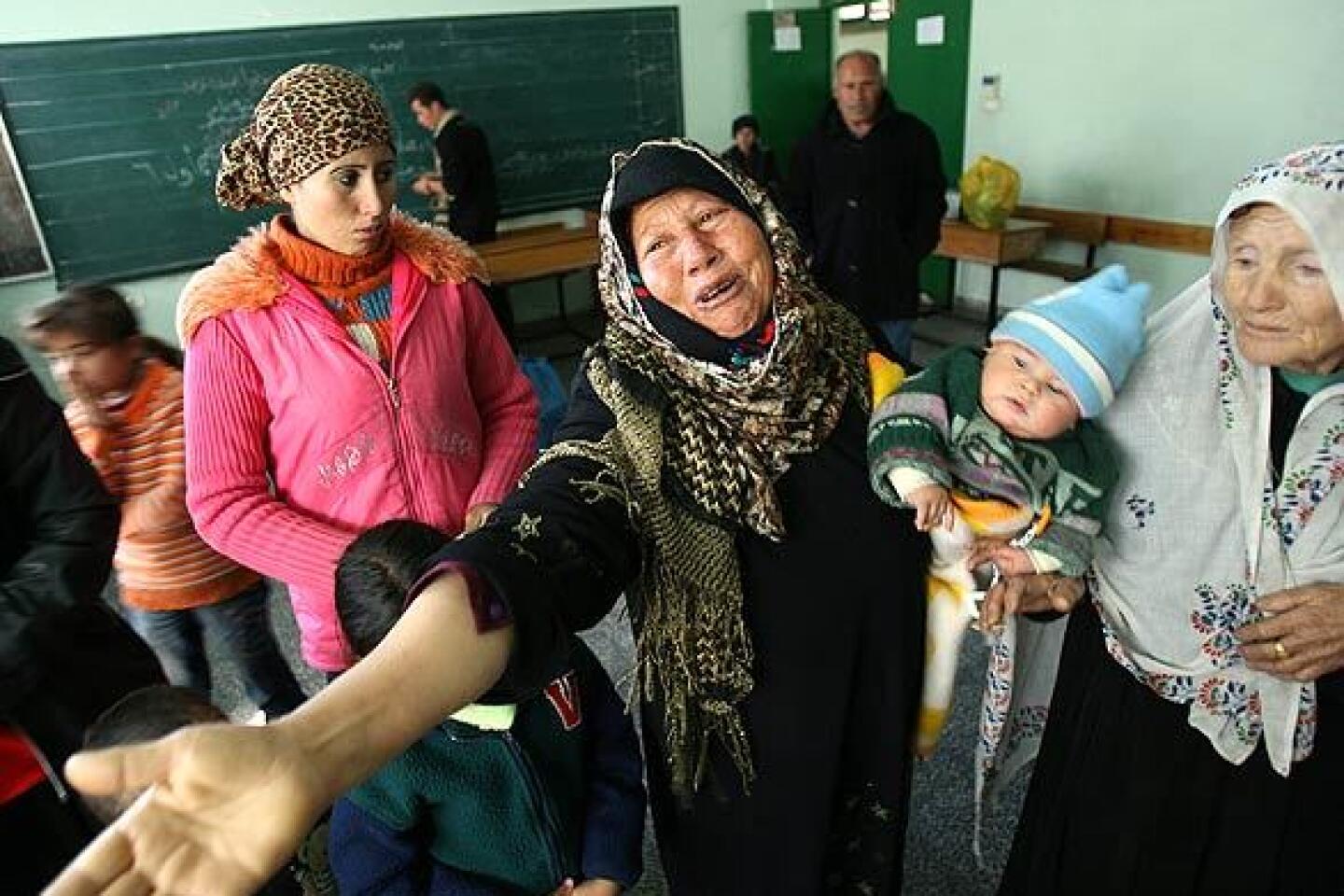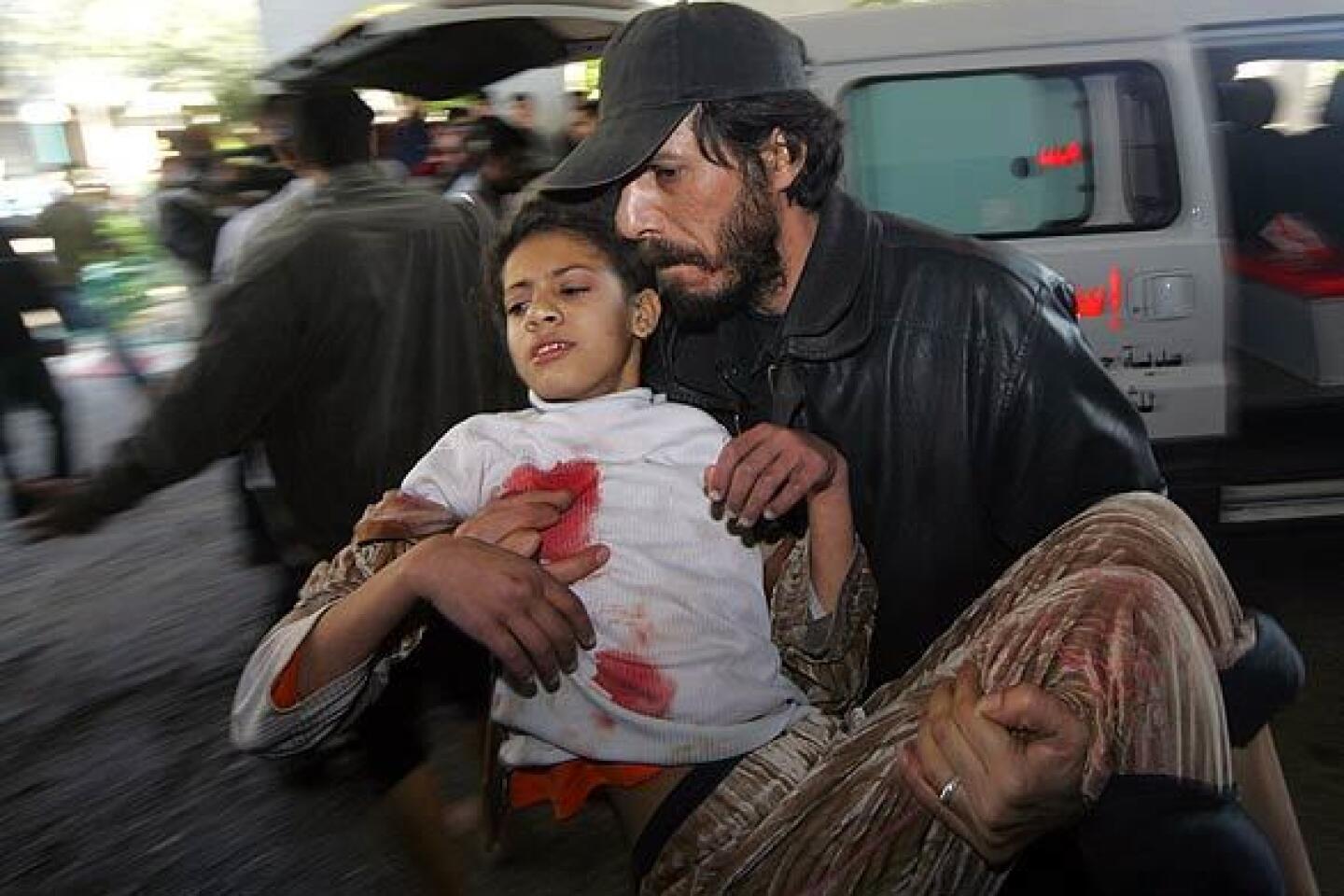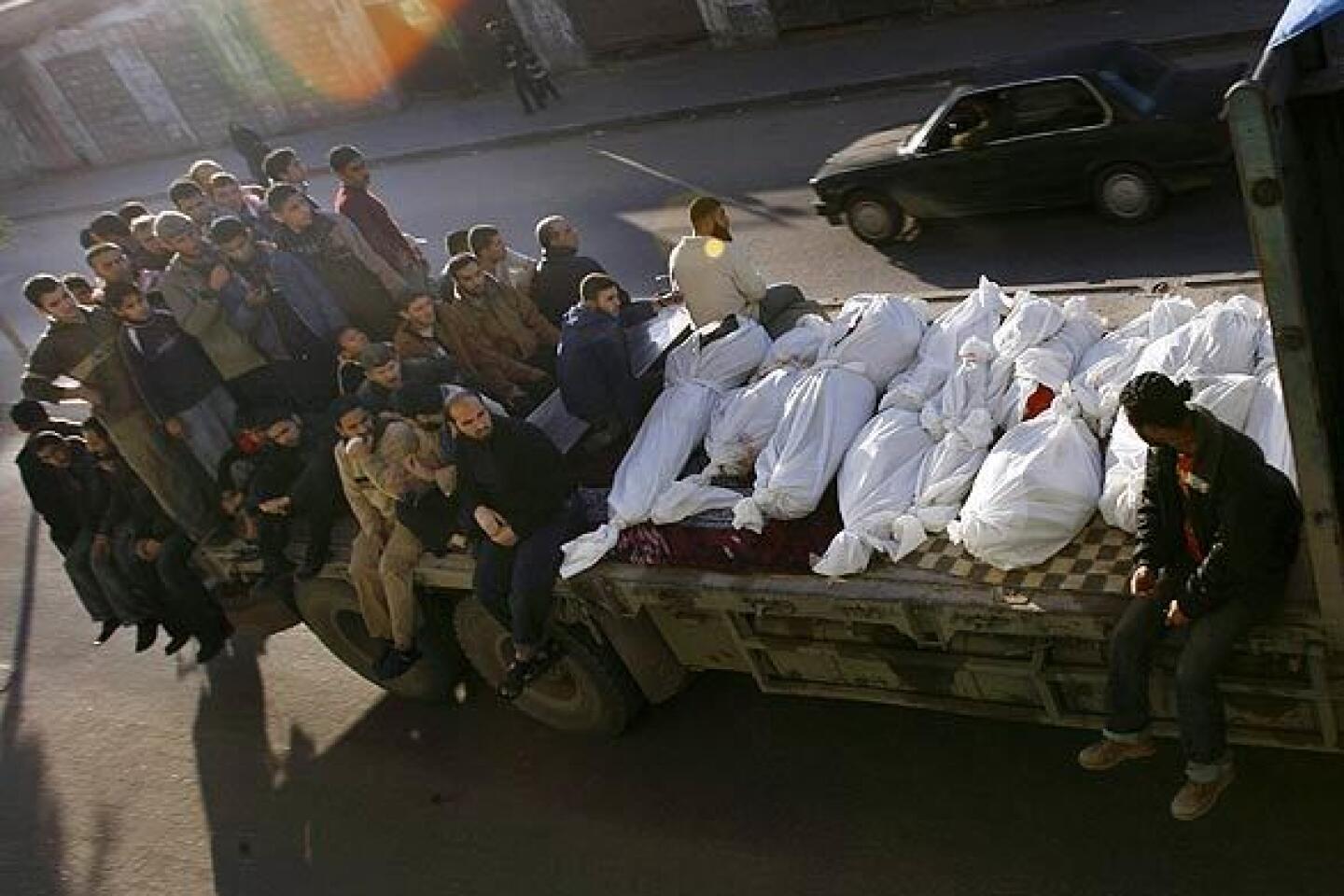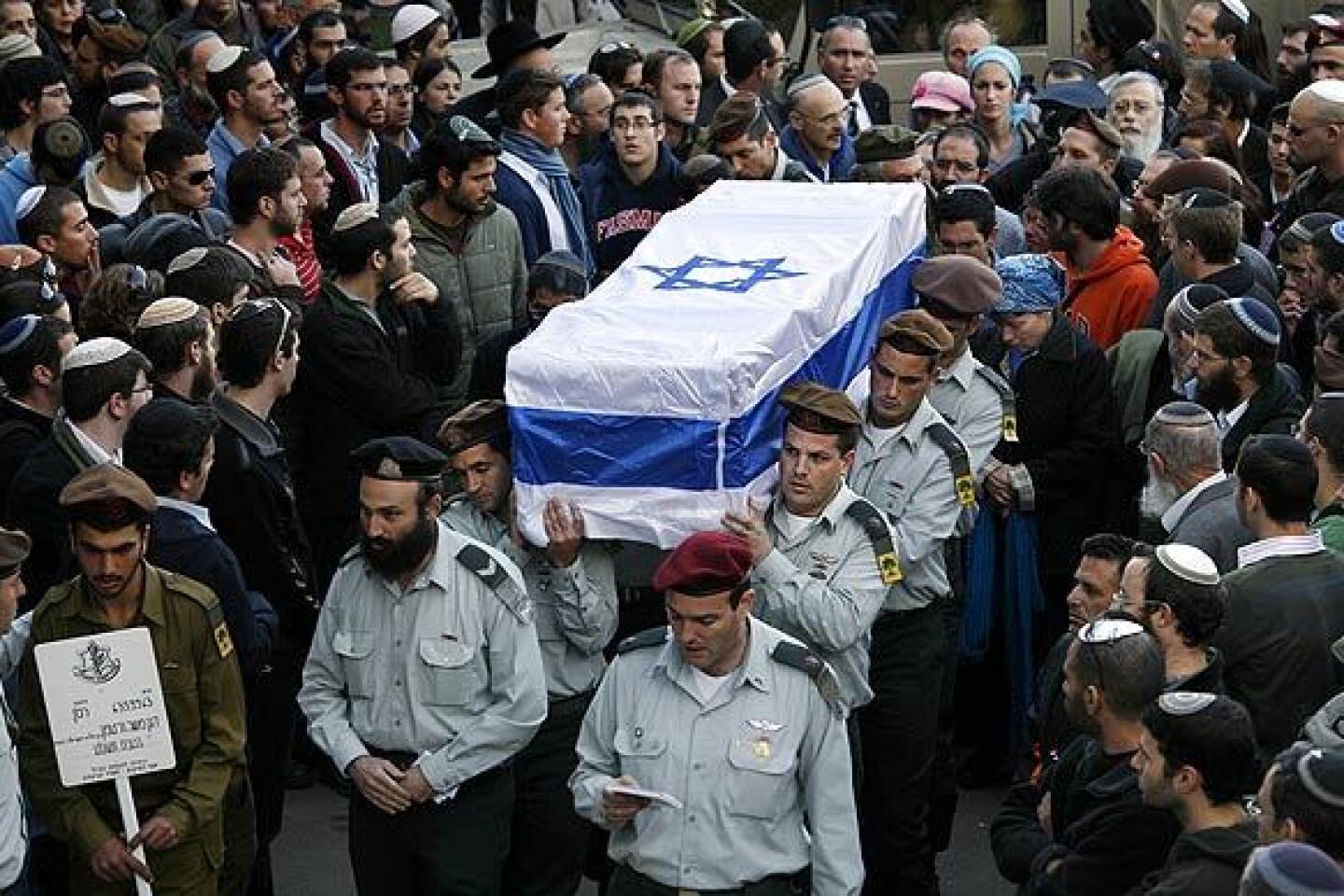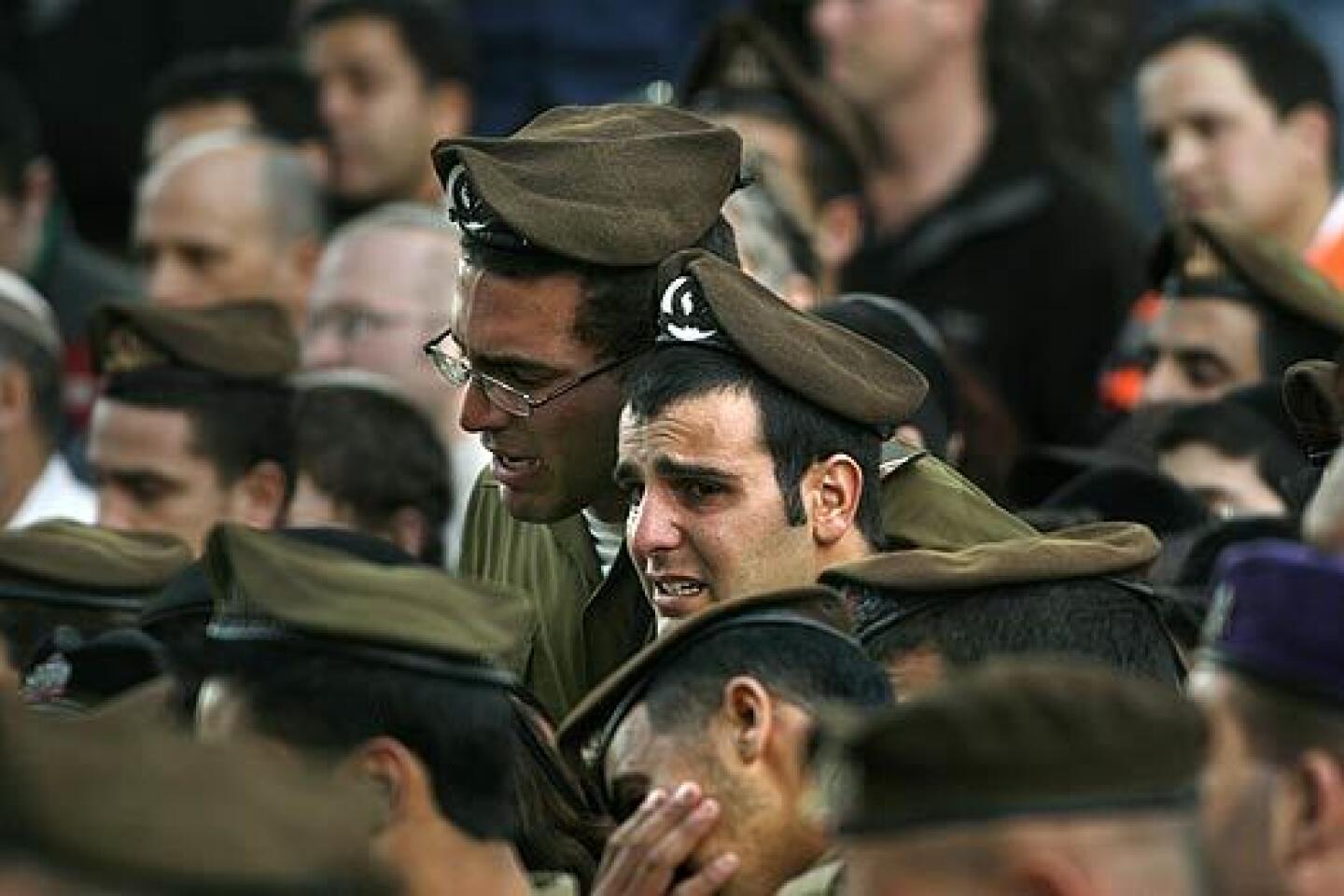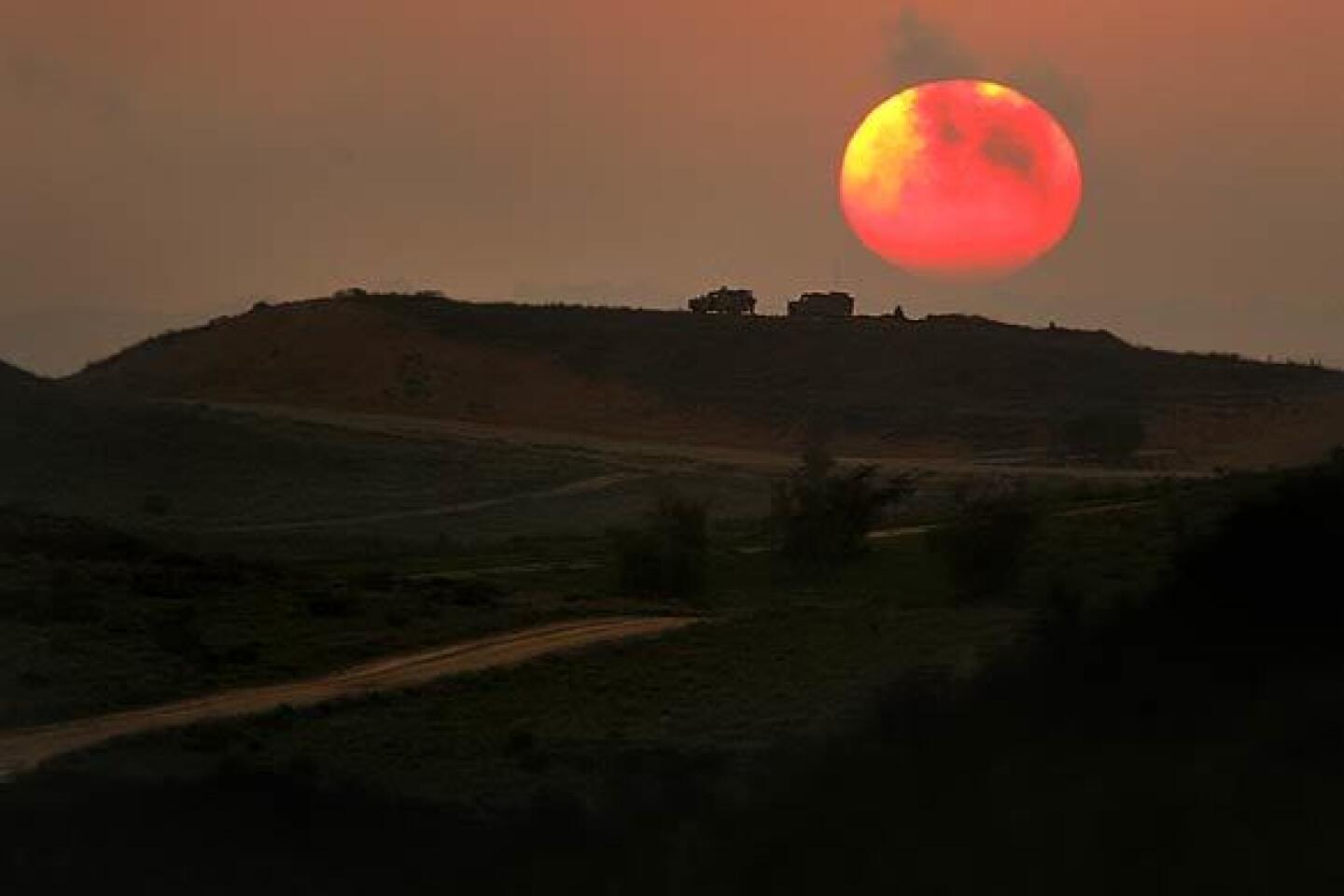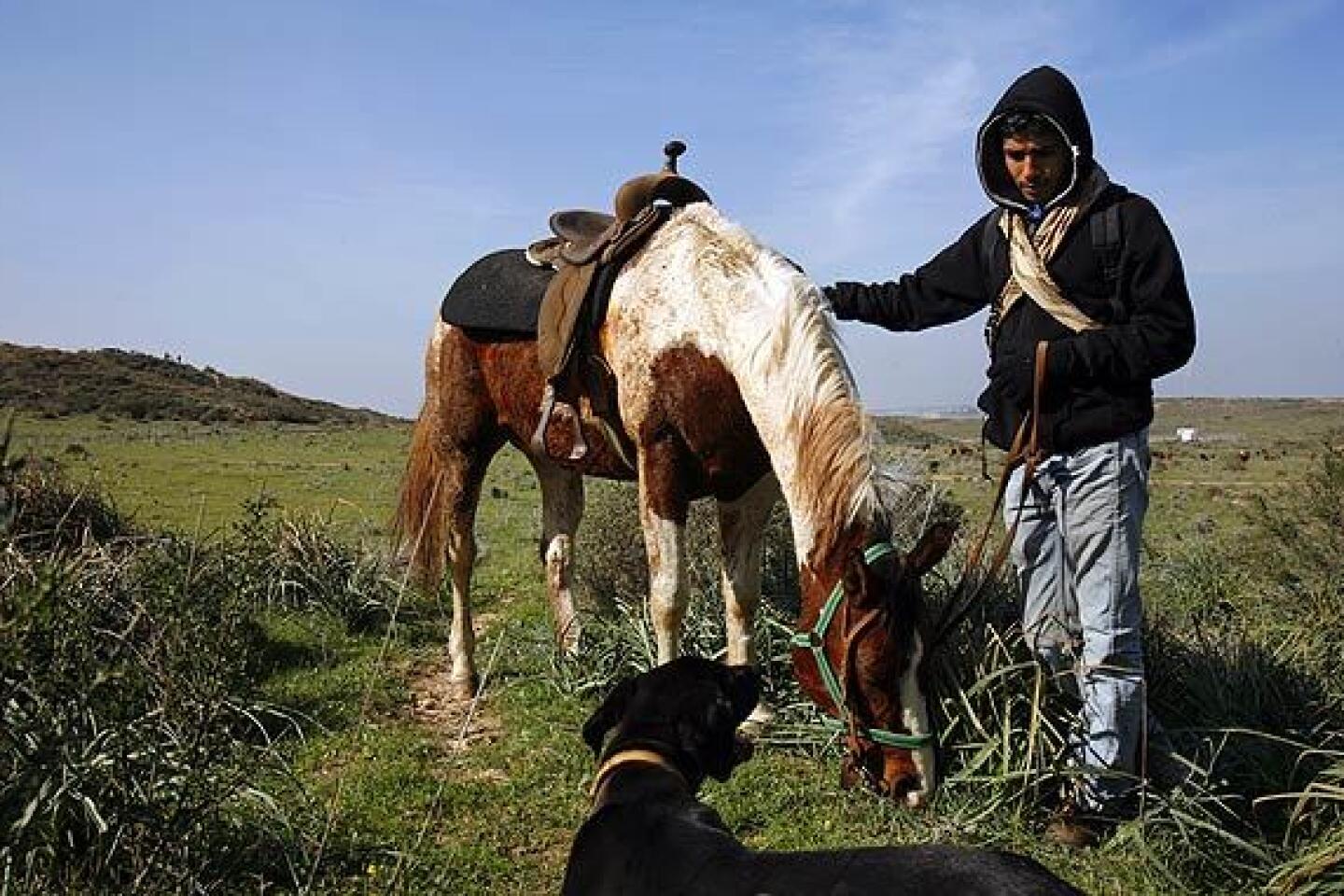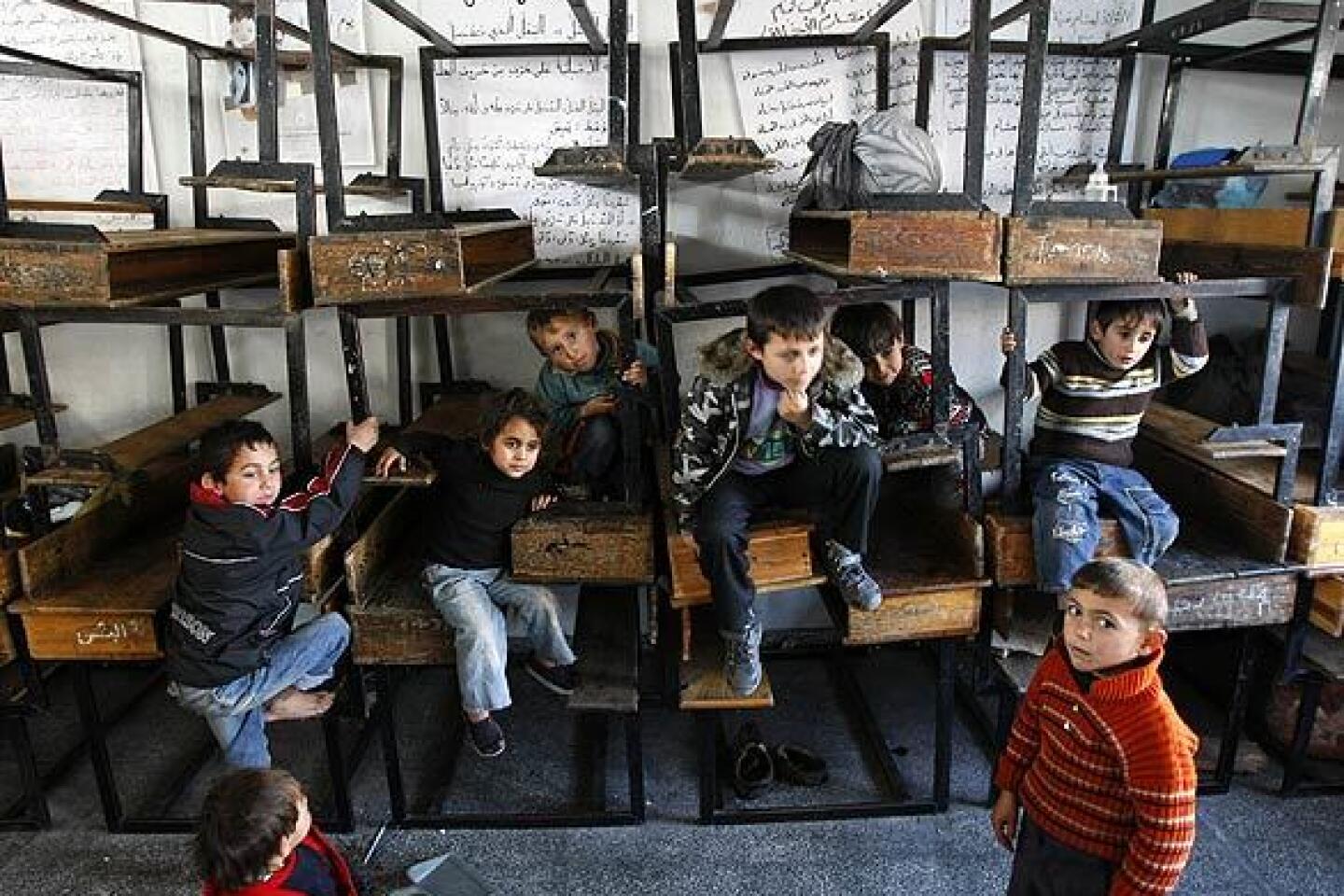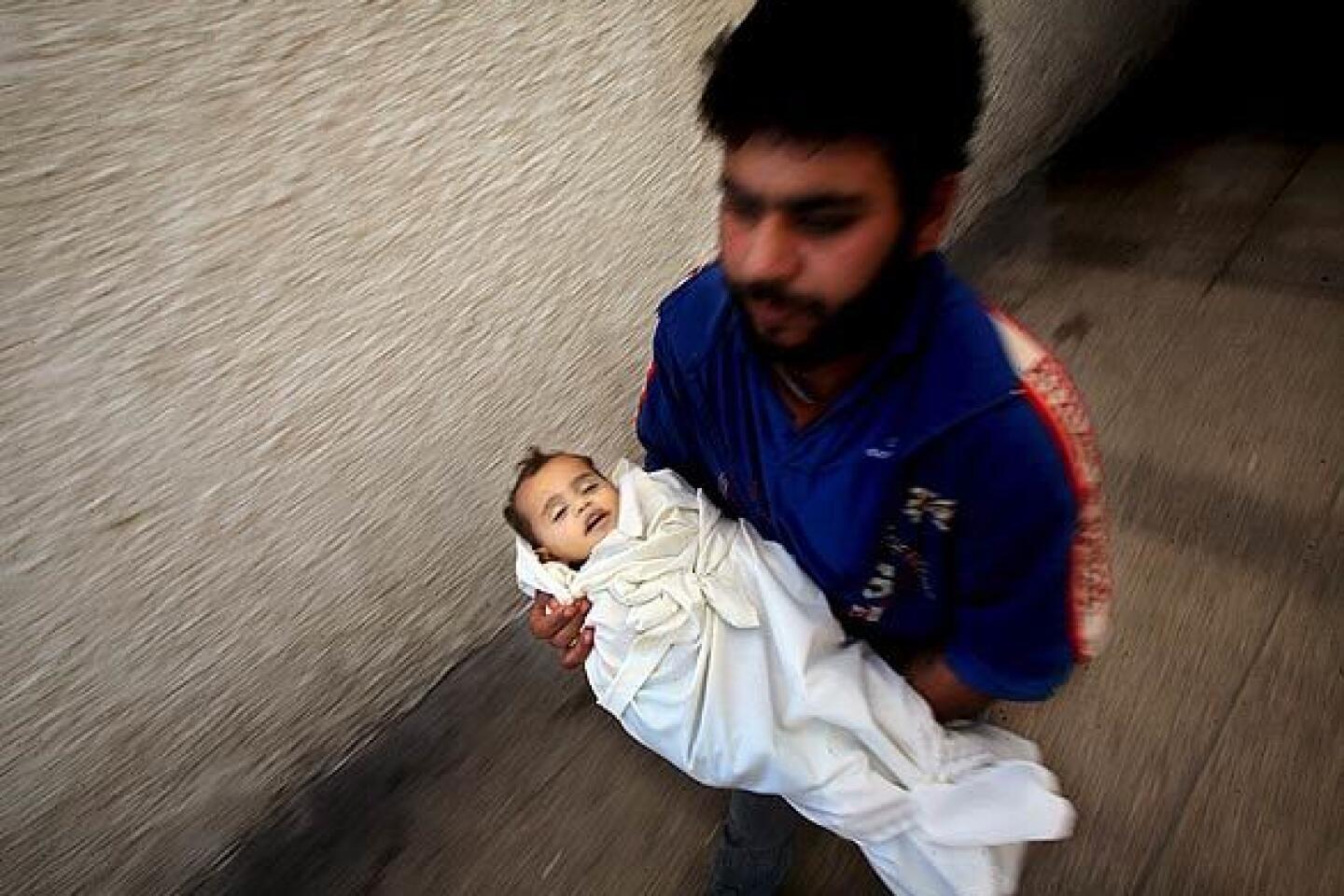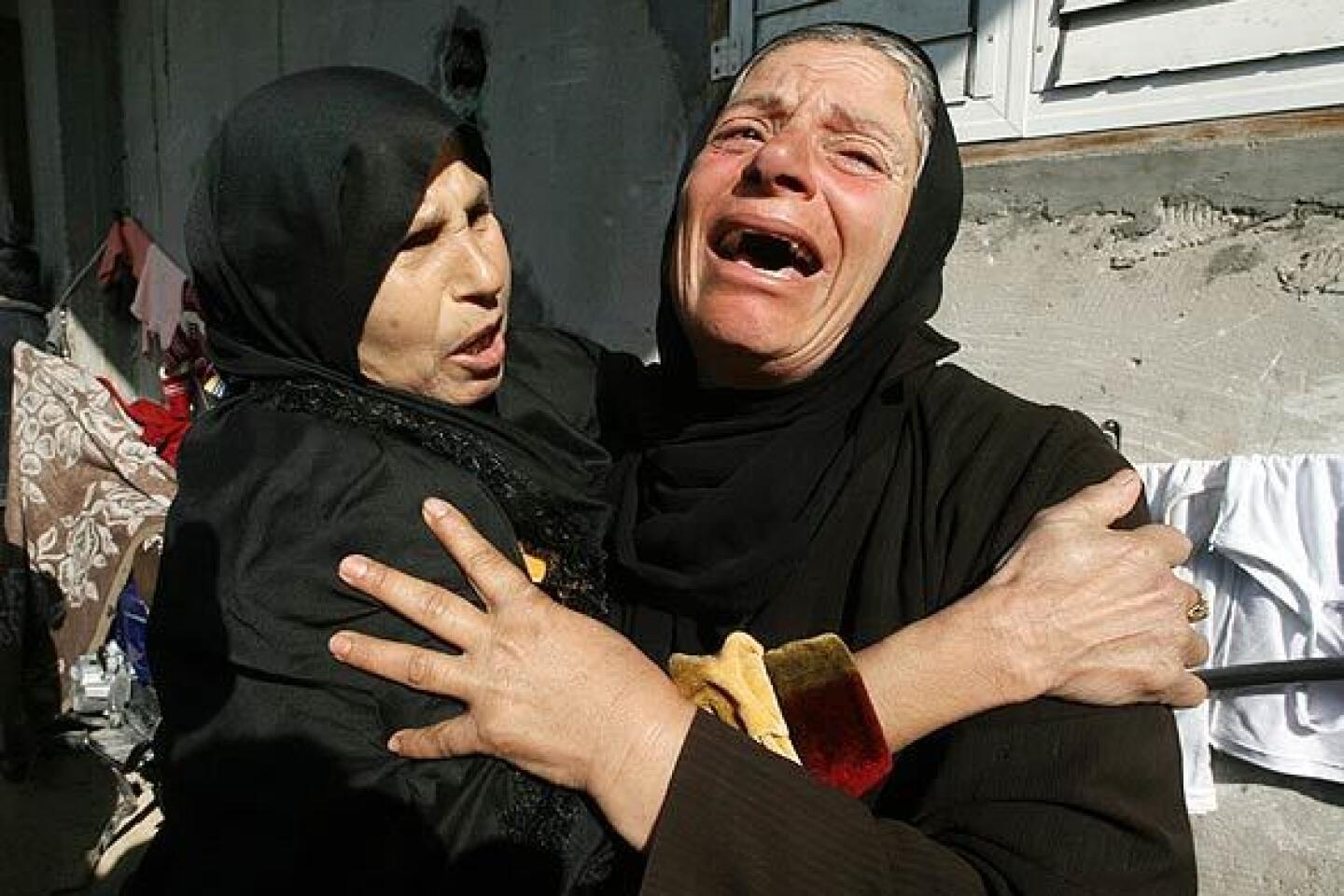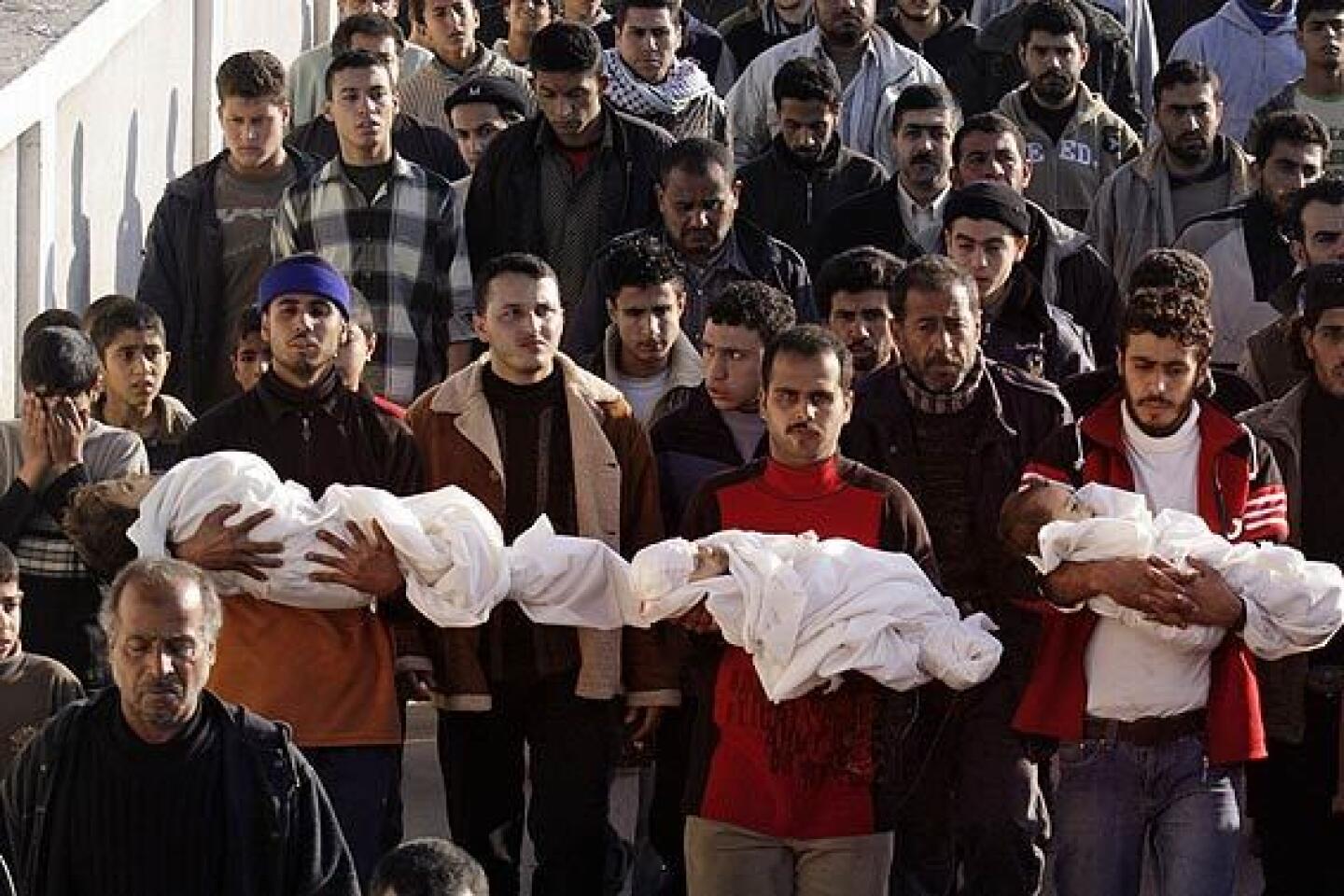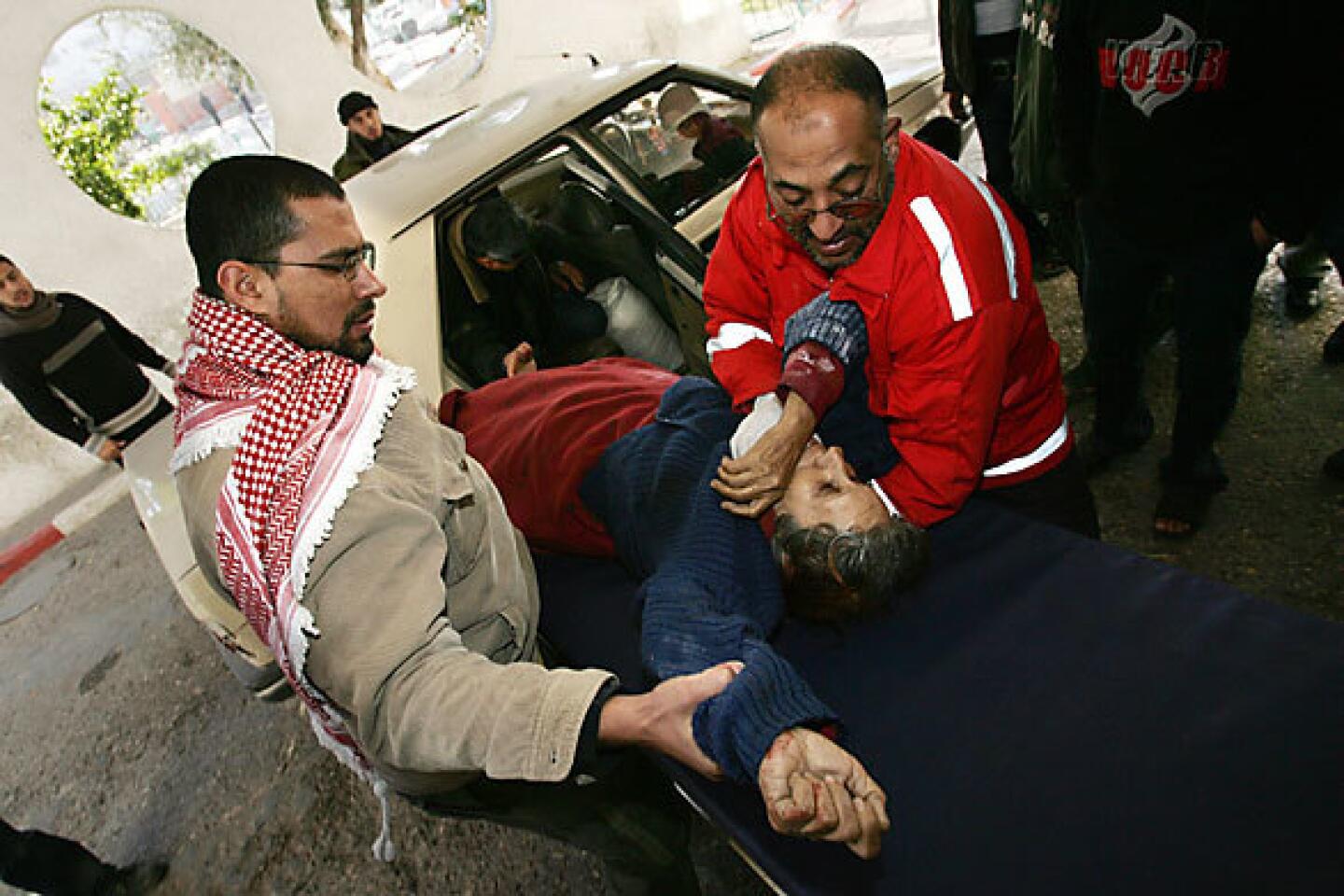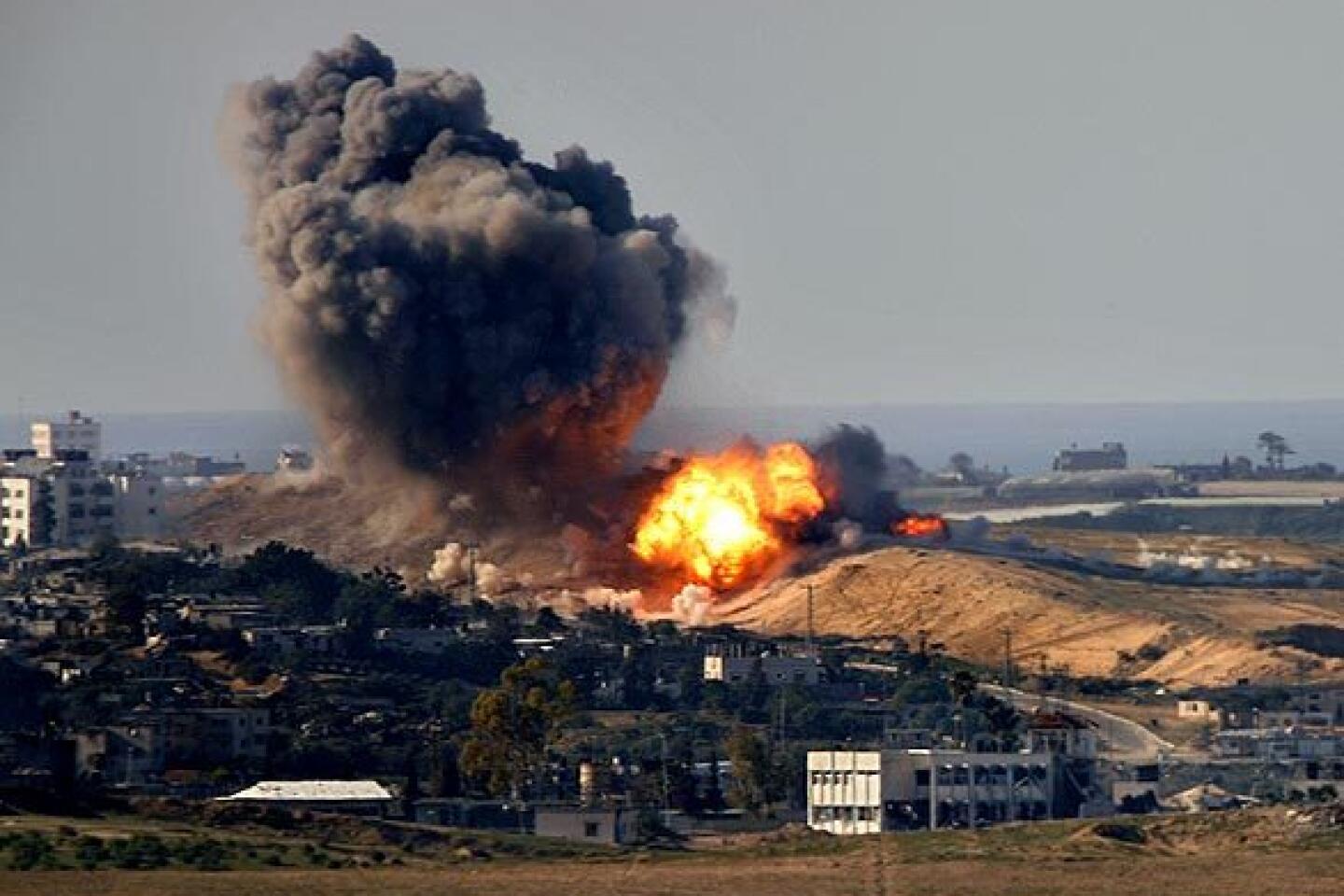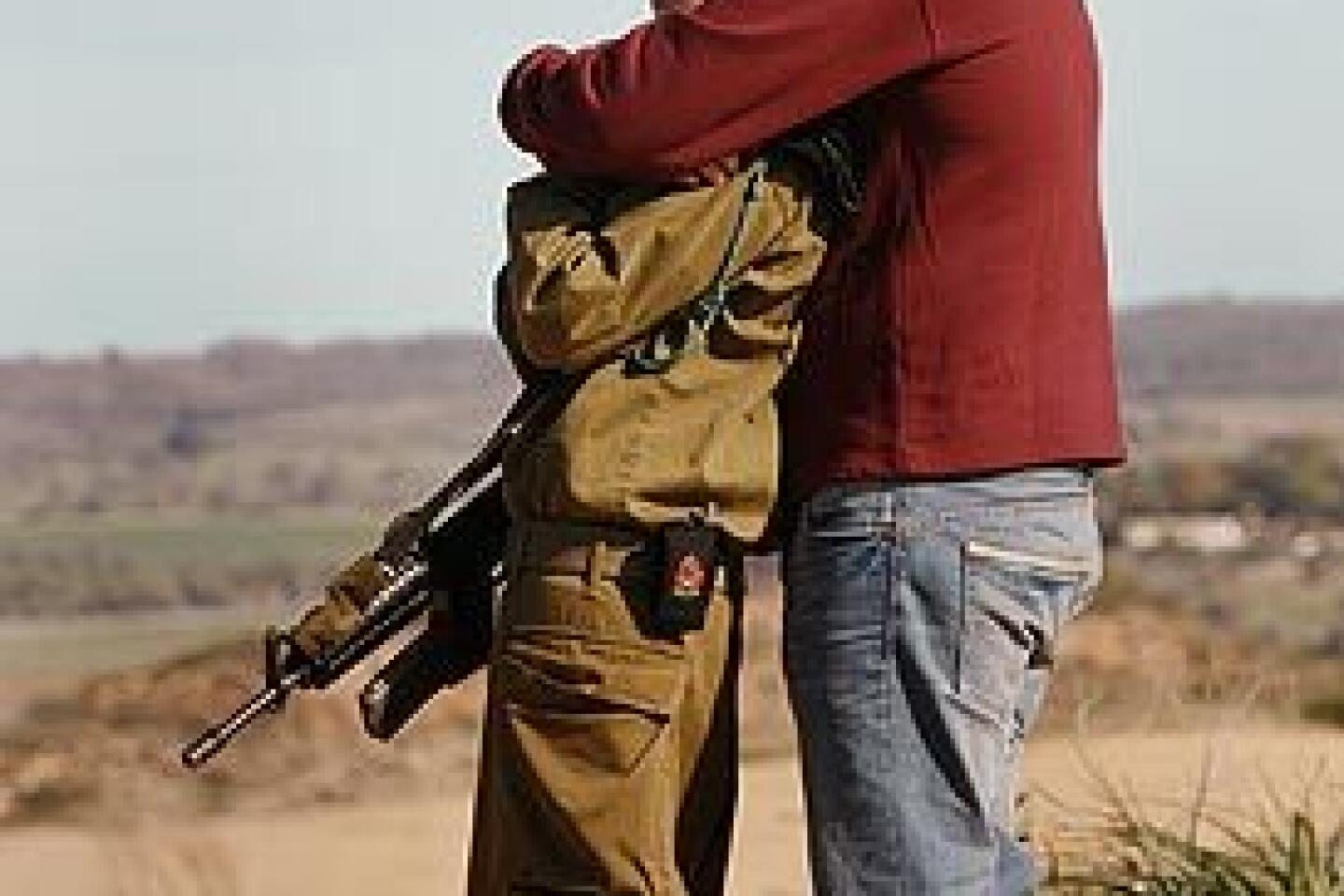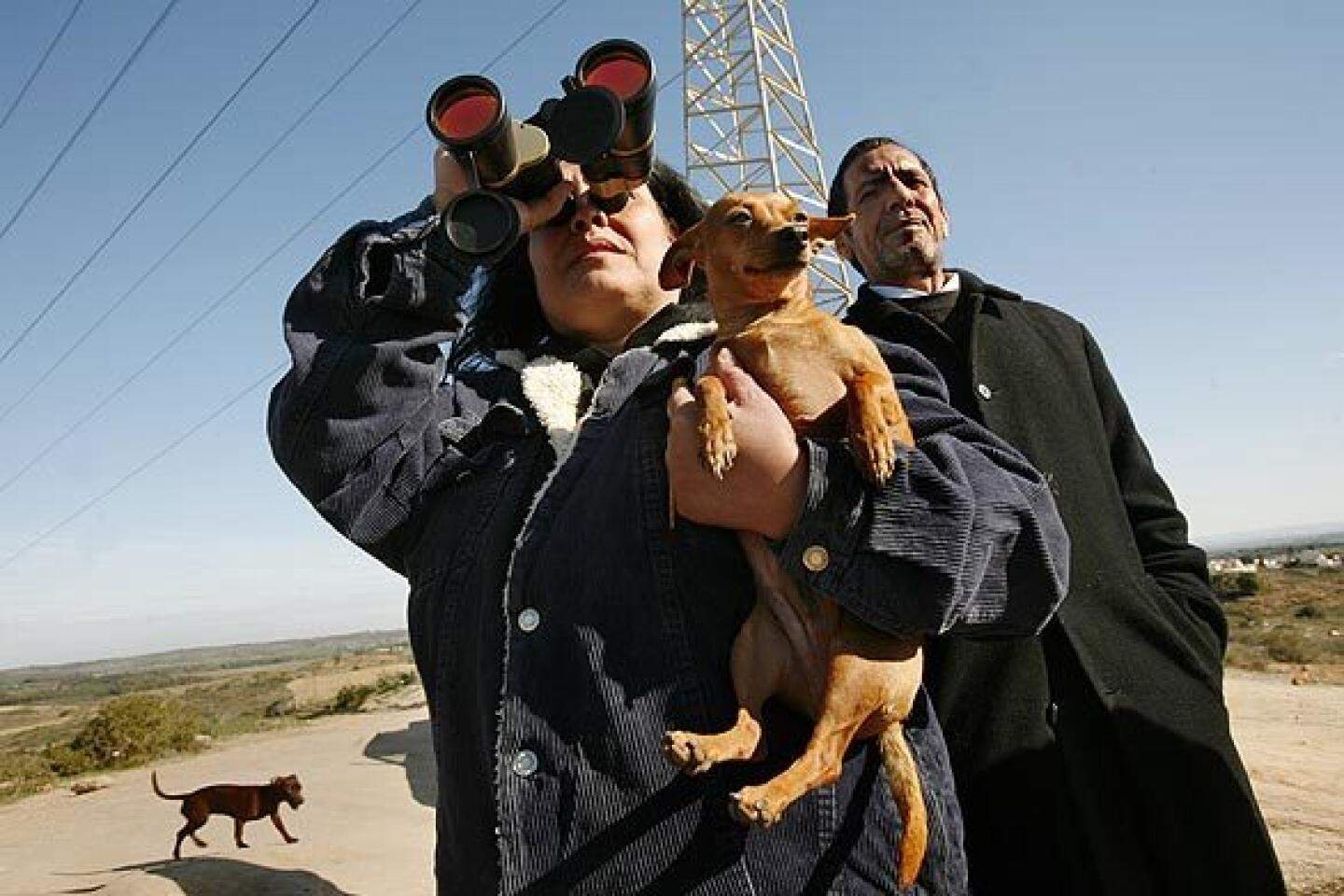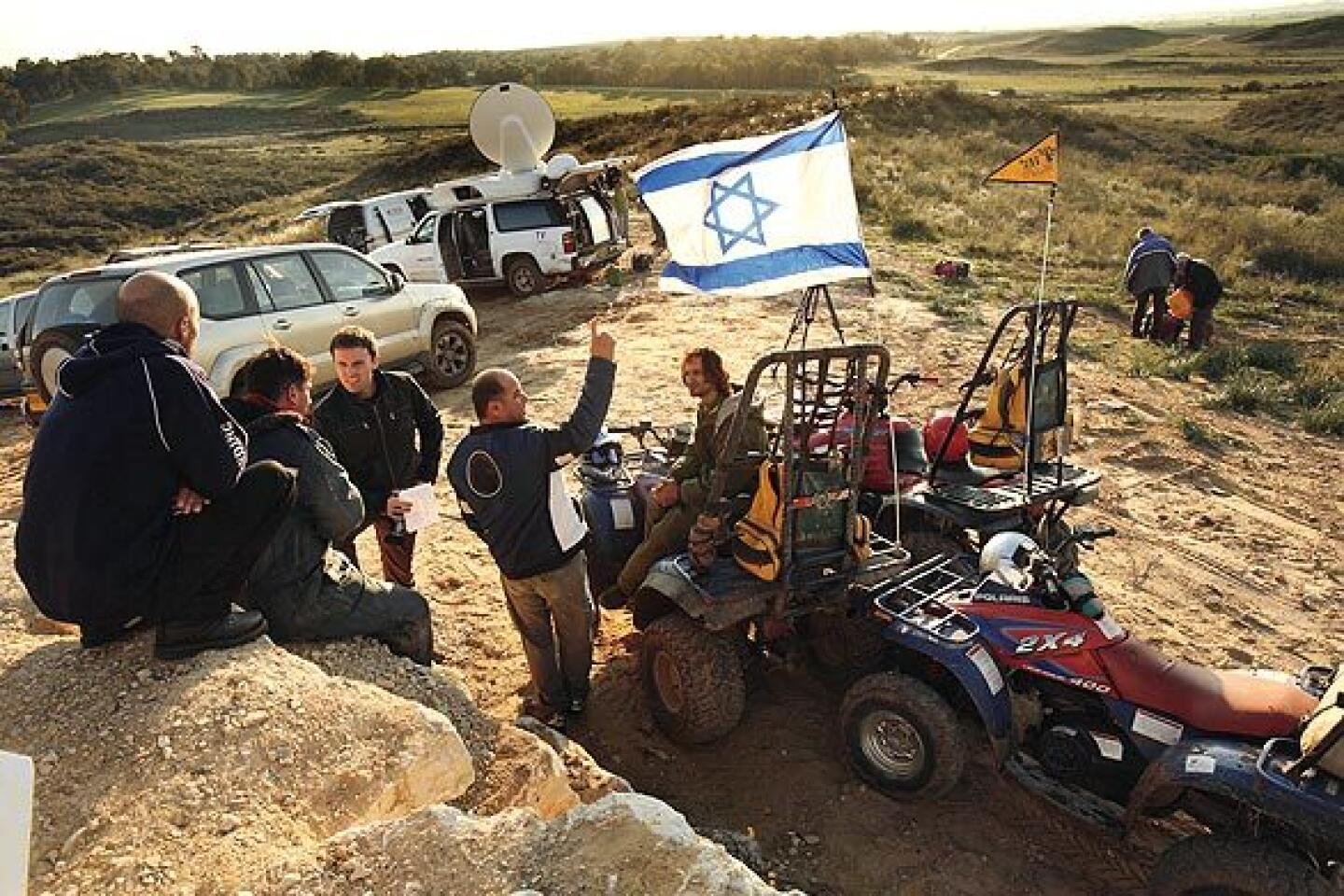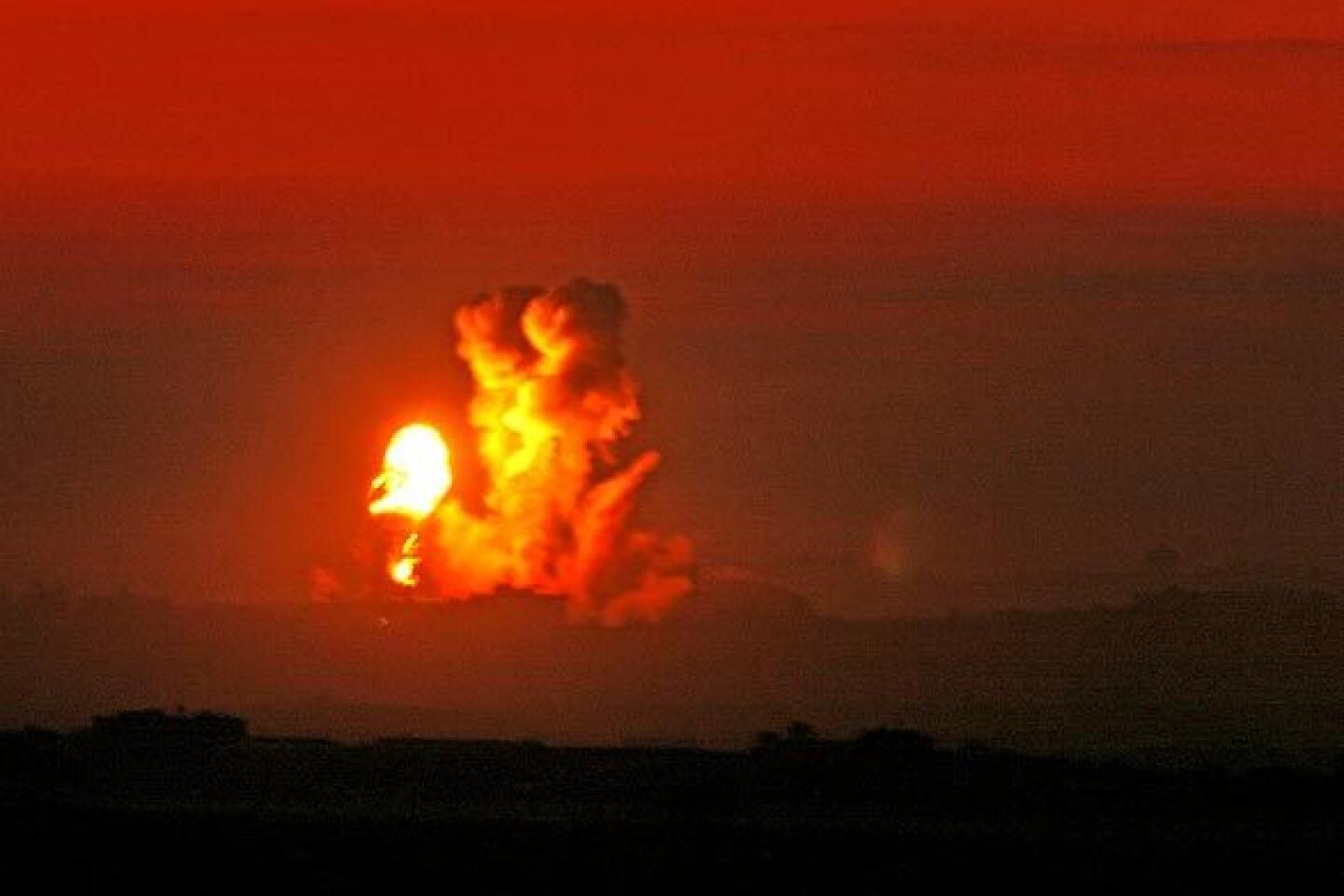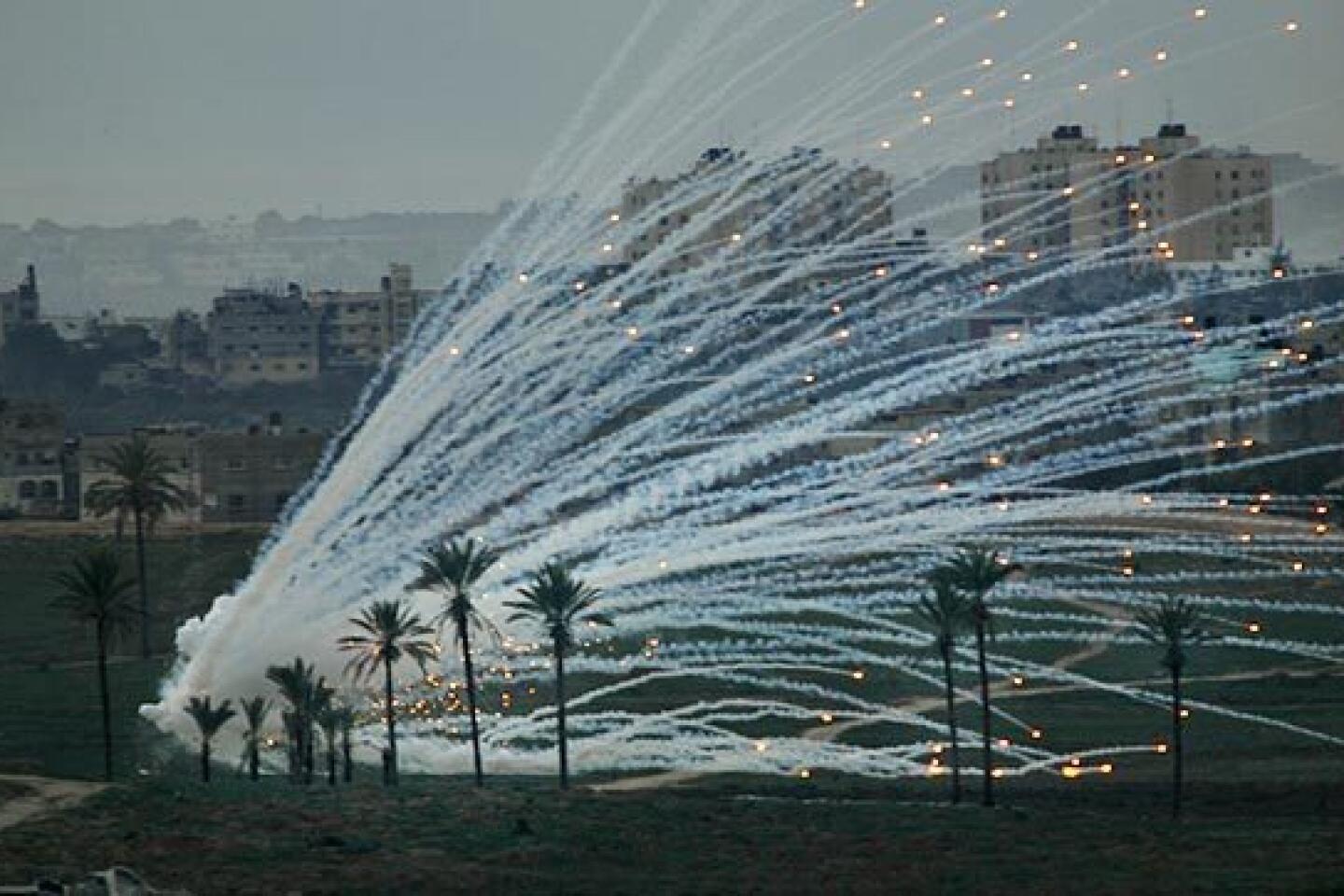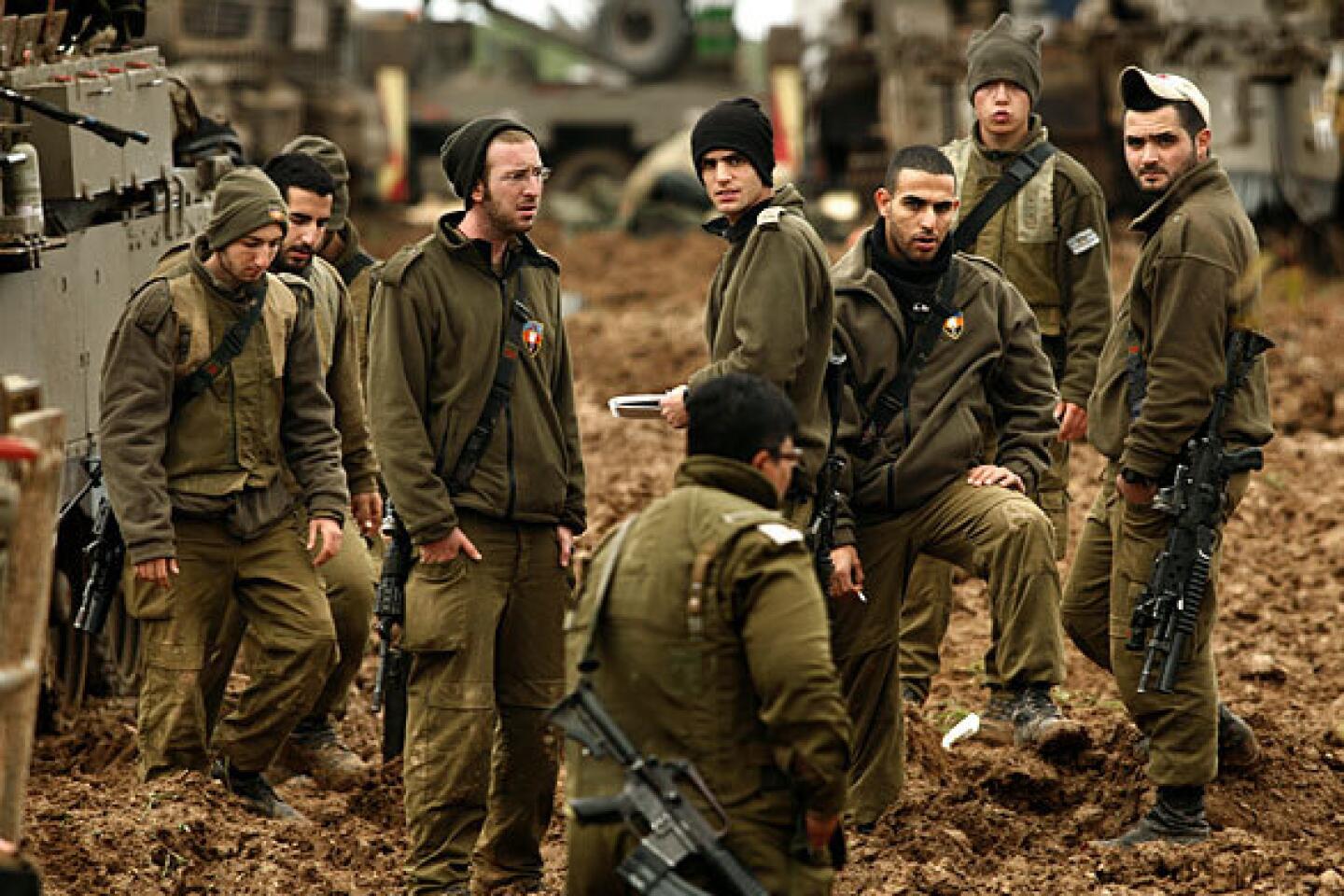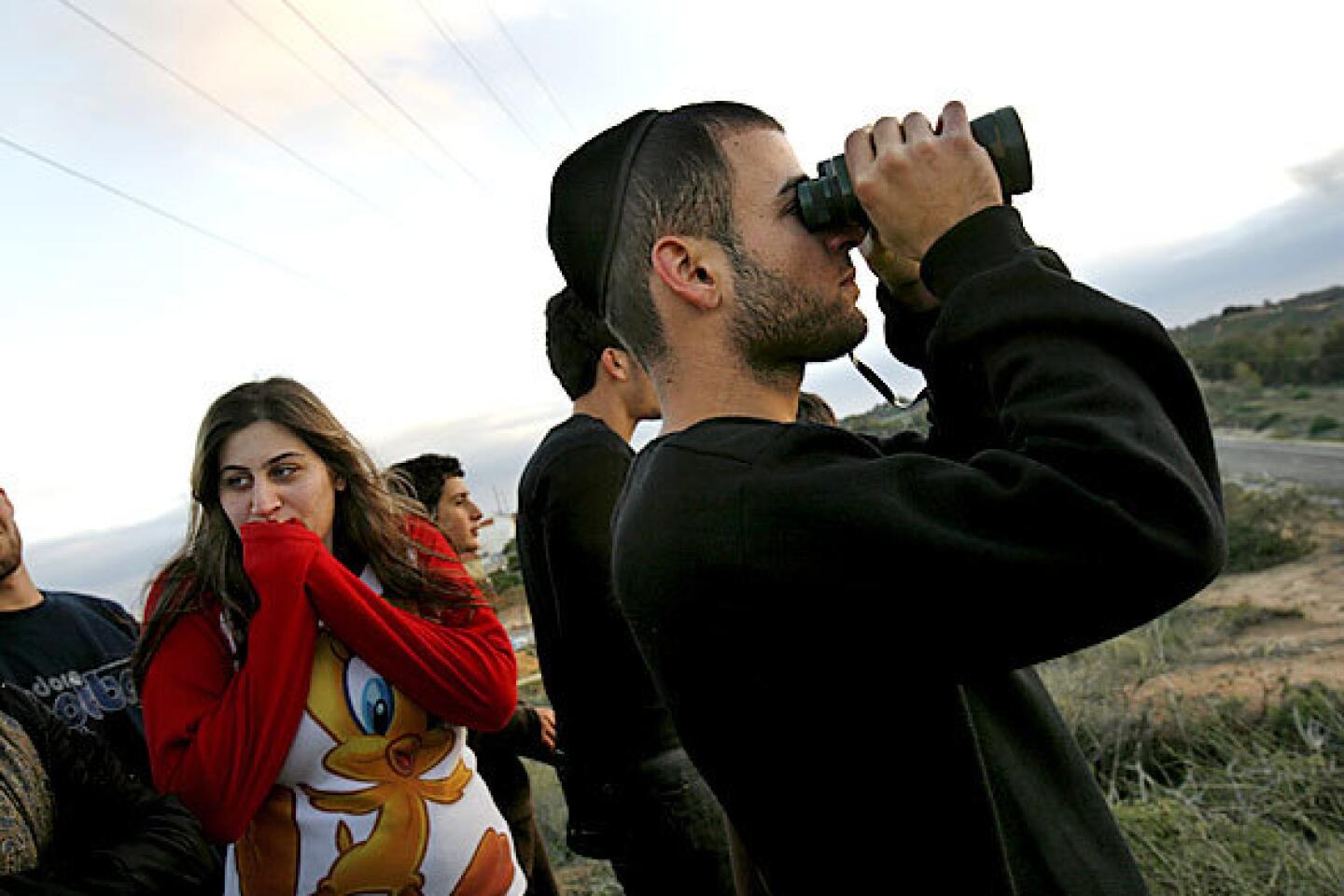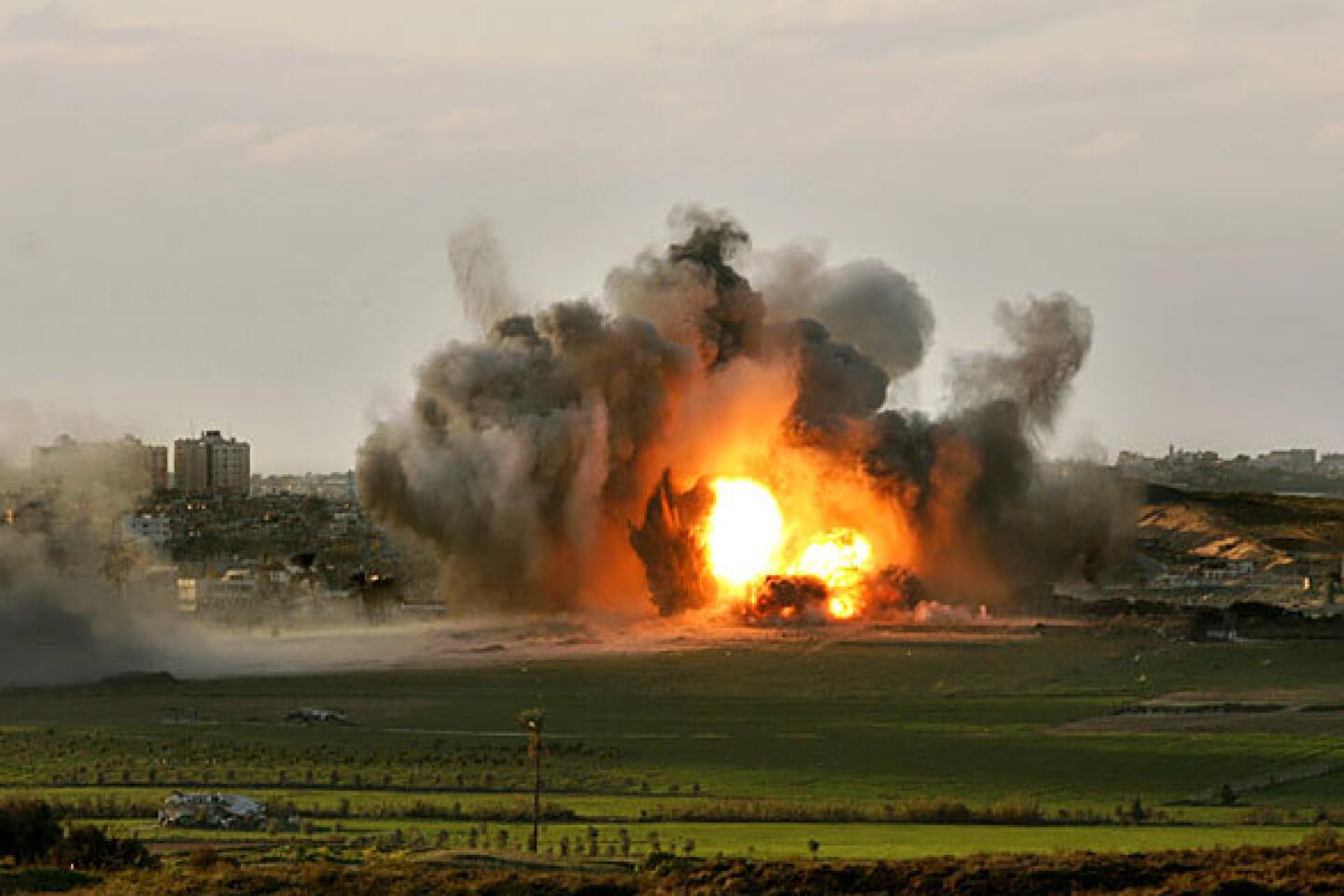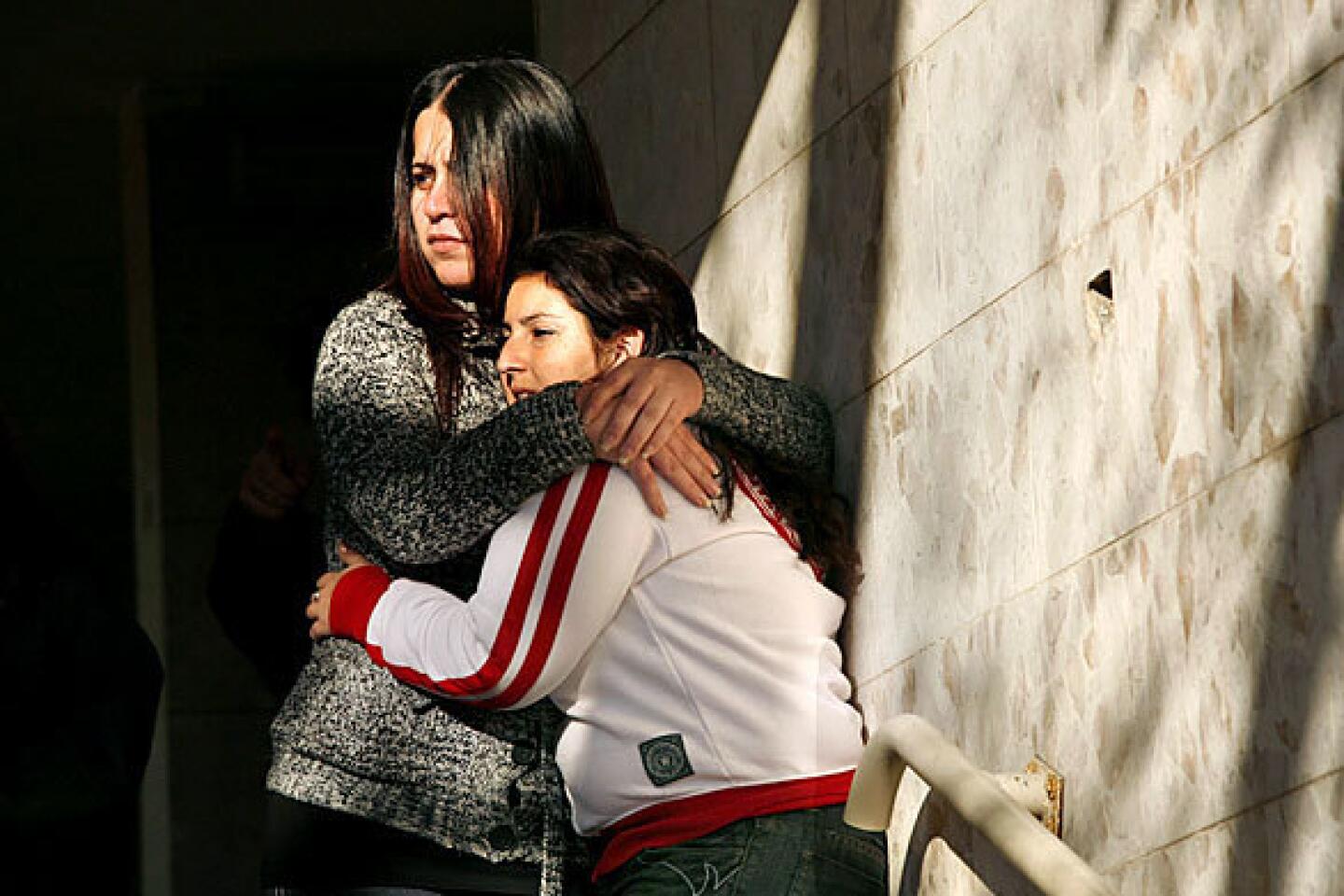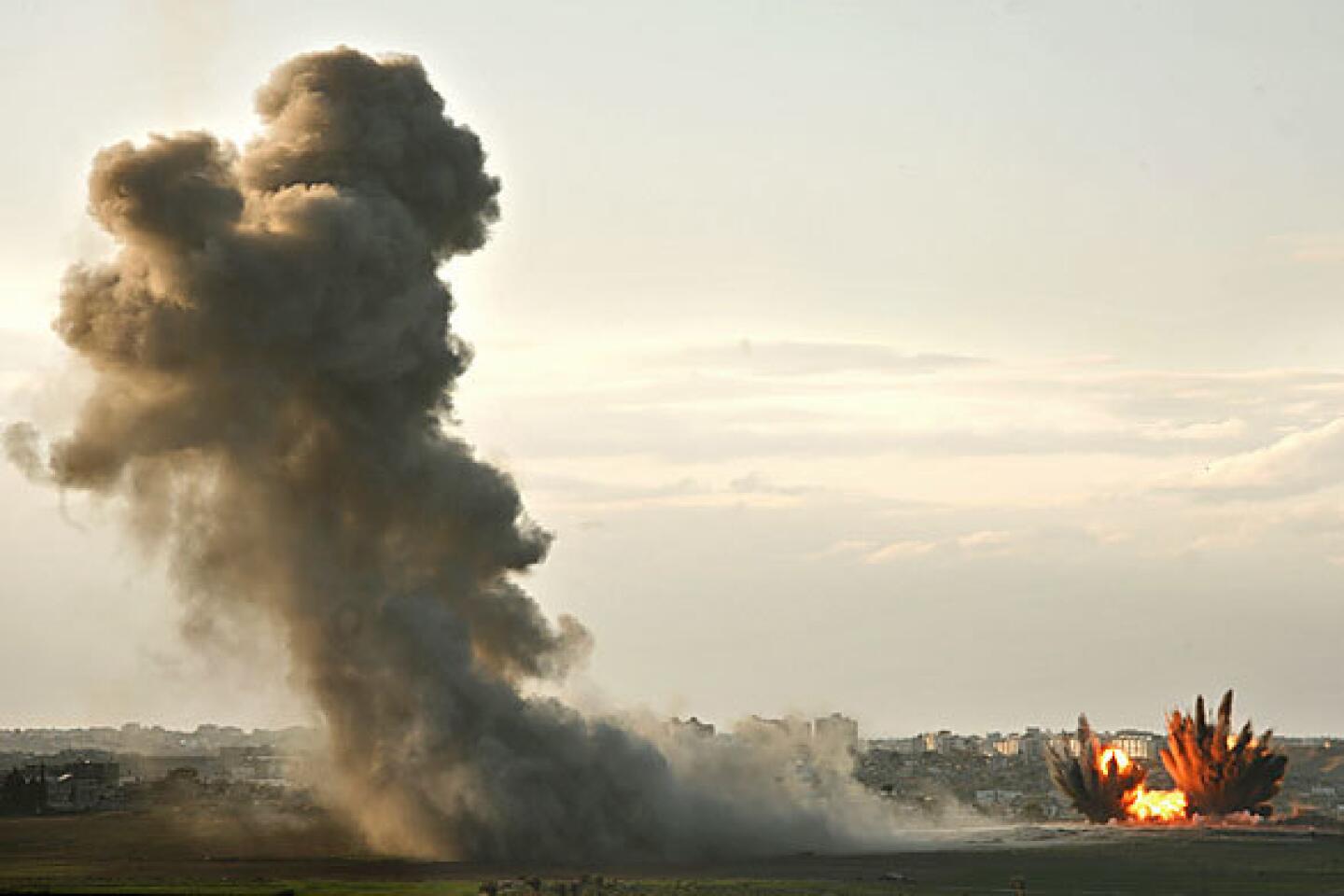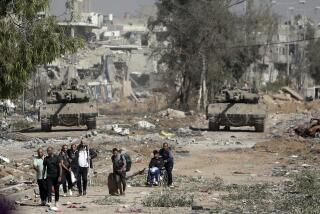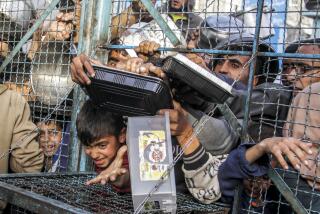A primer on Gaza and Israel
The conflict between Israel and Hamas seems no closer to resolution. Here are answers to some of the key questions associated with the crisis earlier this year.
How did we get here?
On Dec. 27, Israel began a week of airstrikes against the Hamas movement, which controls the Gaza Strip, in response to rocket attacks against Israeli communities. On Saturday, Israeli ground forces invaded the Gaza Strip. By Monday, they had in effect cut the enclave into two sections.
What is the Gaza Strip?
The Gaza Strip is a sliver of land about 140 square miles along the Mediterranean Sea that Israel captured from Egypt during the 1967 Middle East War. Israel, which occupied the area until 2005, still controls most of the border and the airspace and access from the sea. It is currently controlled by Hamas.
What is Hamas?
Hamas is an acronym based on the Islamic Resistance Movement’s Arabic name. The Islamist group was founded in 1987 with a goal of destroying Israel. Hamas runs social service programs in Gaza and is a political party that won the Palestinian parliamentary elections in January 2006. Western governments consider Hamas a terrorist organization and have shunned the group because it has refused to formally accept Israel’s right to exist.
Does Hamas speak for all Palestinians?
No. Hamas gunmen took full control of Gaza in the summer of 2007 after the short-lived unity government with the secularist Fatah faction collapsed. Palestinian Authority President Mahmoud Abbas controls the West Bank, the larger Palestinian area. The West would prefer to deal with Abbas, who has shown a willingness to negotiate with Israel, and it has tried to topple Hamas with economic and political sanctions.
So, why is Israel attacking Hamas?
Israeli officials maintain that they were forced to act to curb the Hamas rocket attacks, which they say put 900,000 Israeli citizens at risk. Officials say two broad principles need to be met before the Israeli operation can end: The rocket attacks must stop and Hamas cannot rearm after Israel withdraws. Specifically, Israel wants a system of tunnels used to smuggle weapons, supplies and people destroyed and an end to Hamas’s ability to ever launch rockets.
What does Hamas want?
Hamas wants an end to Israel’s economic blockade of the Gaza Strip. Hamas had agreed to a cease-fire in the hope that the blockade would be ended through negotiations. But talks failed and the cease-fire collapsed in November and formally expired Dec. 19. Abbas has blamed Hamas for prompting the Israeli attack by refusing to extend the cease-fire, which had been negotiated with Egypt’s help.
What has been the response to the Israeli attacks in the Arab world?
Syria and Iran are strong supporters of Hamas, and Syria has broken off indirect talks with Israel mediated by Turkey and aimed at resolving border issues stemming from past wars. There have been anti-Israel and anti-U.S. demonstrations across the Arab world.
What about Egypt?
Egypt has opposed Islamic radical groups, including its own Muslim Brotherhood, which helped give birth to Hamas. Egypt has had a difficult relationship with Hamas-controlled Gaza because they share a border. In the current conflict, clashes have been reported between Palestinians and Egyptian security forces at the border crossing, and Egypt has prevented Gazans fleeing the Israeli attacks from crossing into its territory.
What about the U.S.?
President Bush will leave office Jan. 20 and will be succeeded by President-elect Barack Obama. The changing of the guard has created a bit of a power vacuum, but U.S. officials have been firm in backing Israel and denouncing Hamas.
A U.S.-backed plan is being discussed in capitals throughout the region and at the United Nations. The plan, details of which still have not been announced, is based on giving each side some of what it wants. The rockets would stop, the use of tunnels would be curtailed and the border crossings into Gaza would be opened.
What about the Obama administration?
Obama has repeatedly said that the United States can have only one president at a time and that Bush is in charge until the inauguration. But the Israeli-Hamas conflict could present an early test for Obama and his expected secretary of State, Hillary Rodham Clinton.
During the presidential campaign, Obama insisted that he was a strong ally of Israel despite rumors that he would be more receptive to the Palestinian position. Obama has said he would like to give a speech in the Muslim world in hope of repairing a relationship strained by several issues, including the Iraq war.
How do Israeli politics figure in the equation?
Israel is scheduled to hold parliamentary elections Feb. 10, with hawkish former Prime Minister Benjamin Netanyahu a favorite to return to power, according to some polls. Other candidates include Foreign Minister Tzipi Livni and Defense Minister Ehud Barak. Barak is leading the military operation, and his candidacy could benefit if the offensive succeeds in stopping the rockets. An Israeli television poll showed 81% of respondents backed the campaign against Hamas.
More to Read
Start your day right
Sign up for Essential California for news, features and recommendations from the L.A. Times and beyond in your inbox six days a week.
You may occasionally receive promotional content from the Los Angeles Times.
